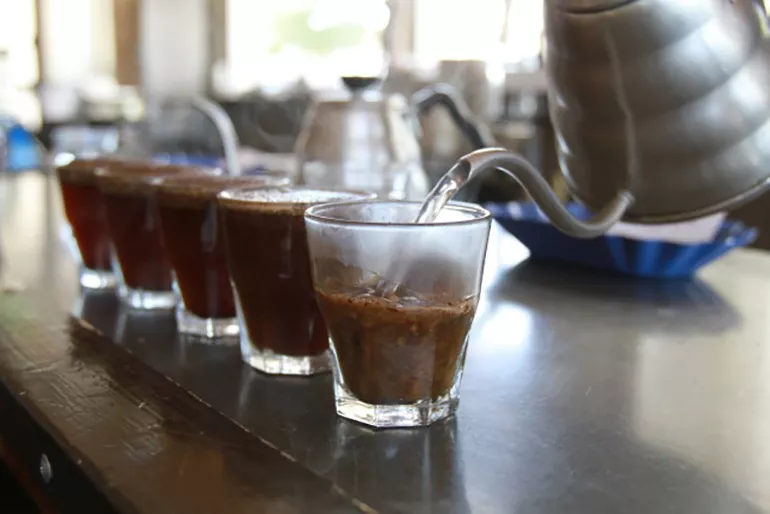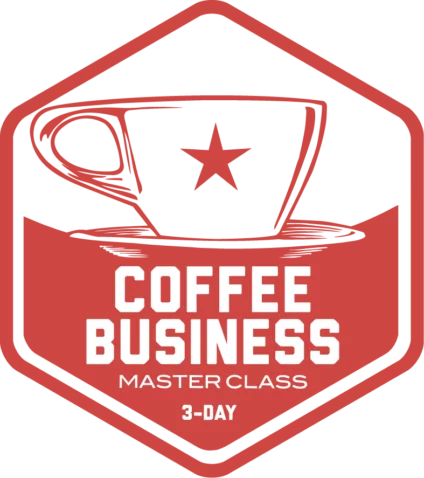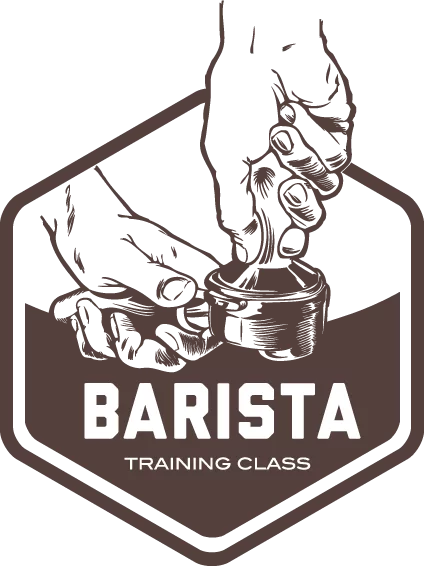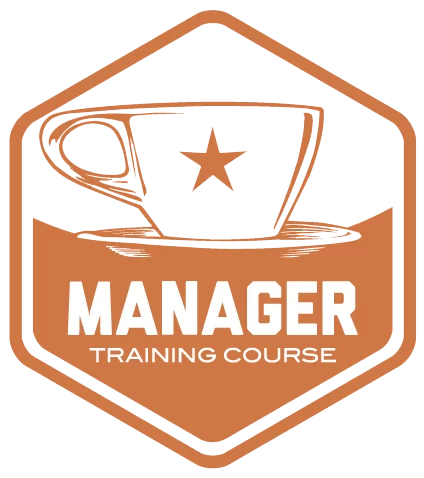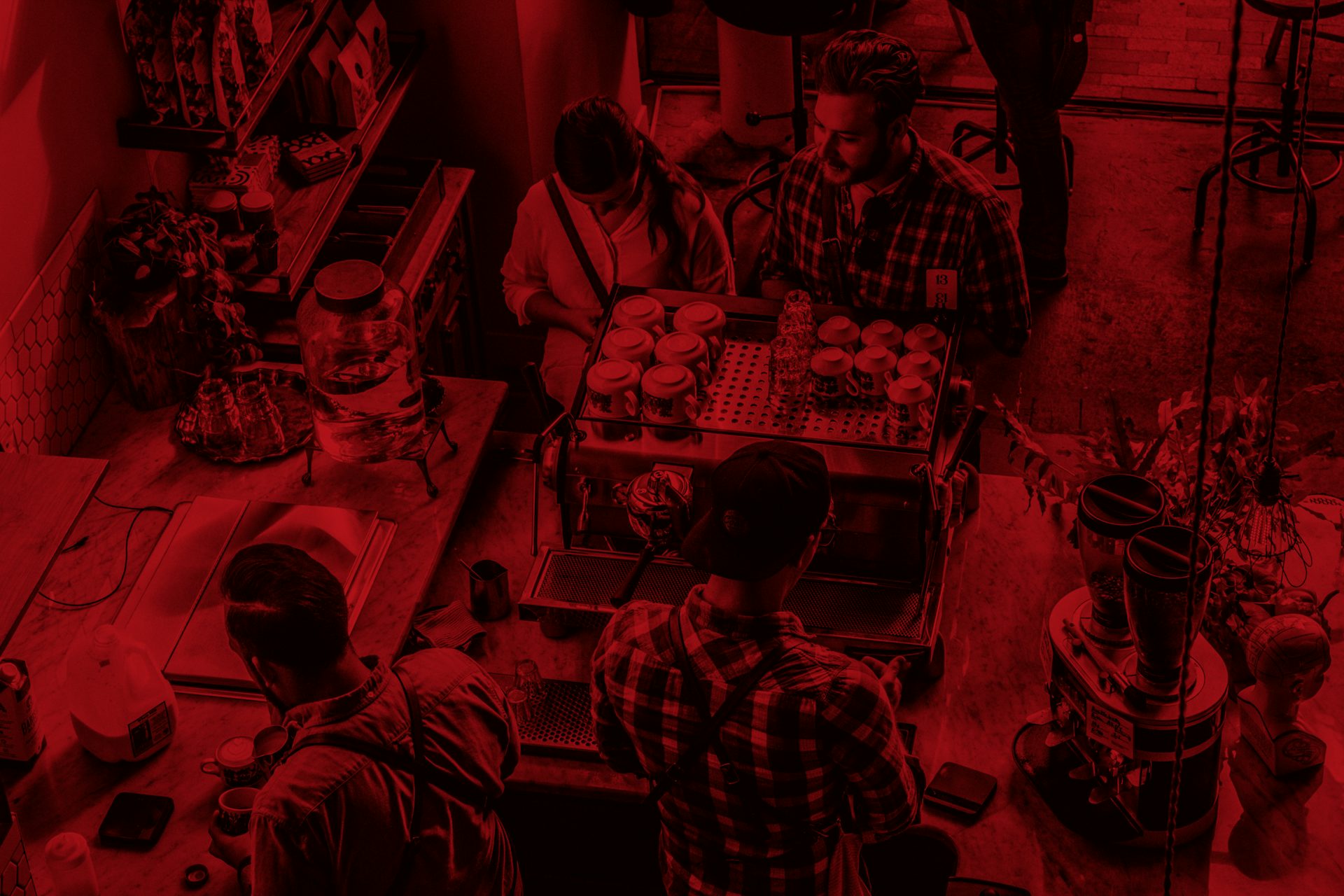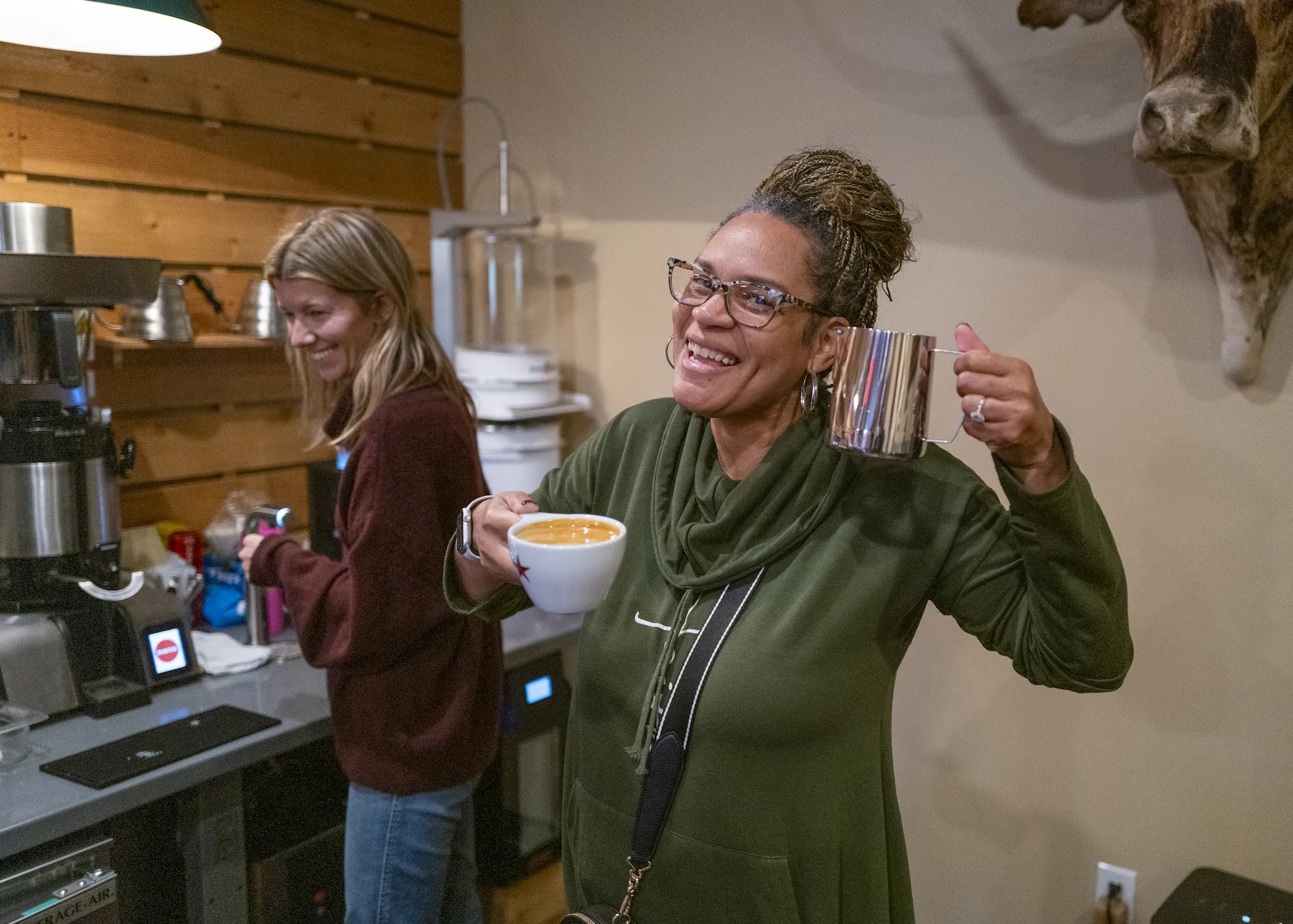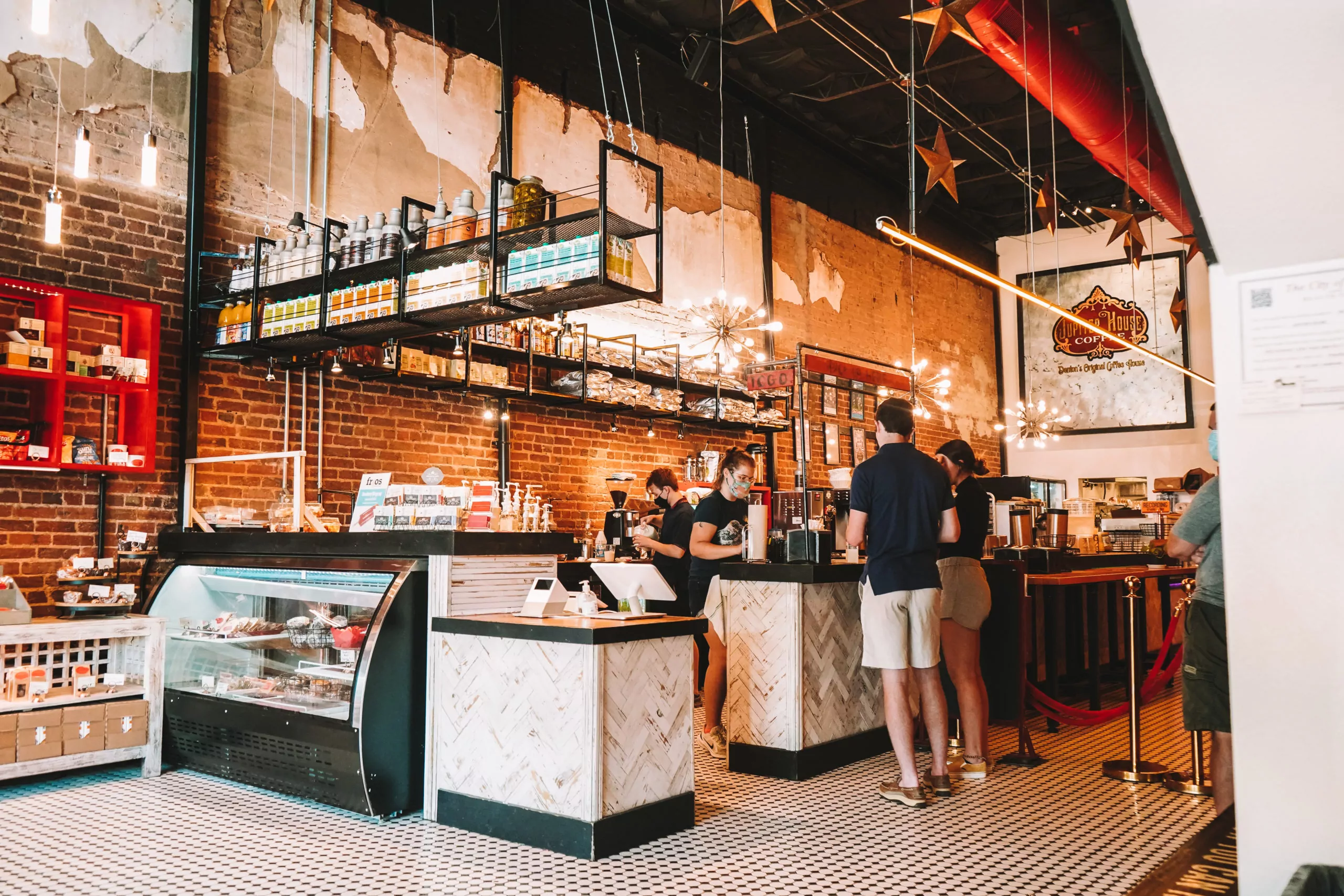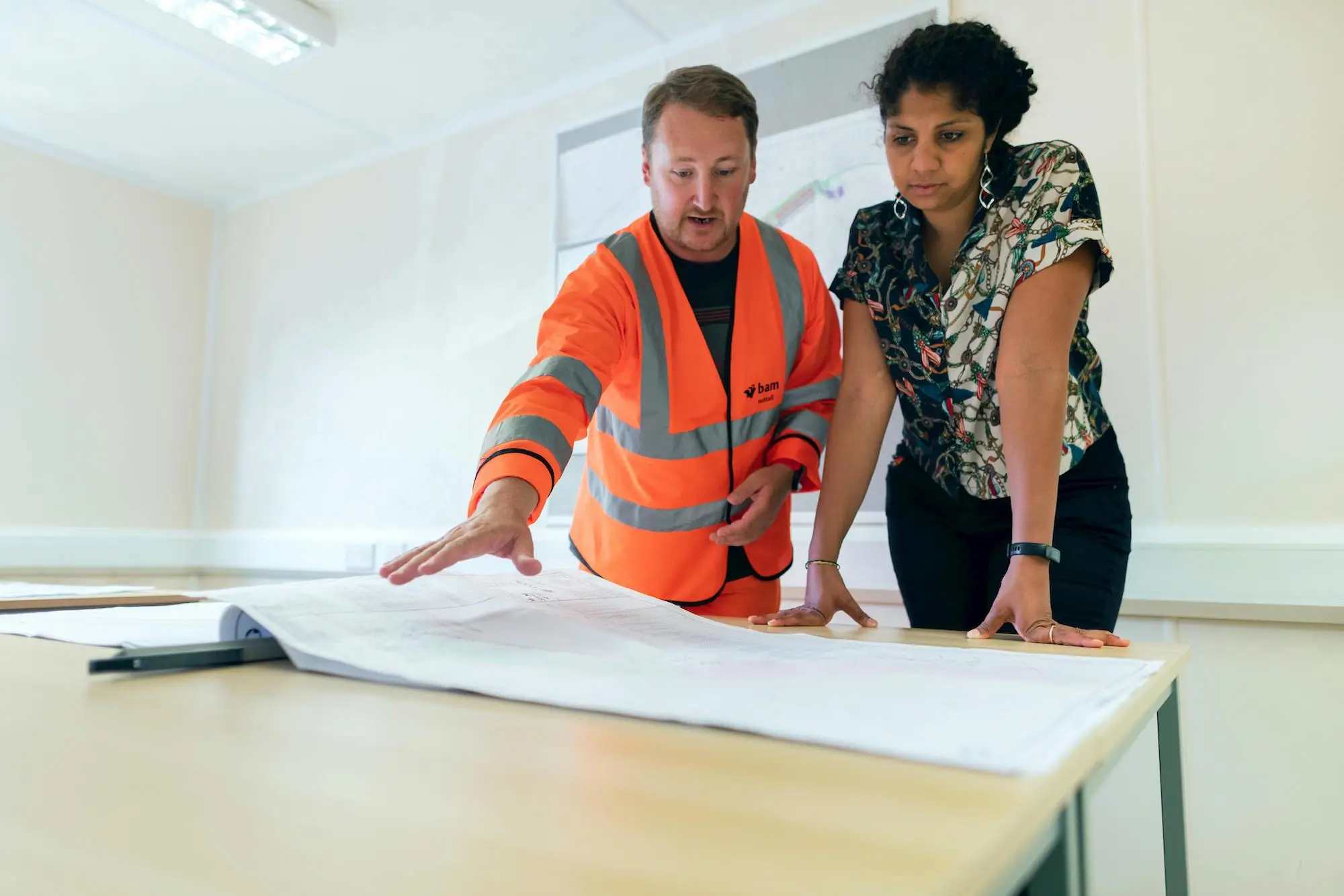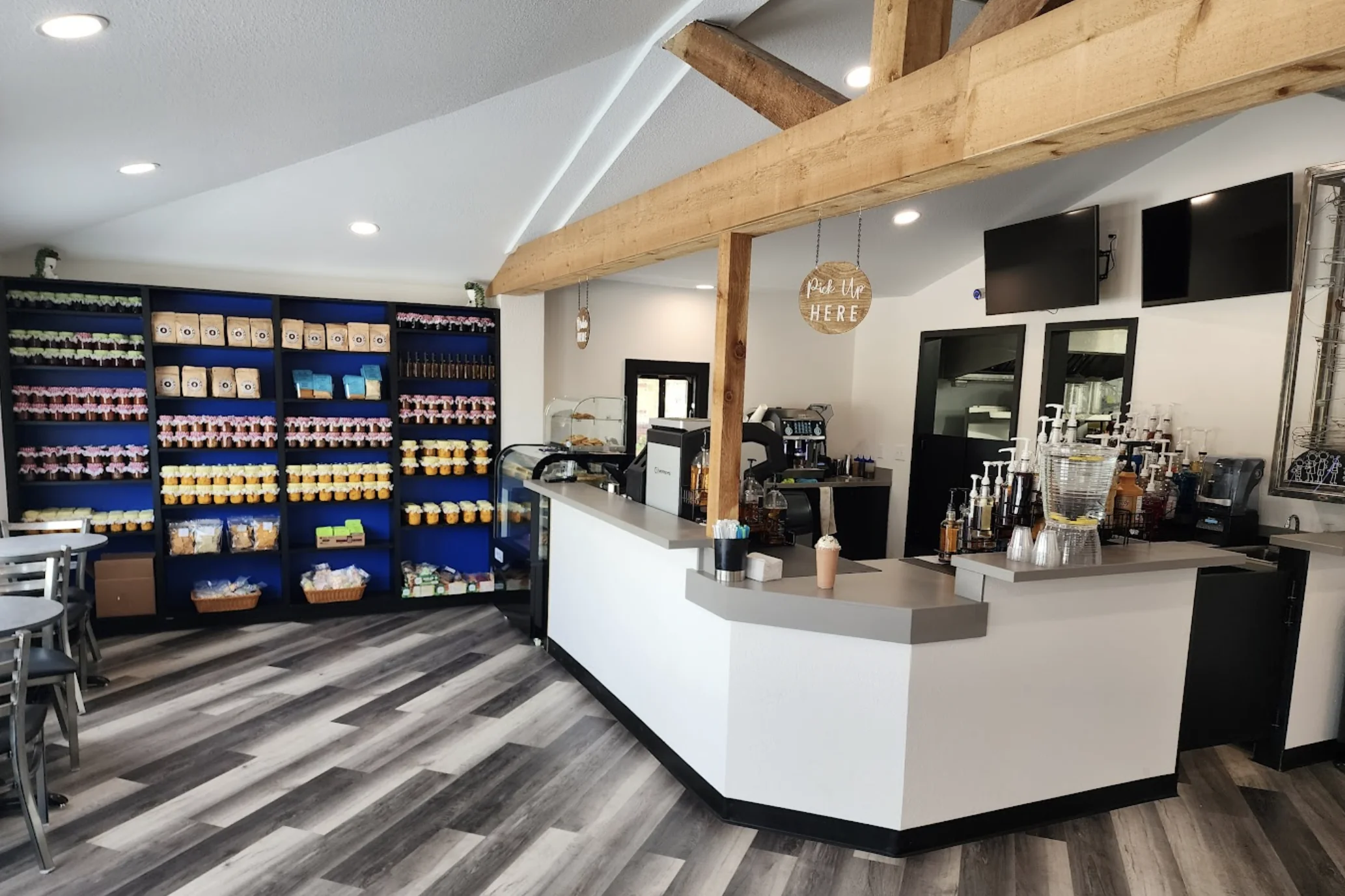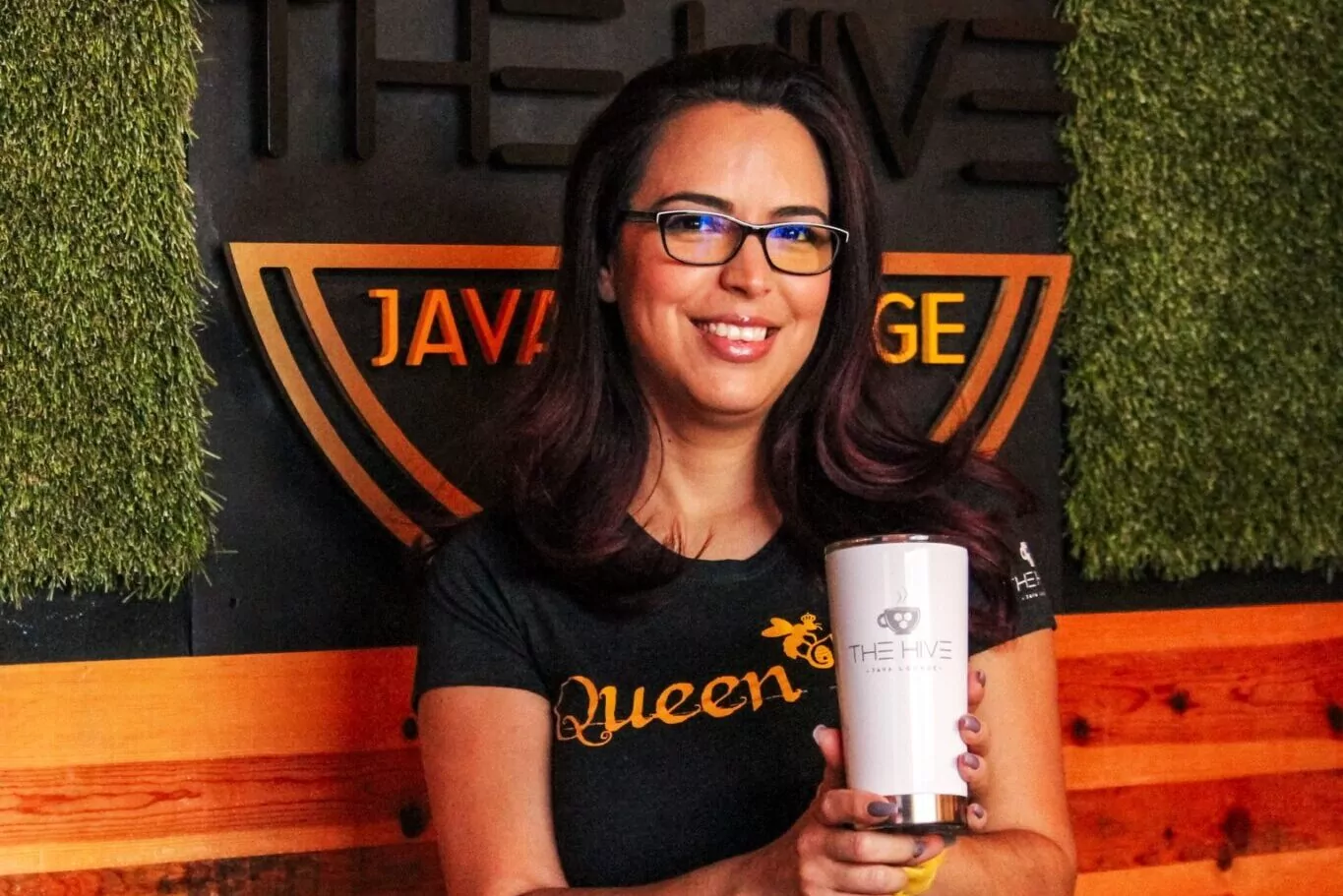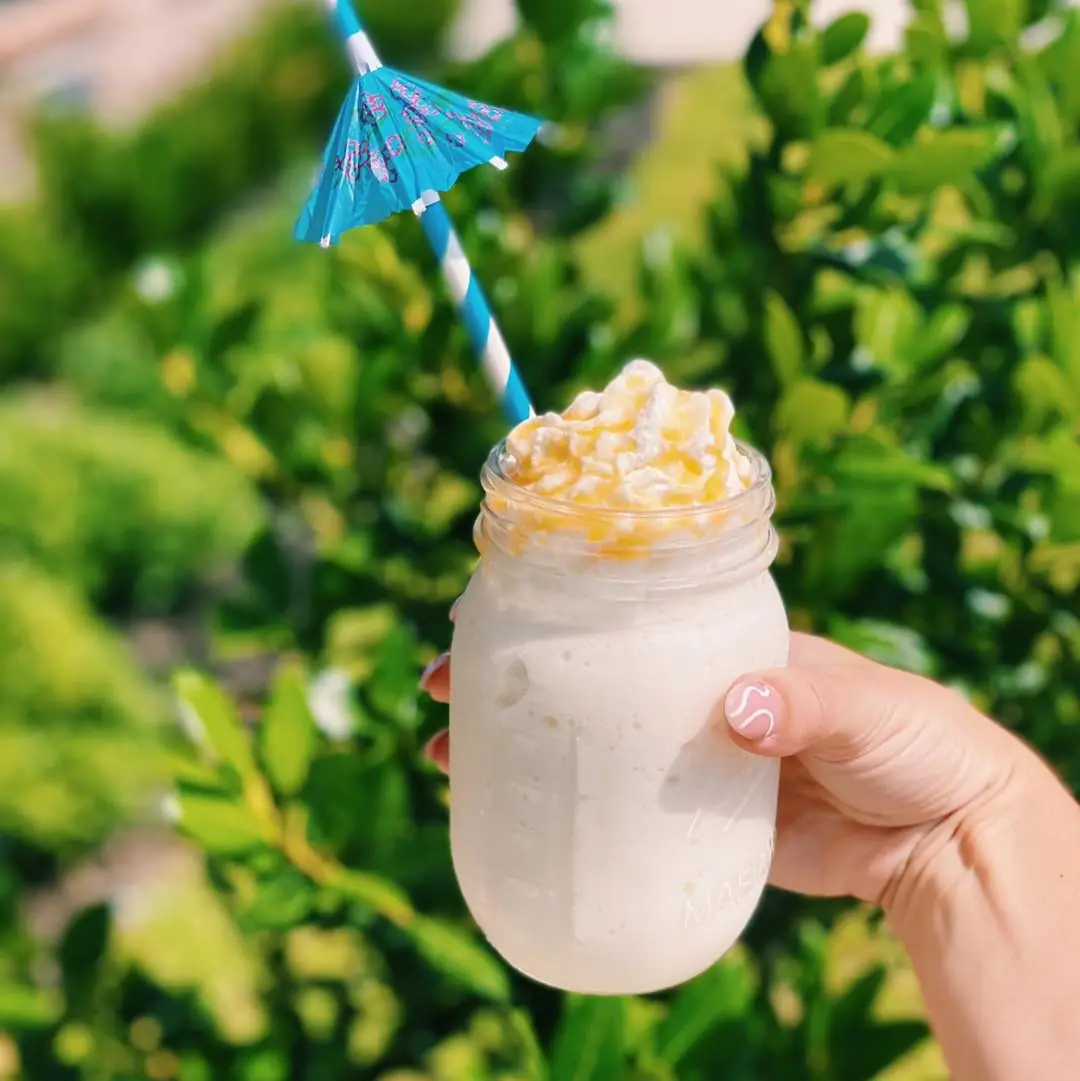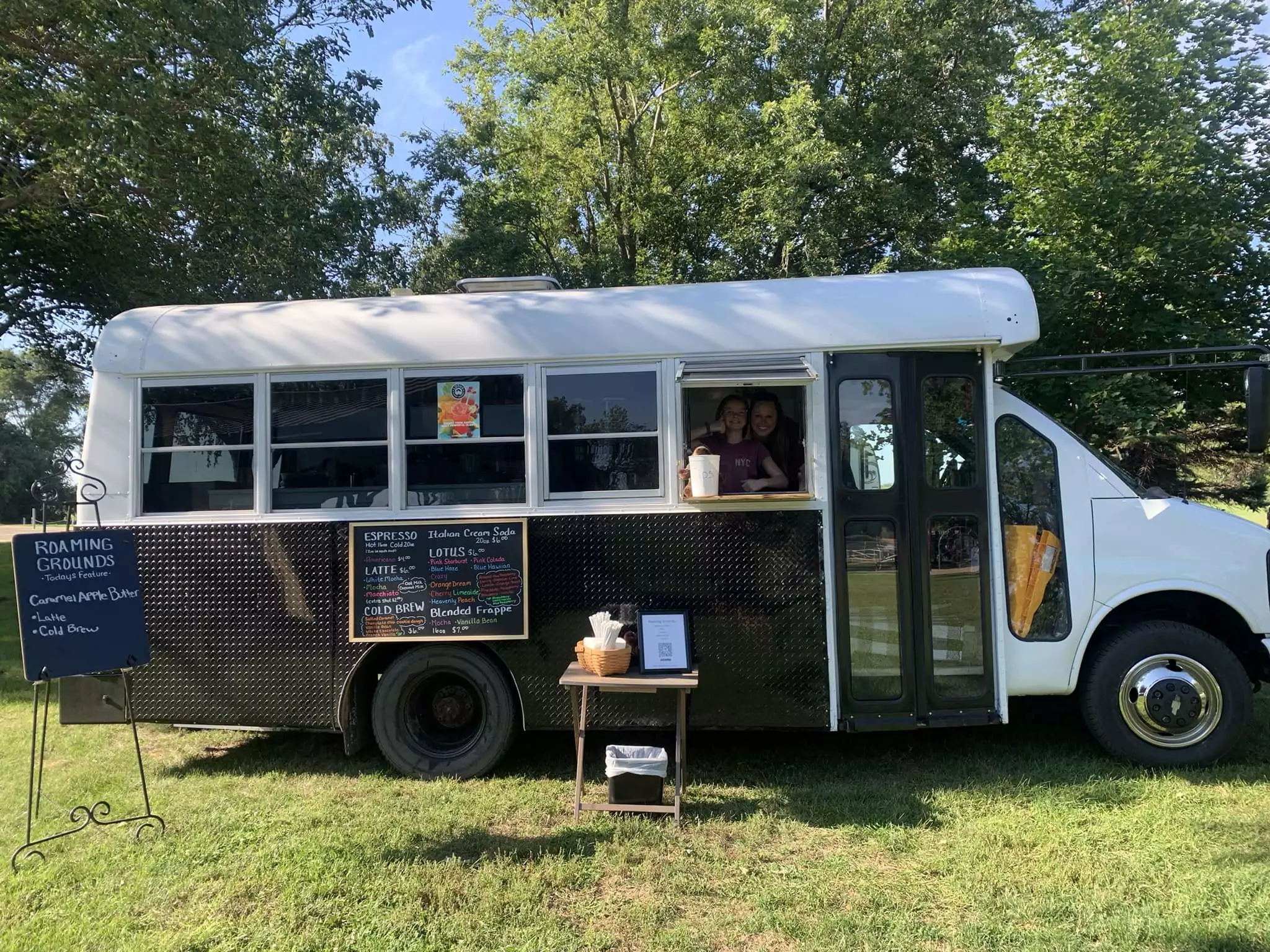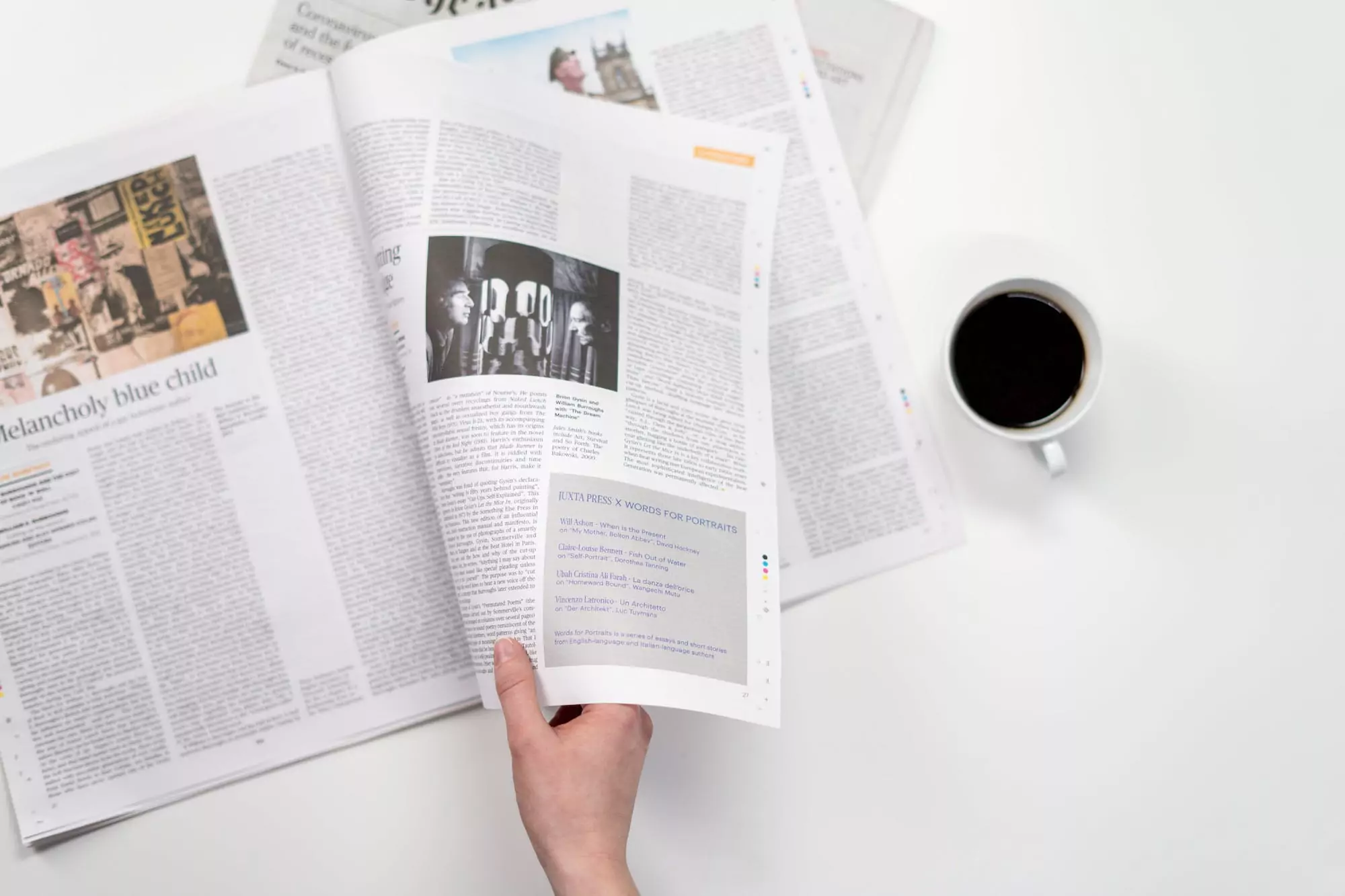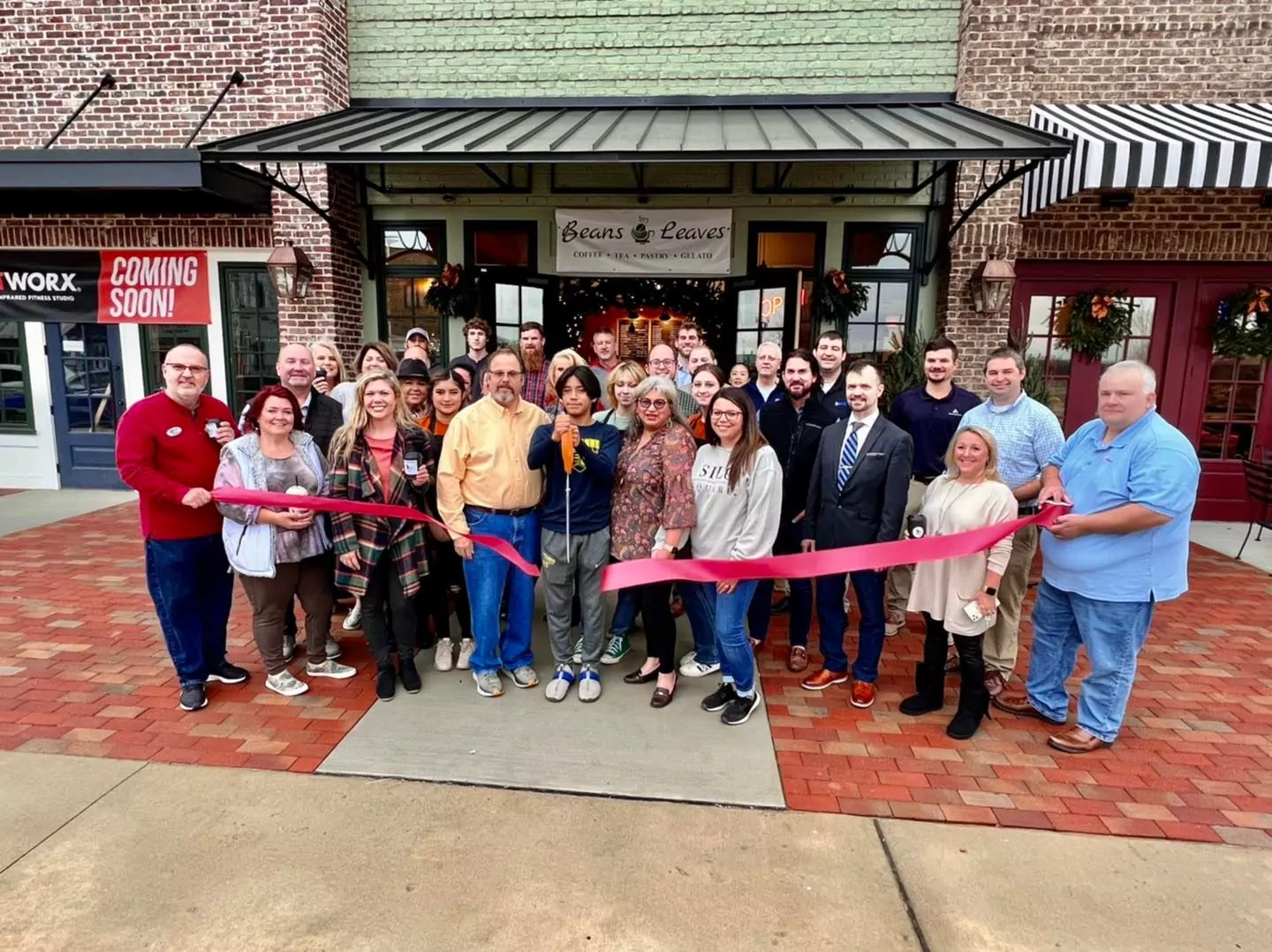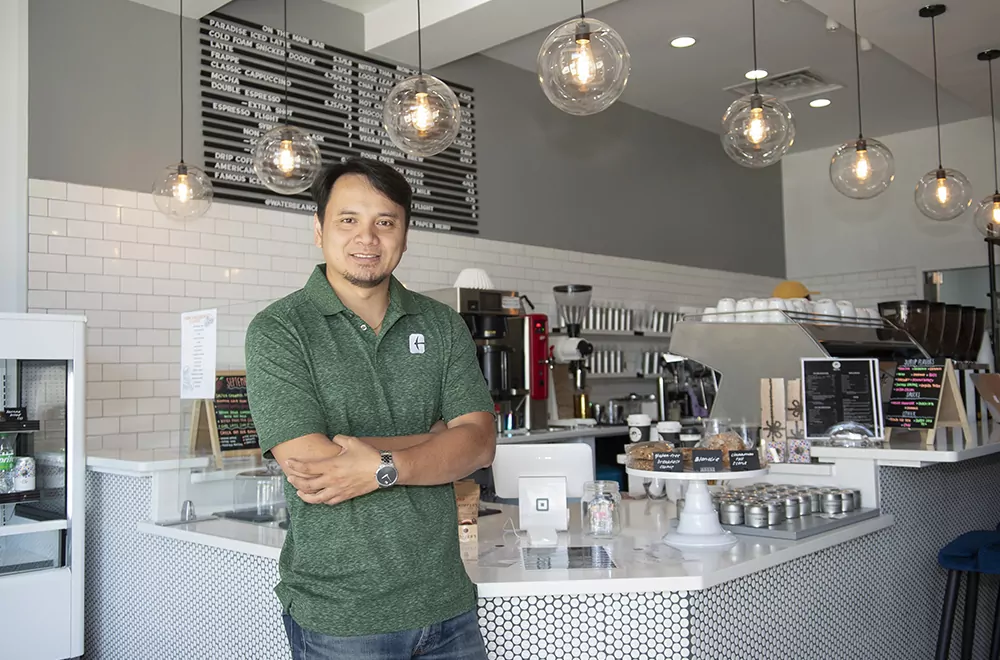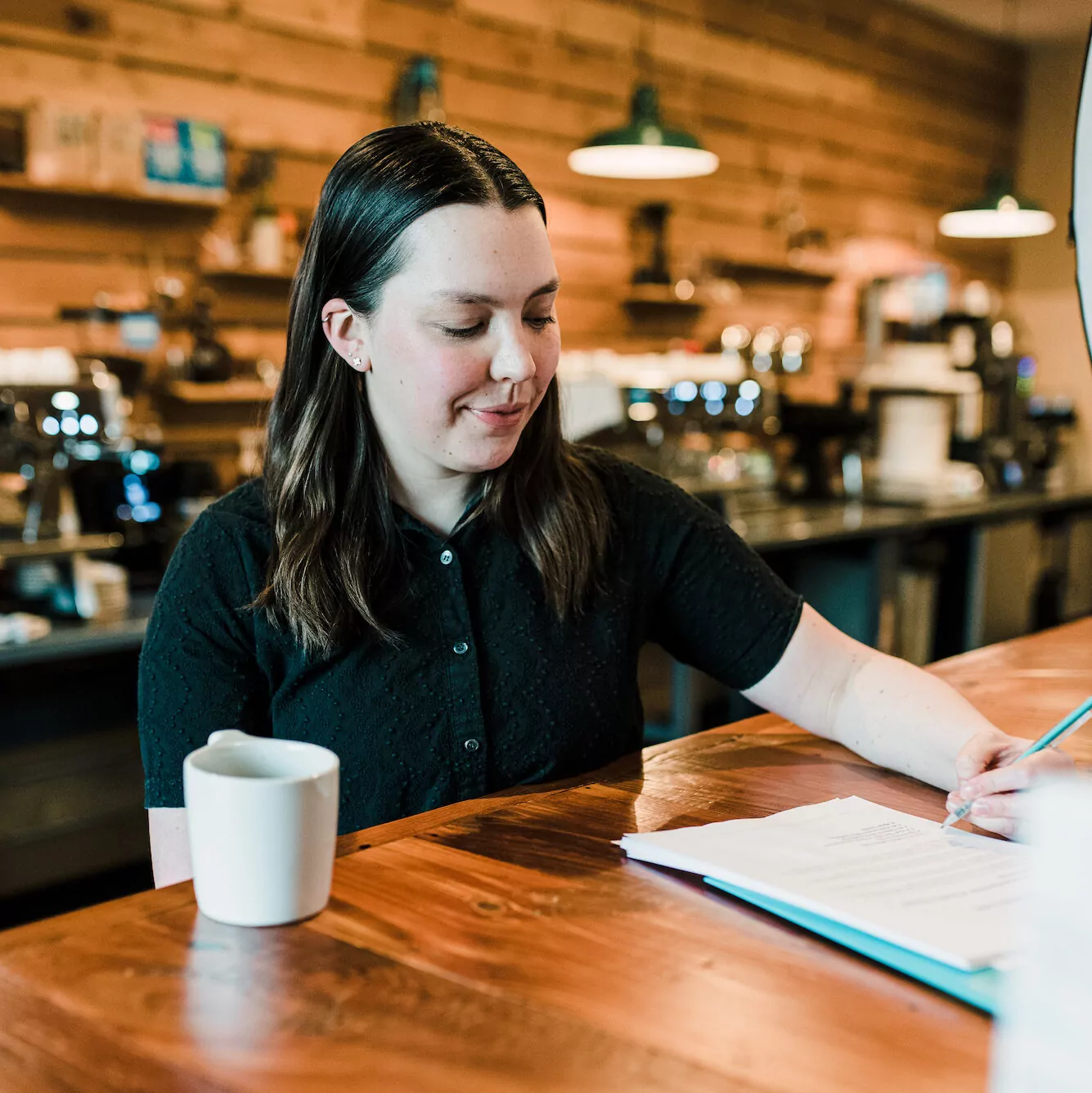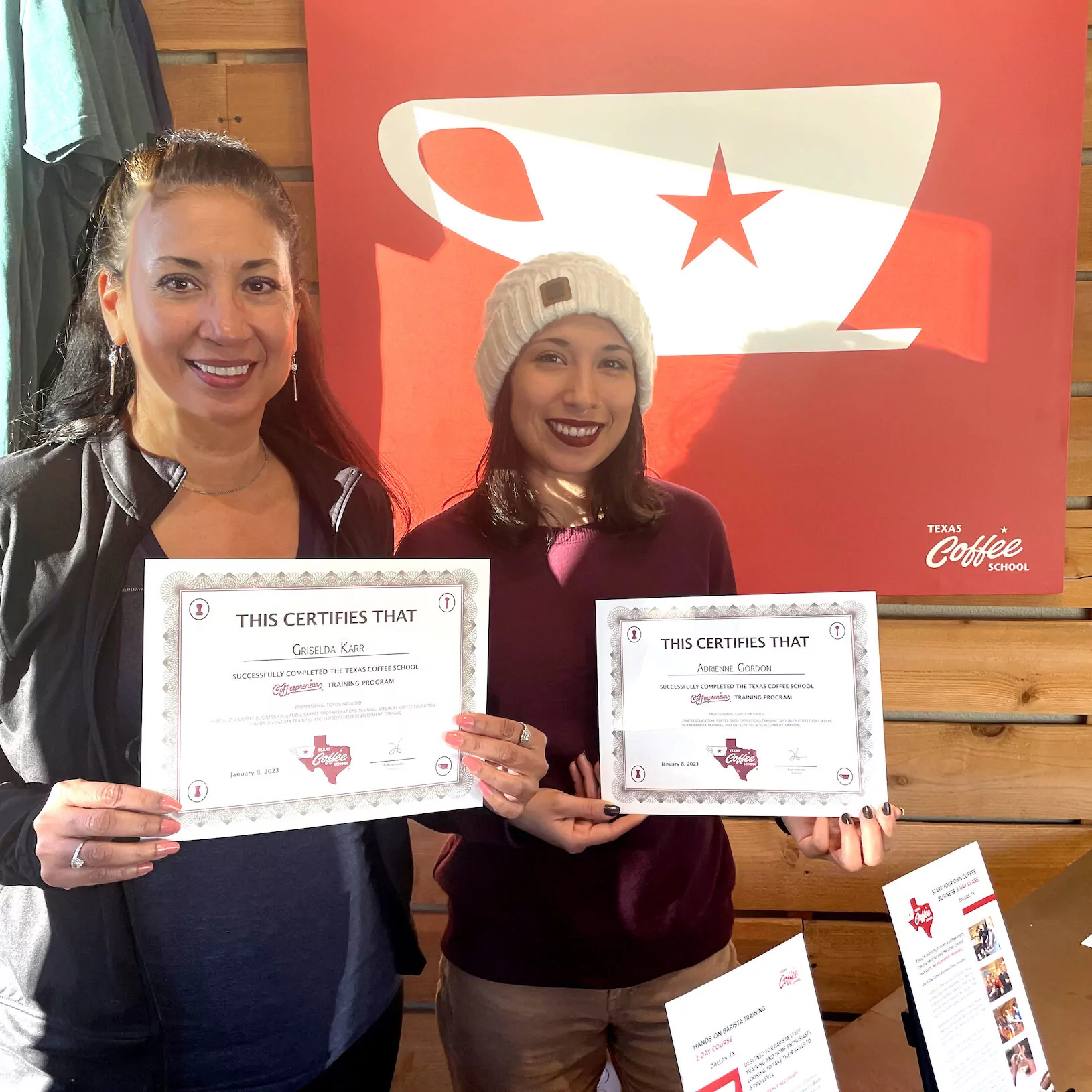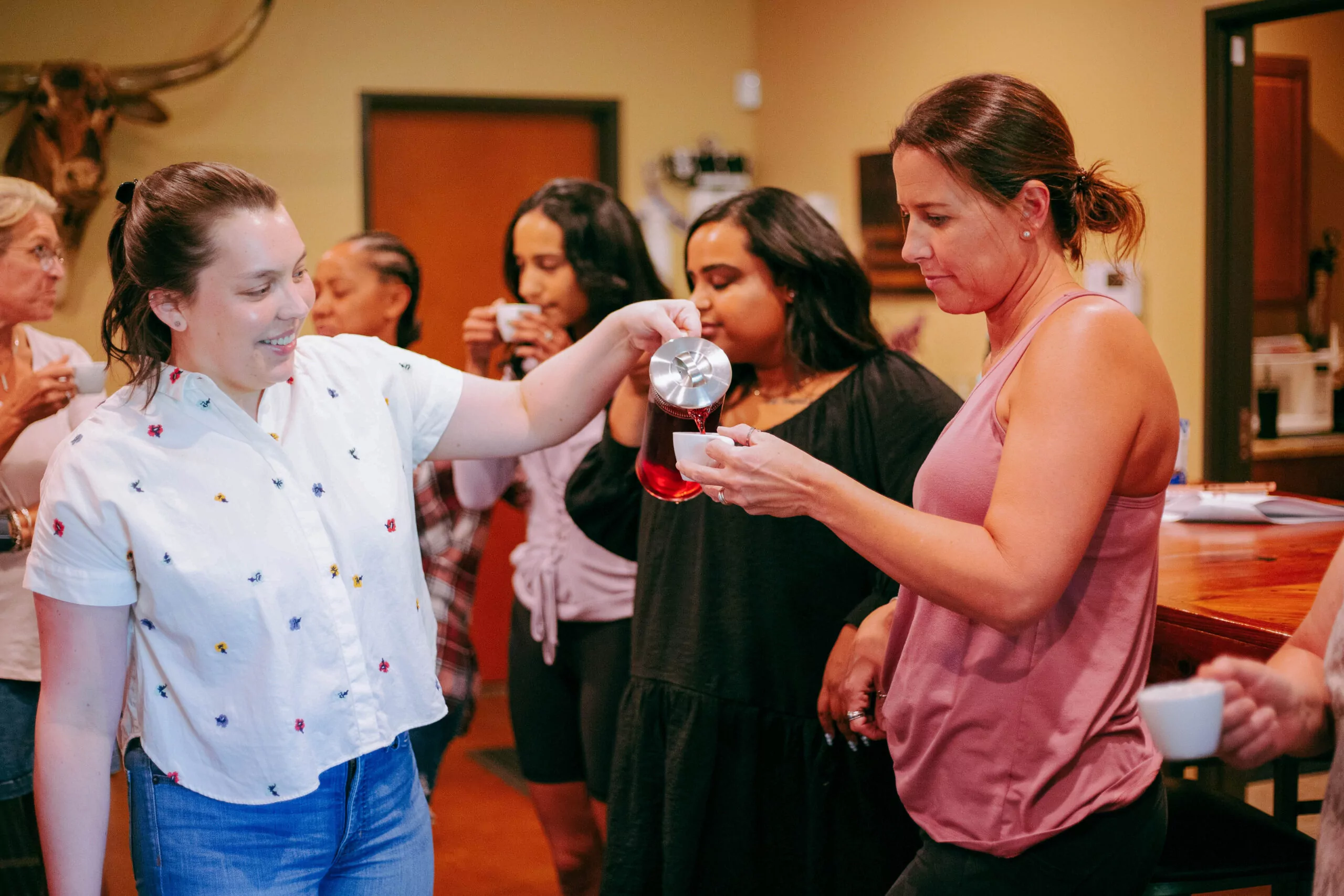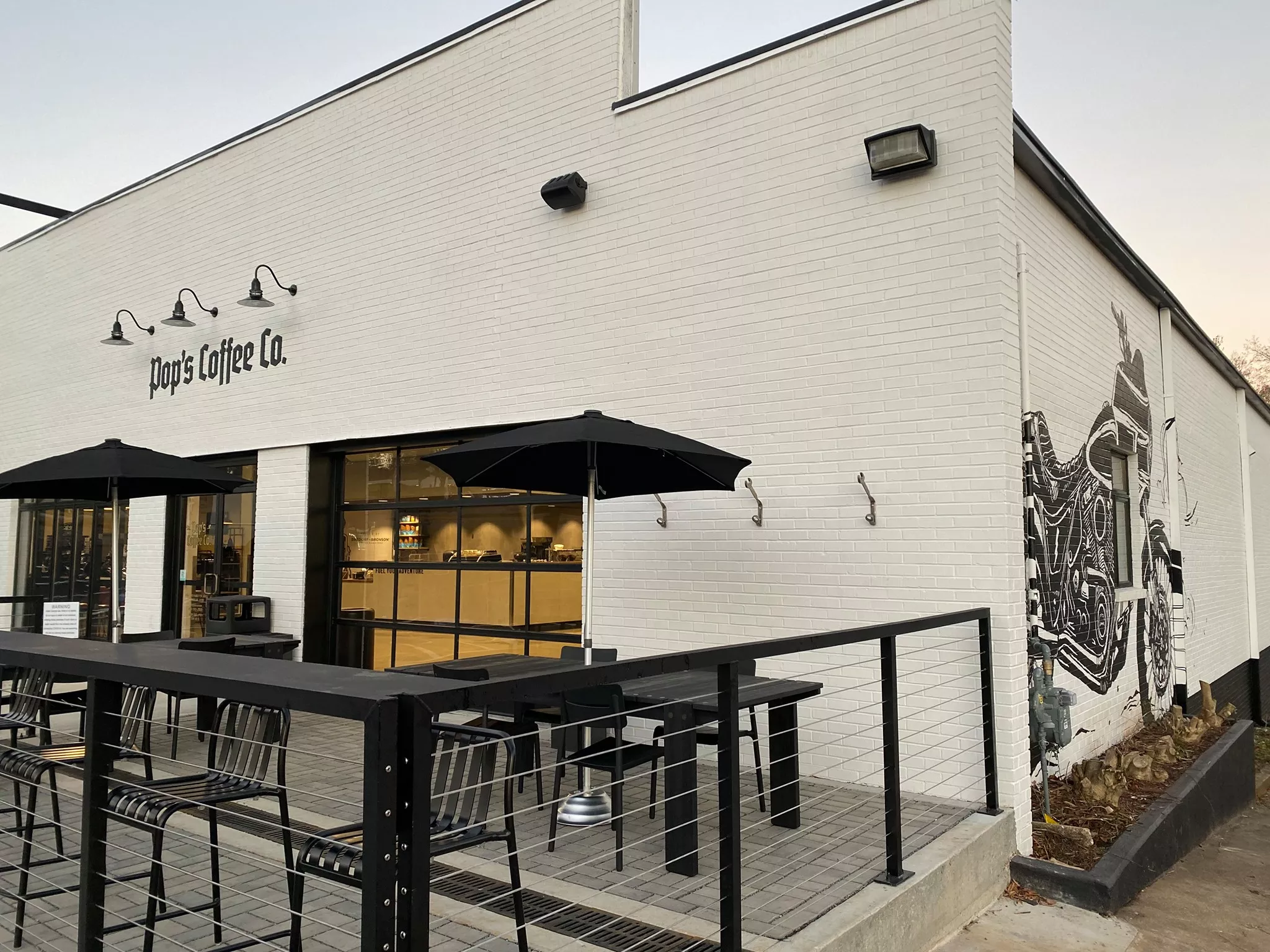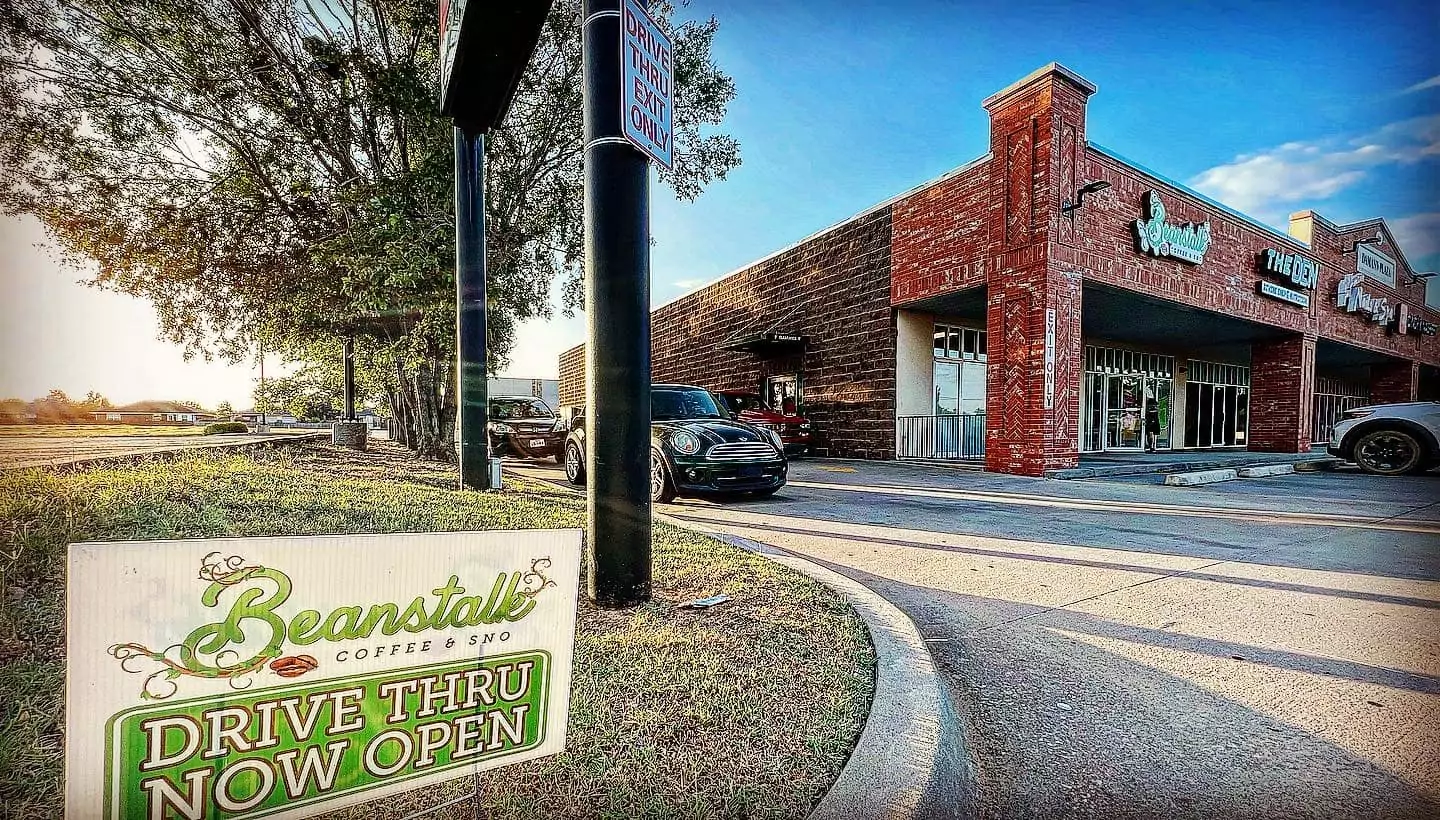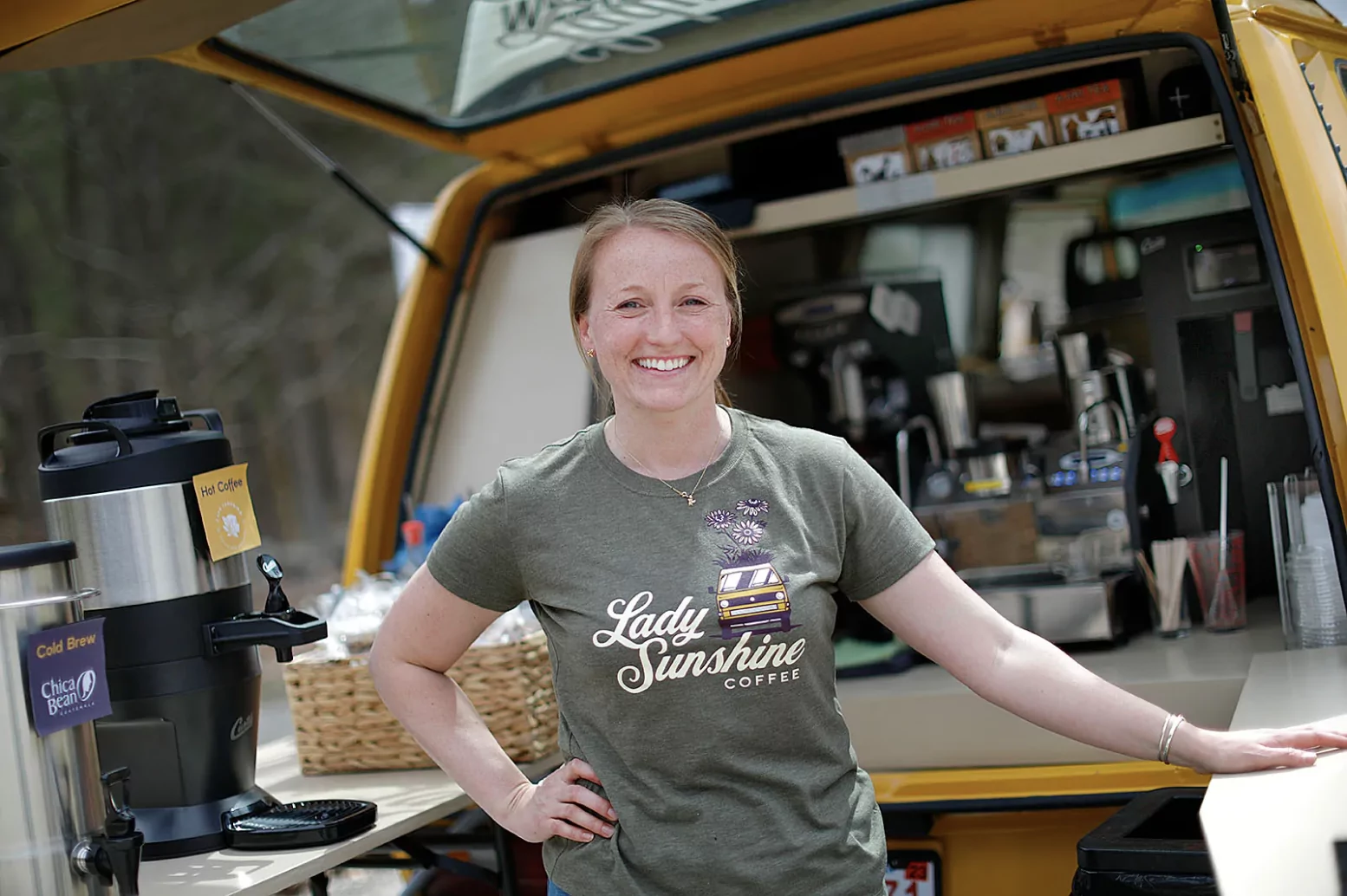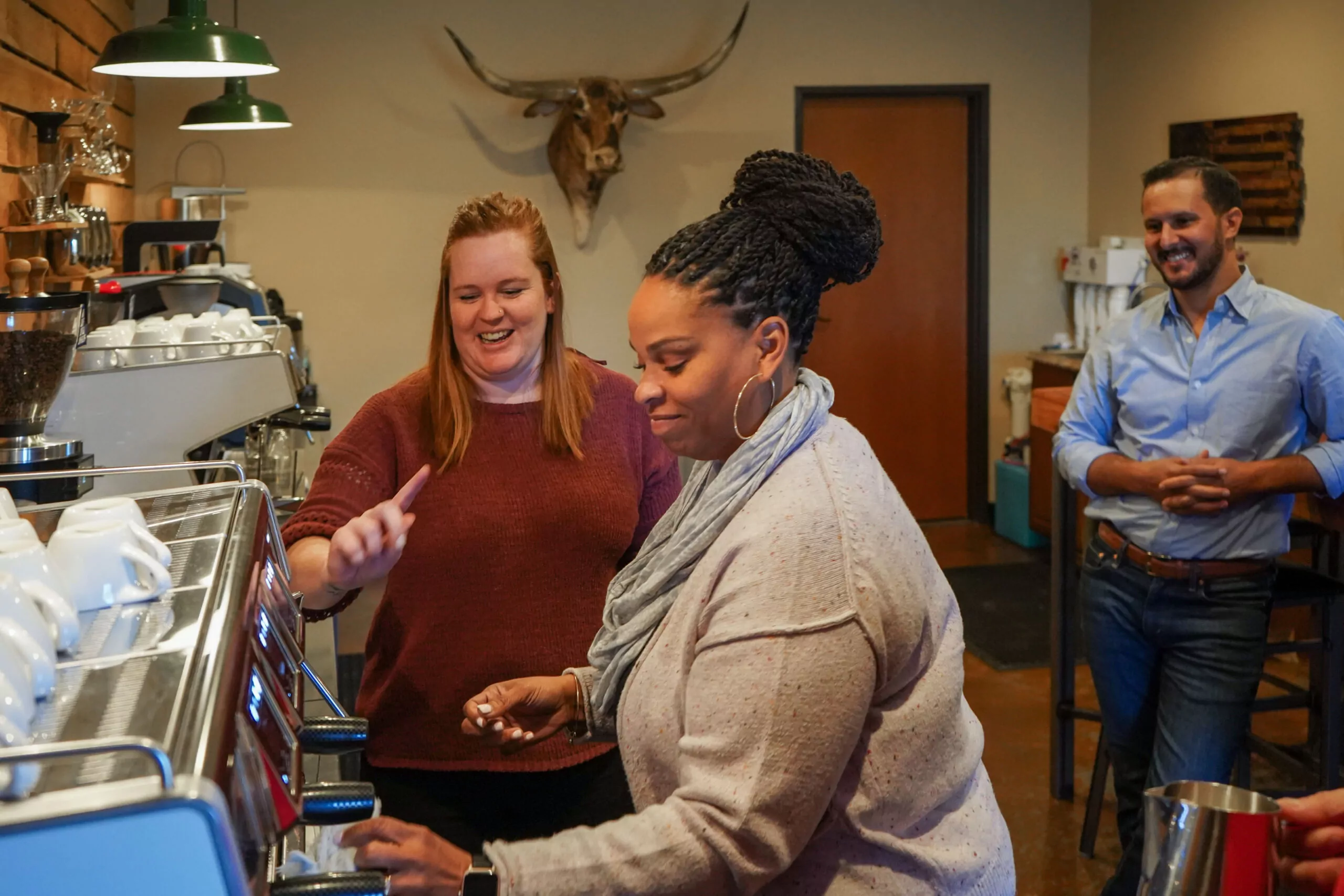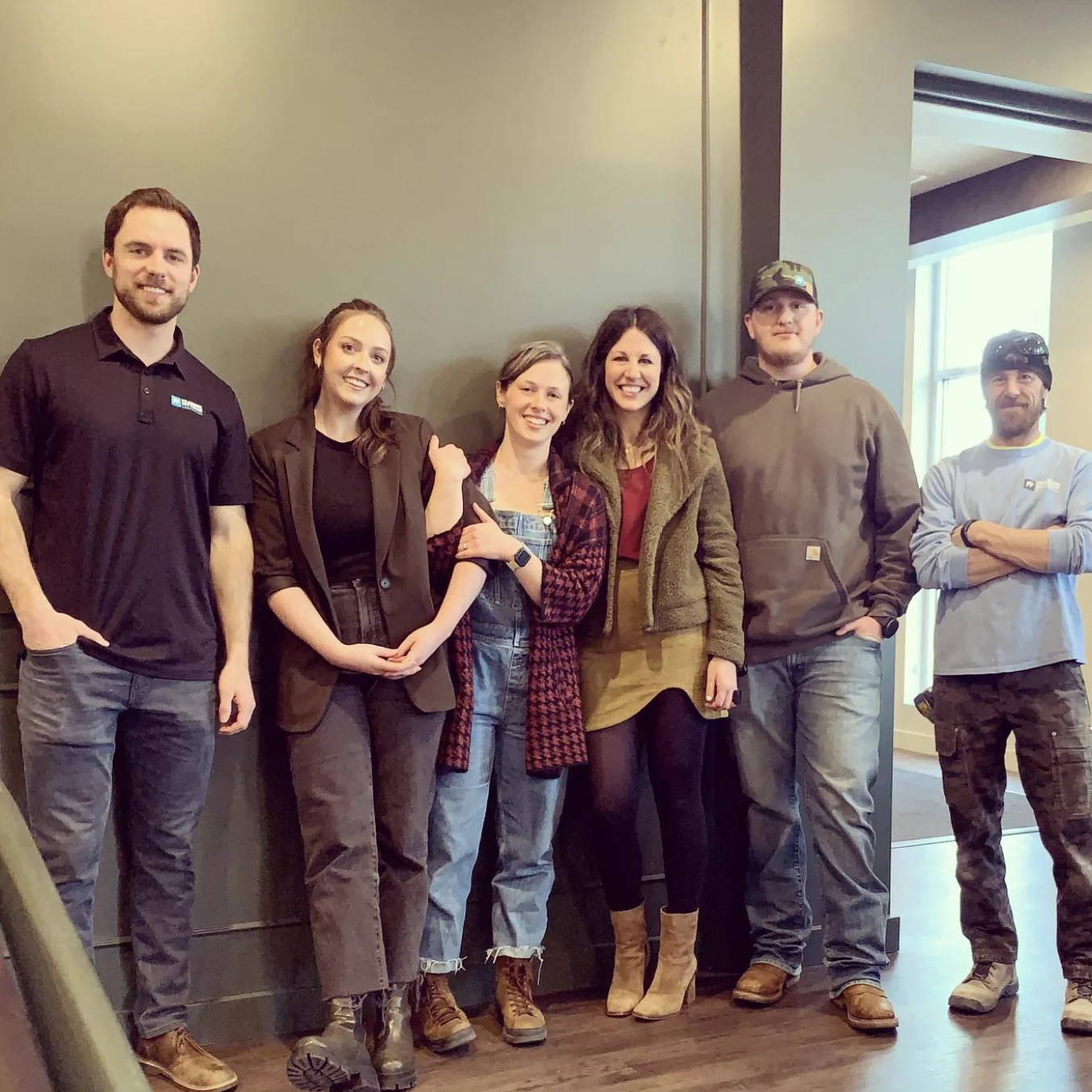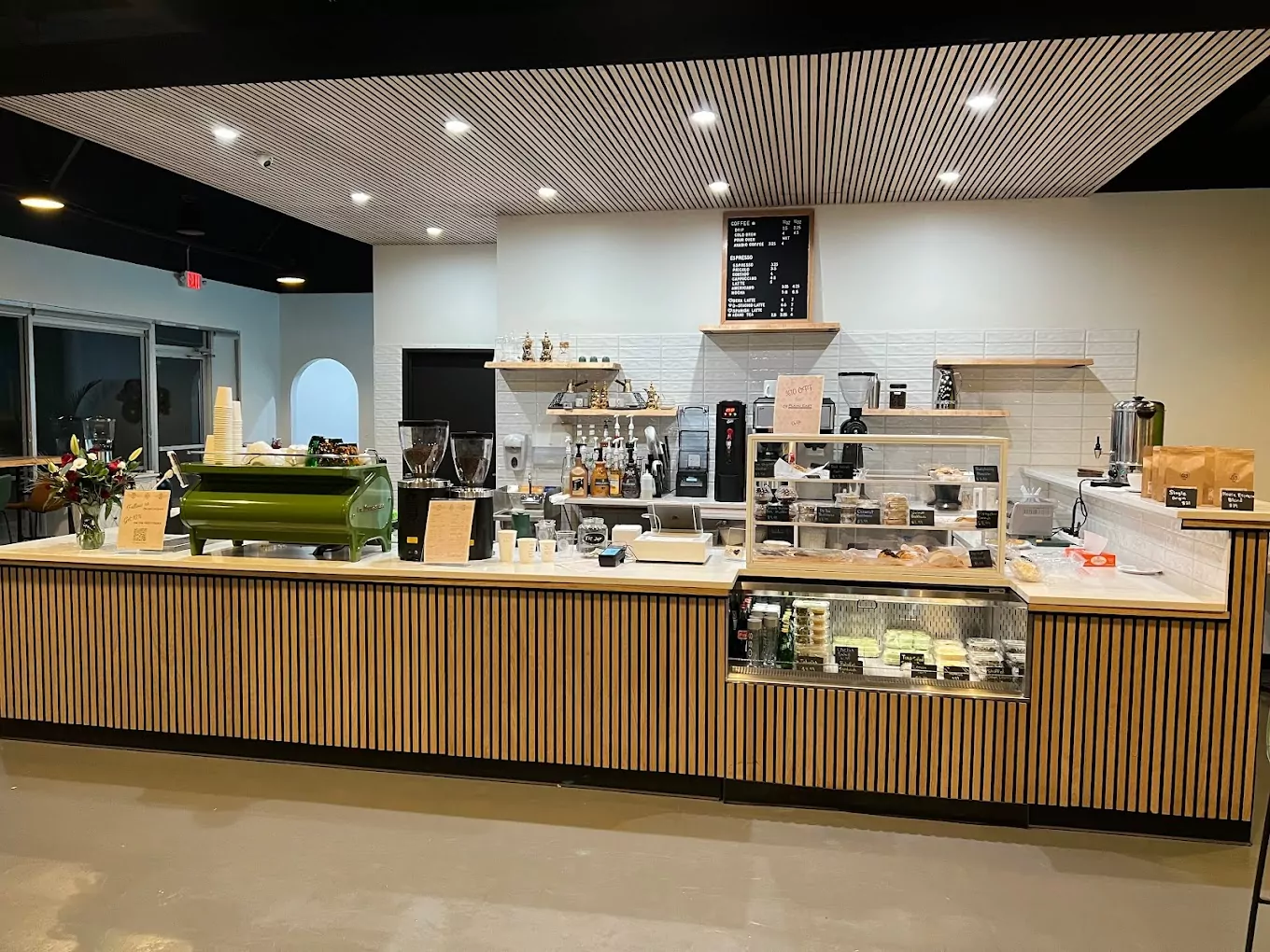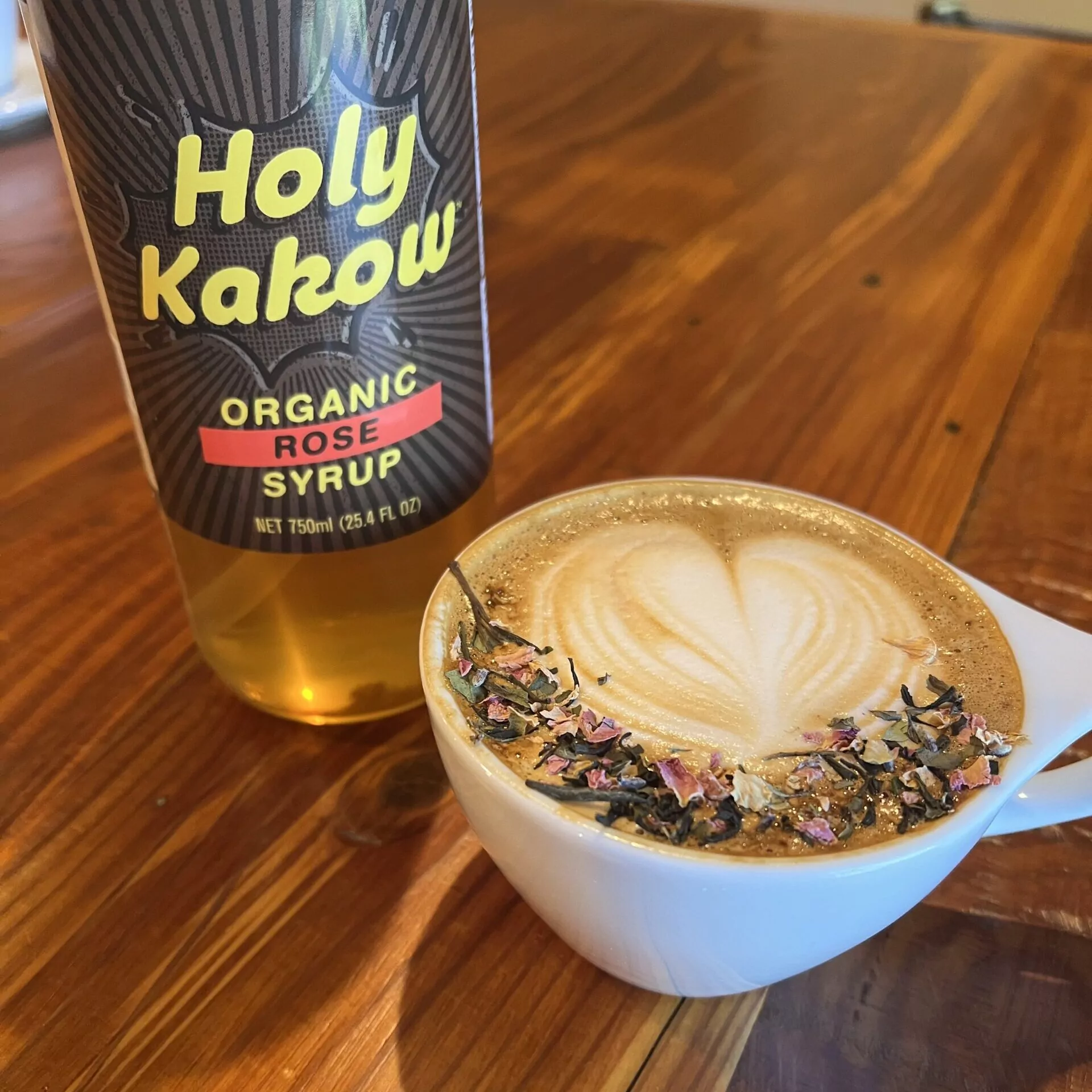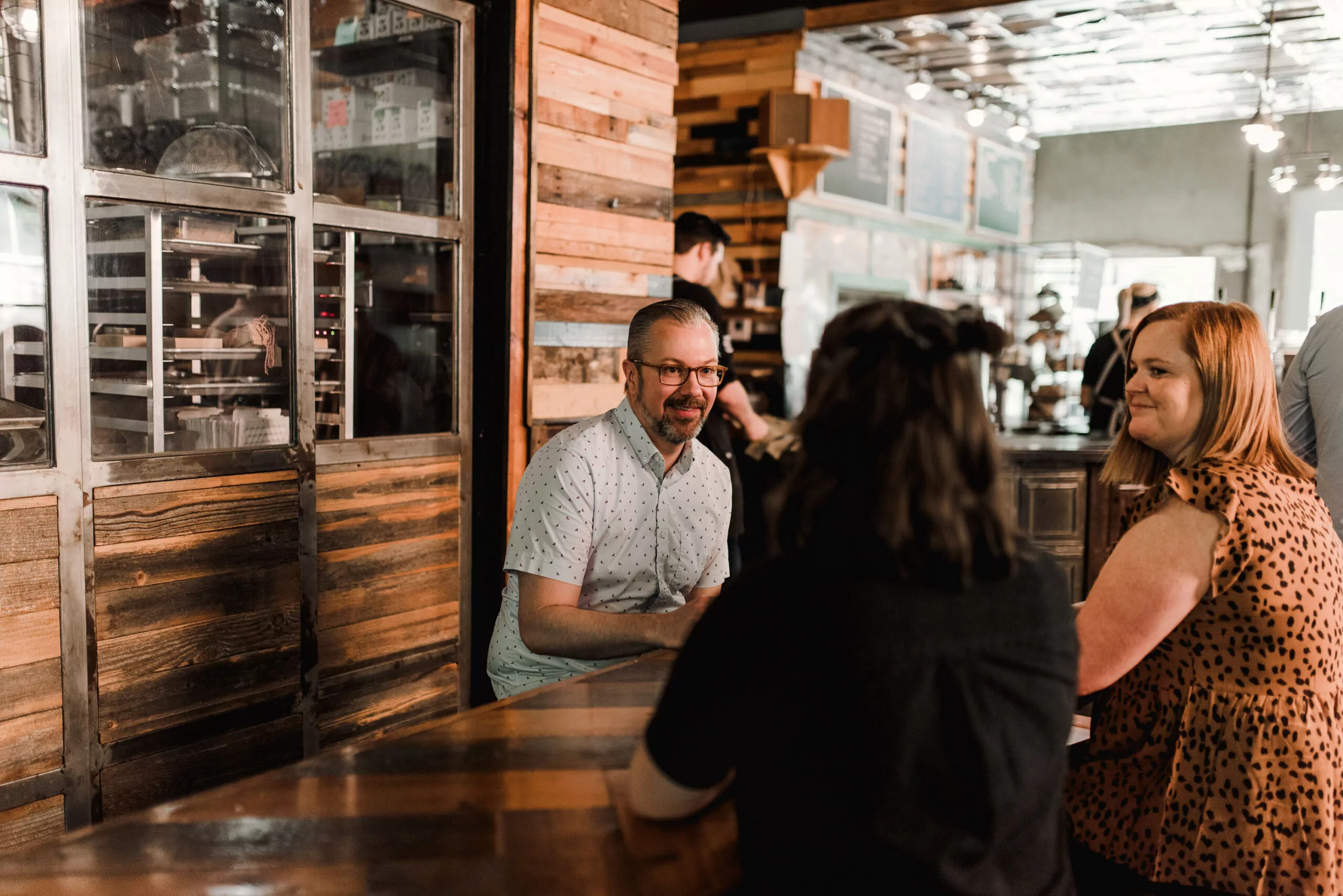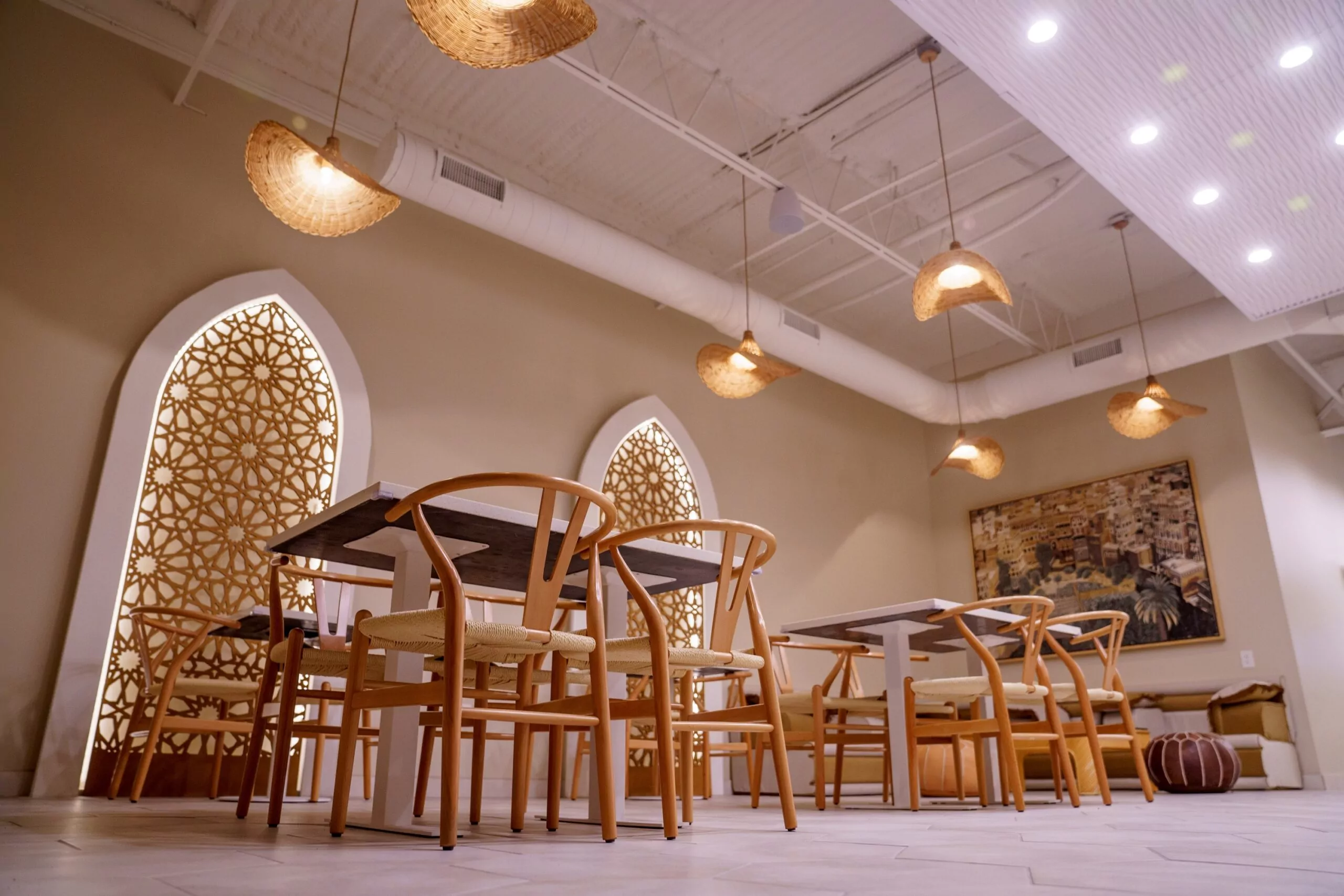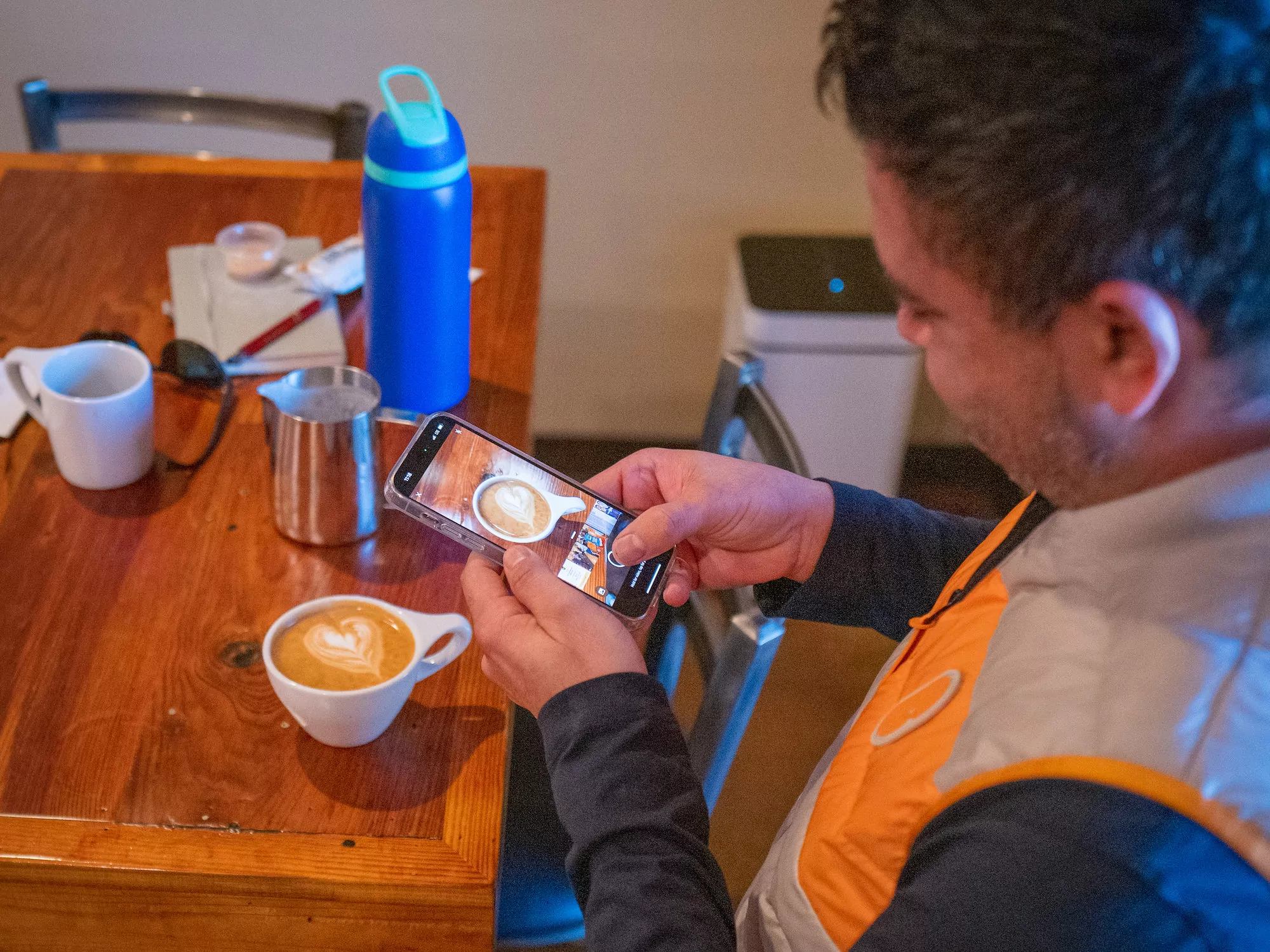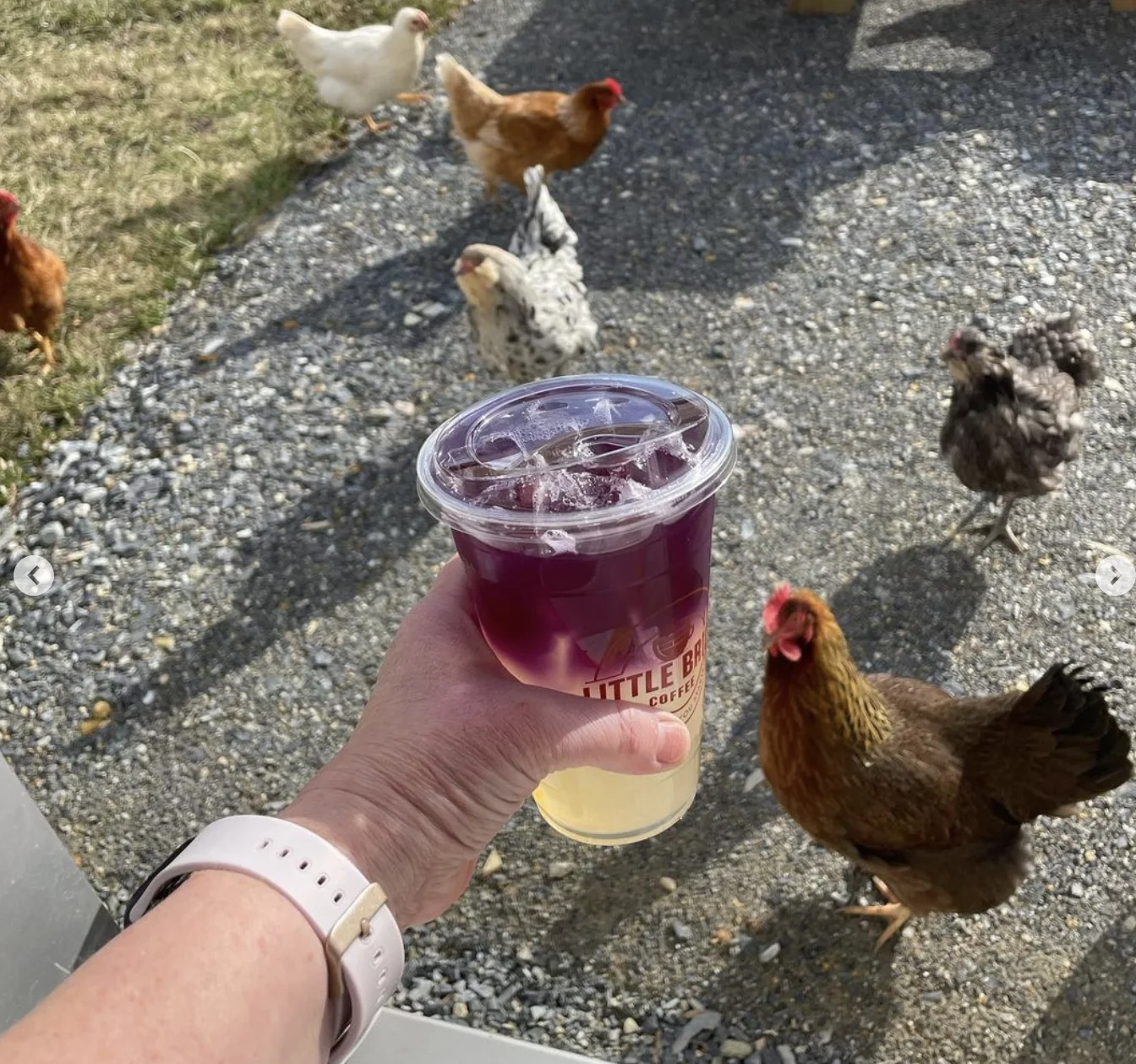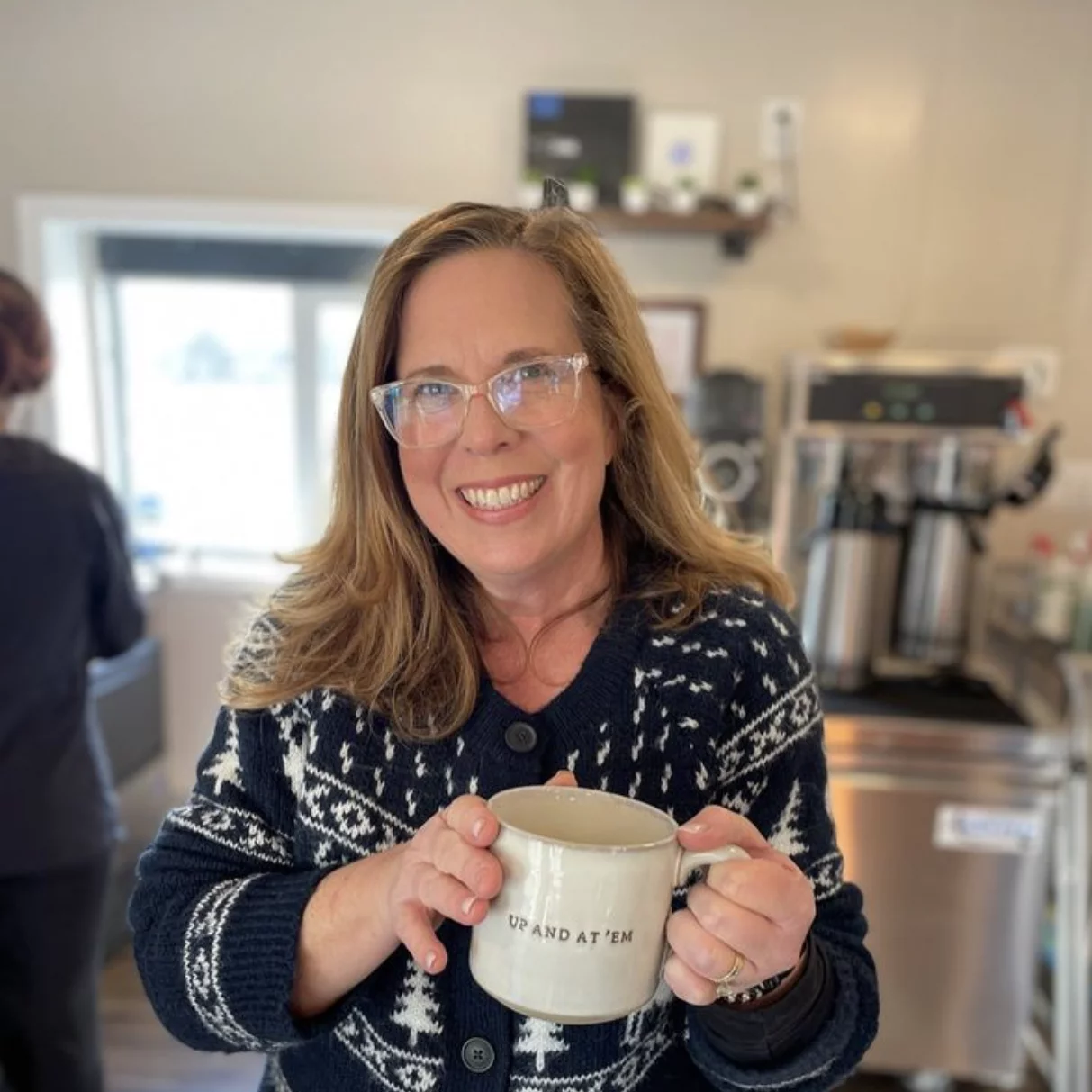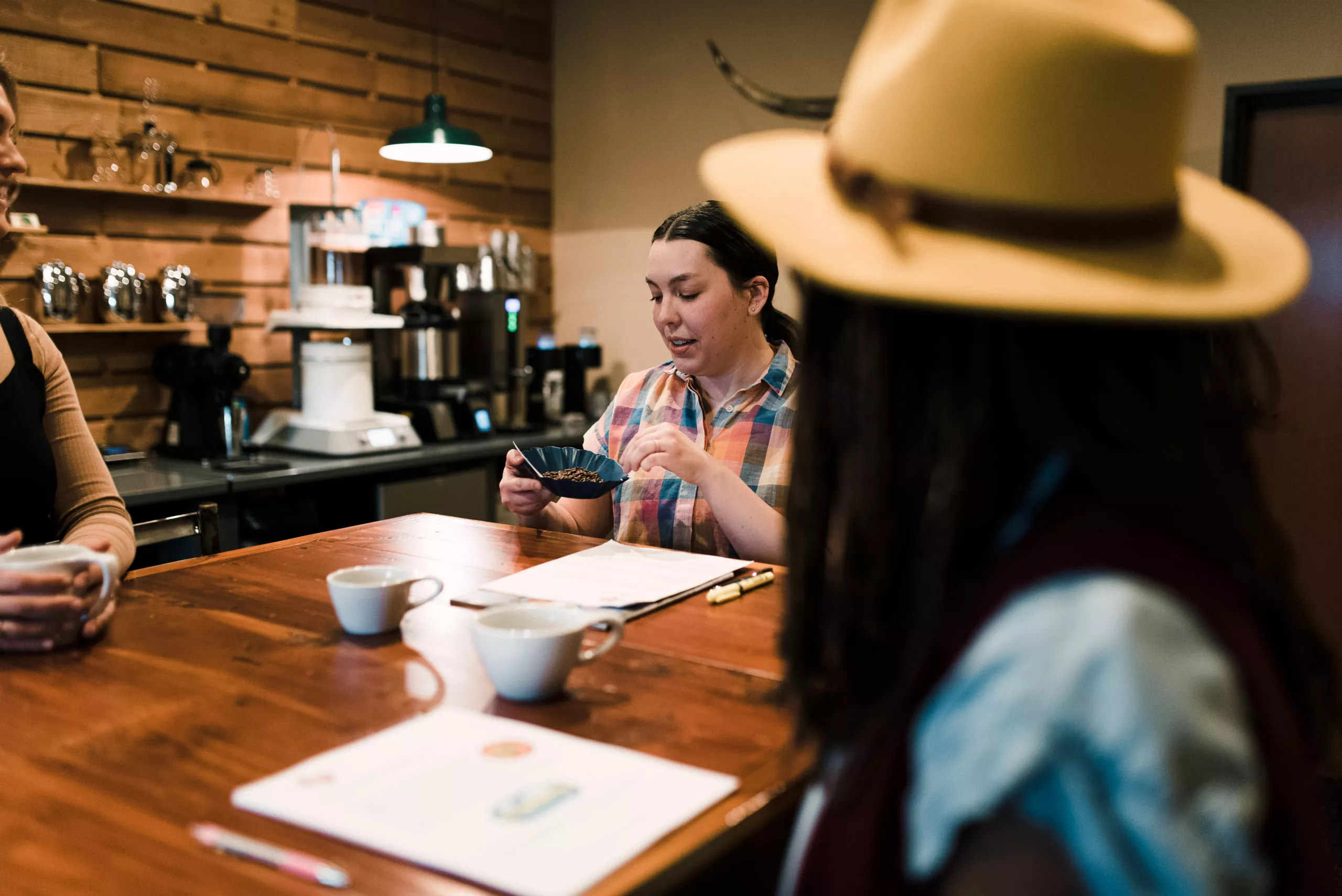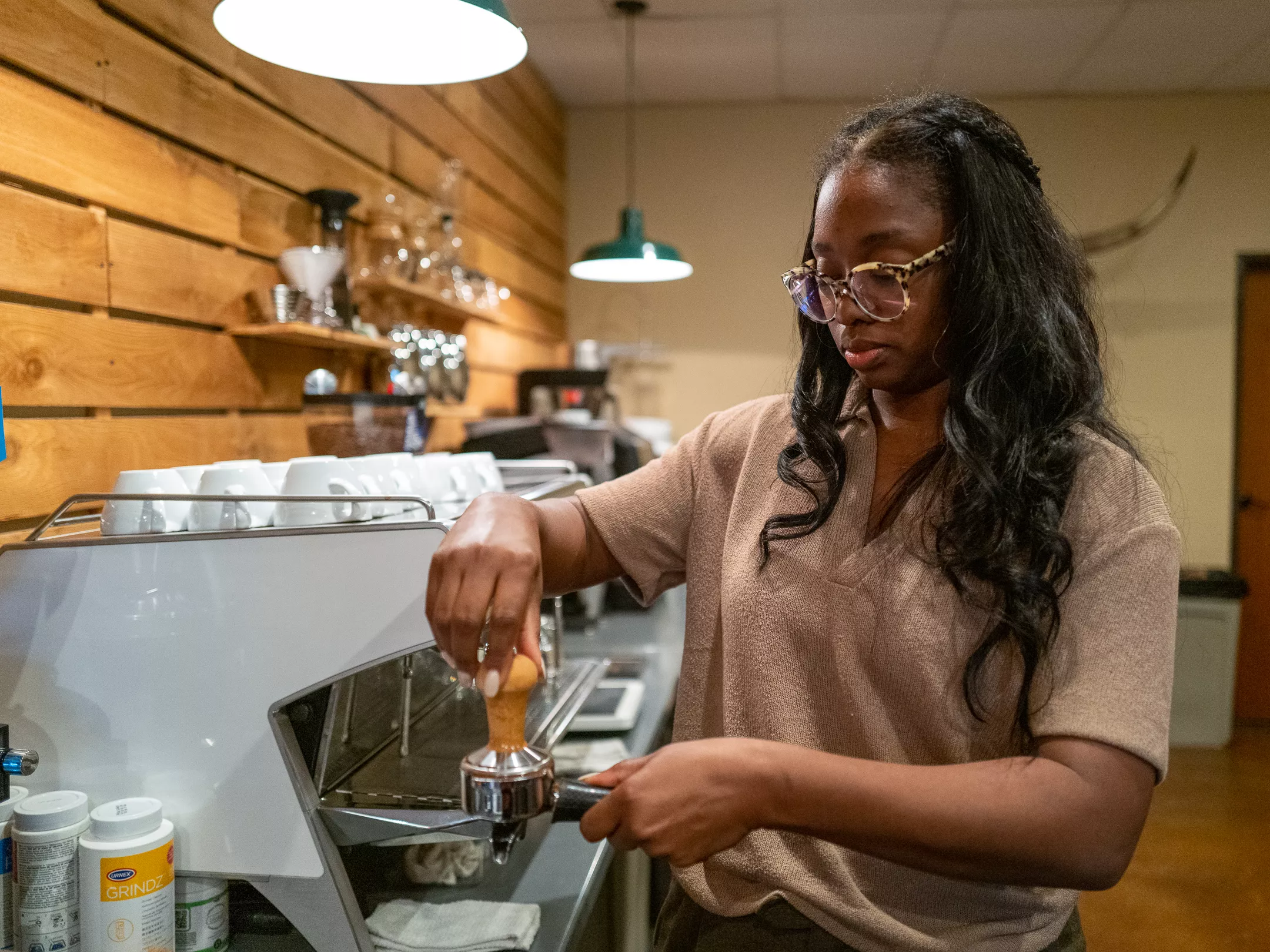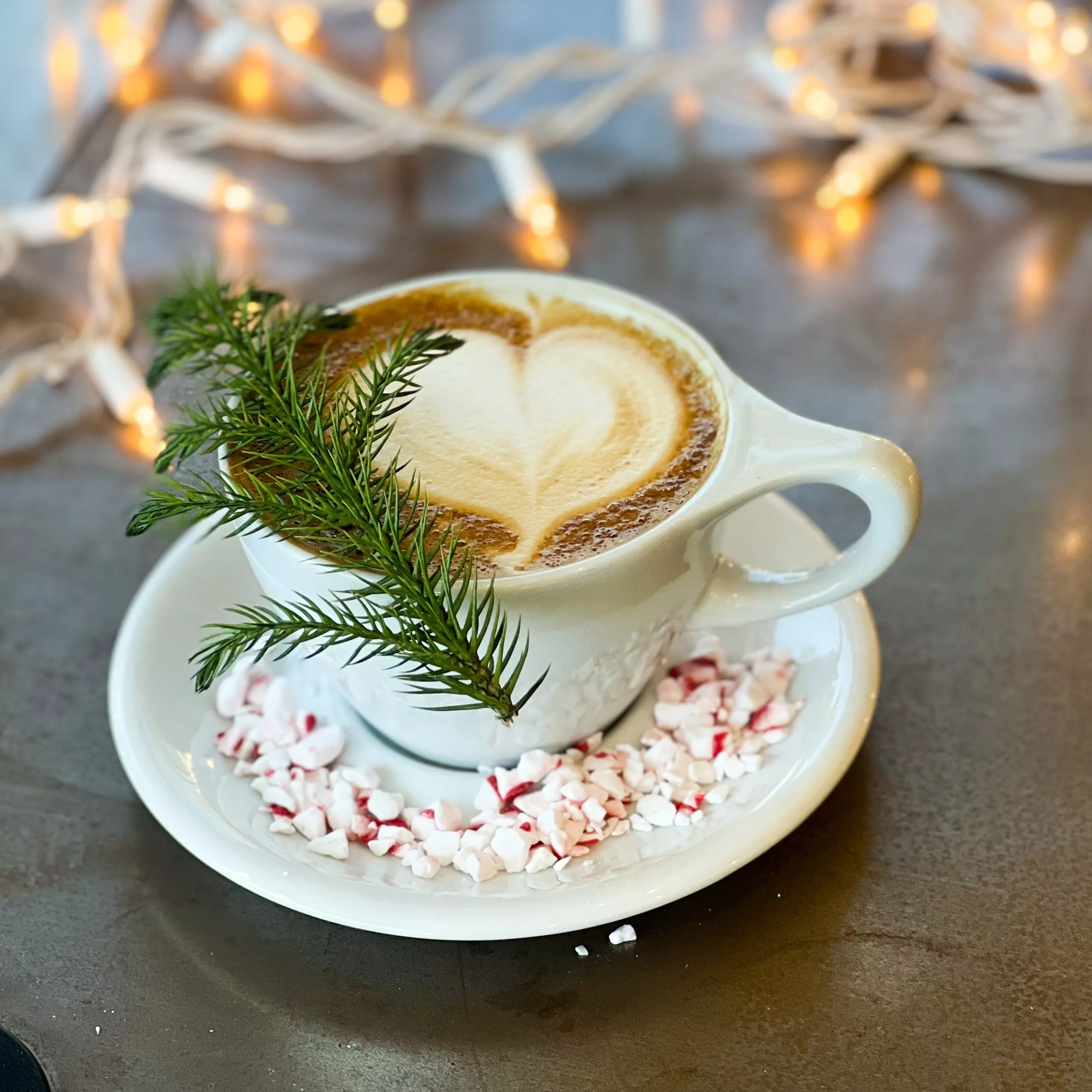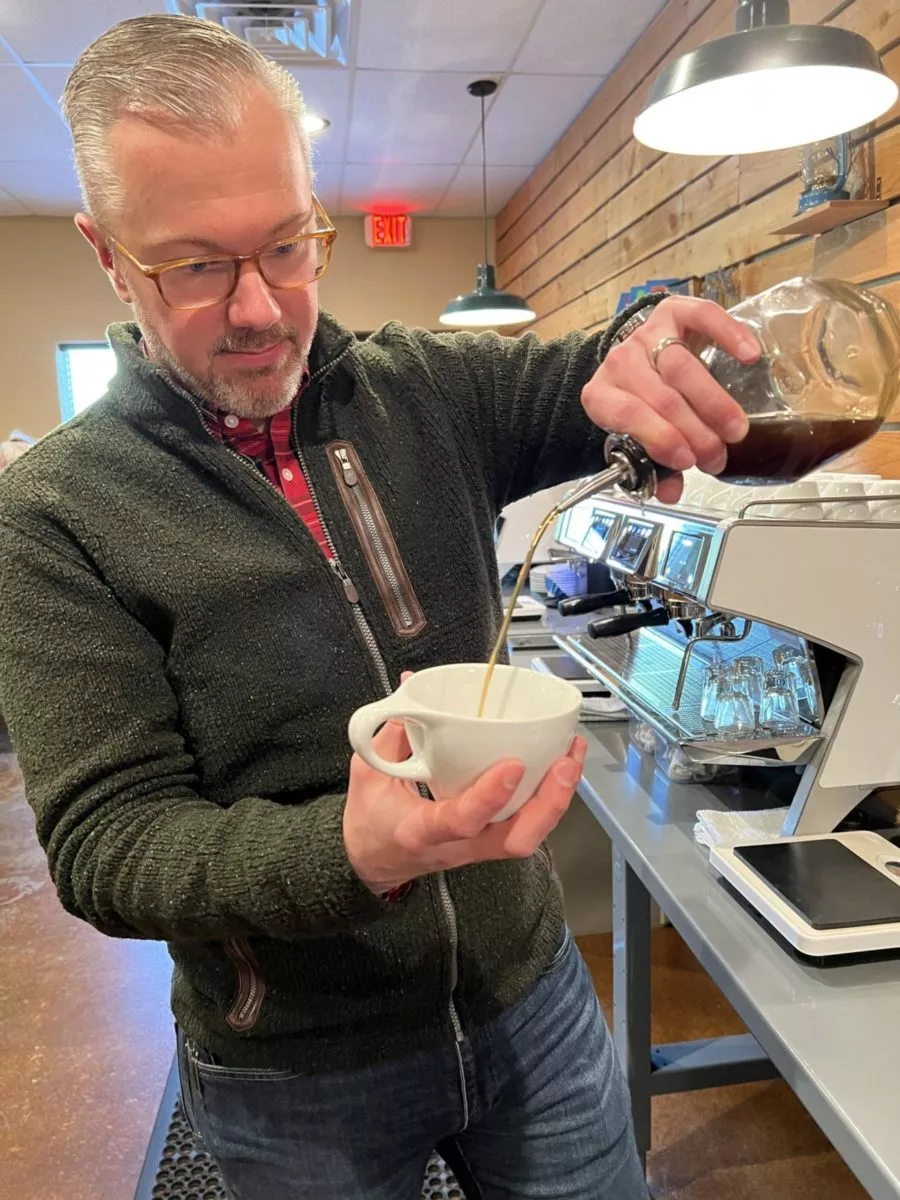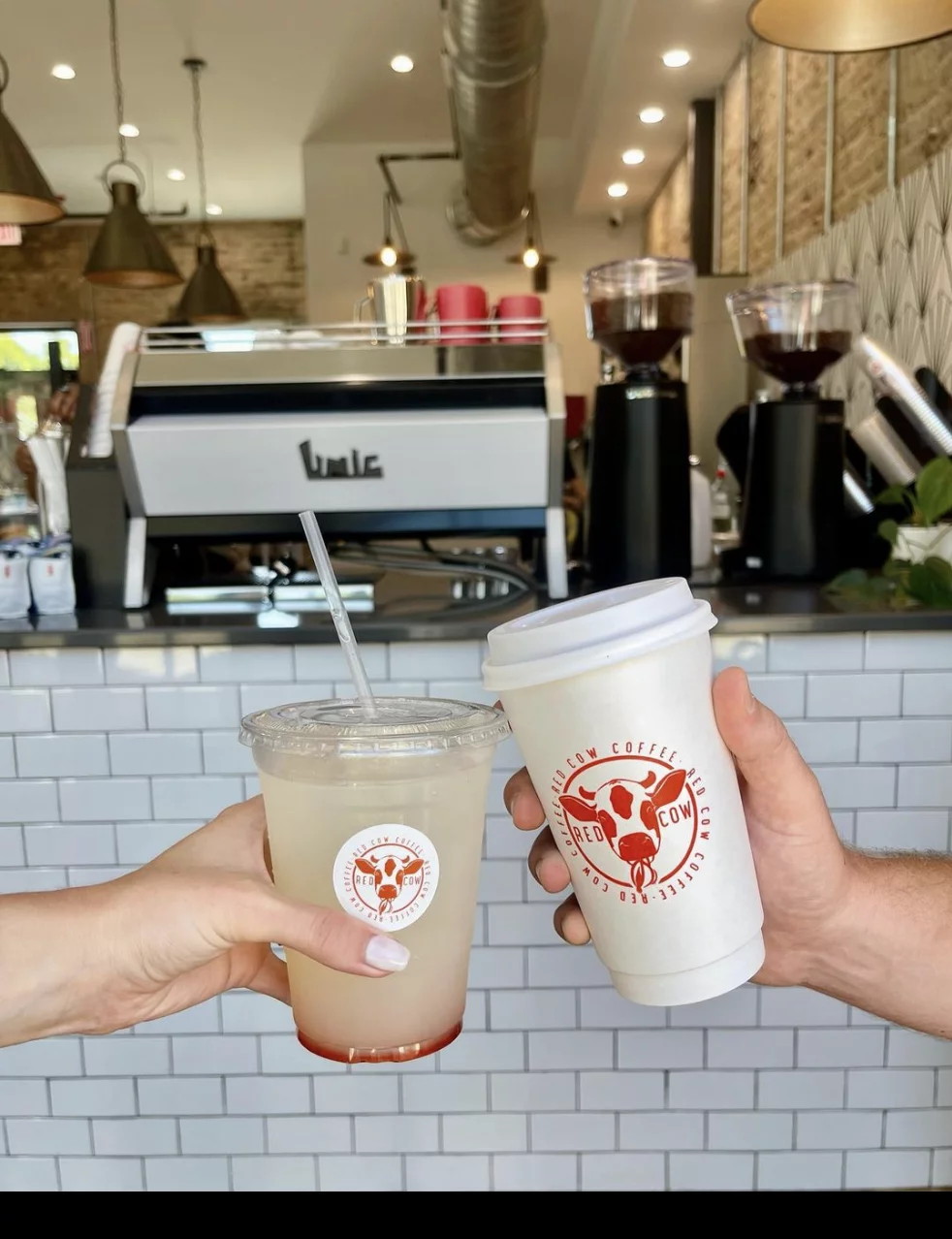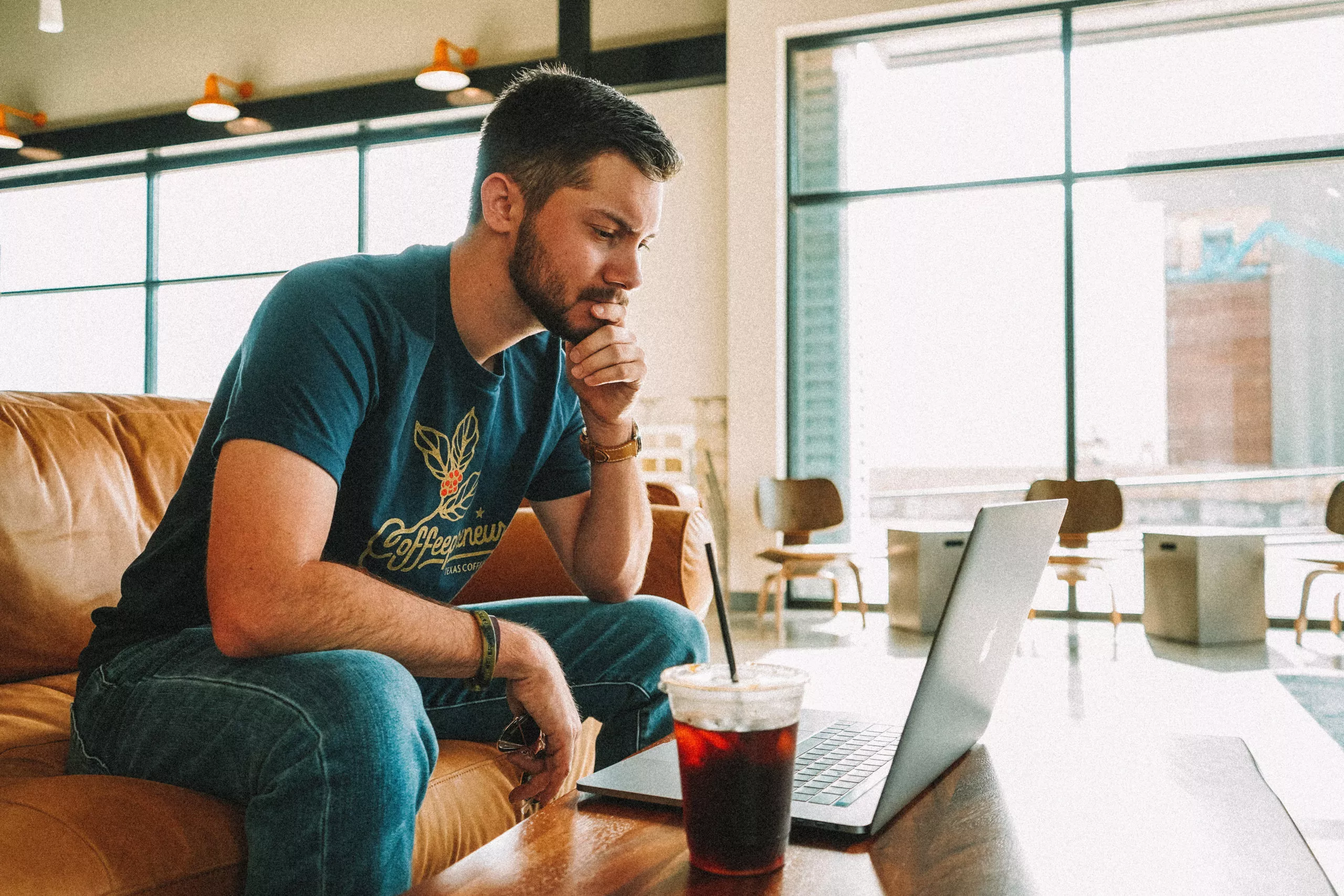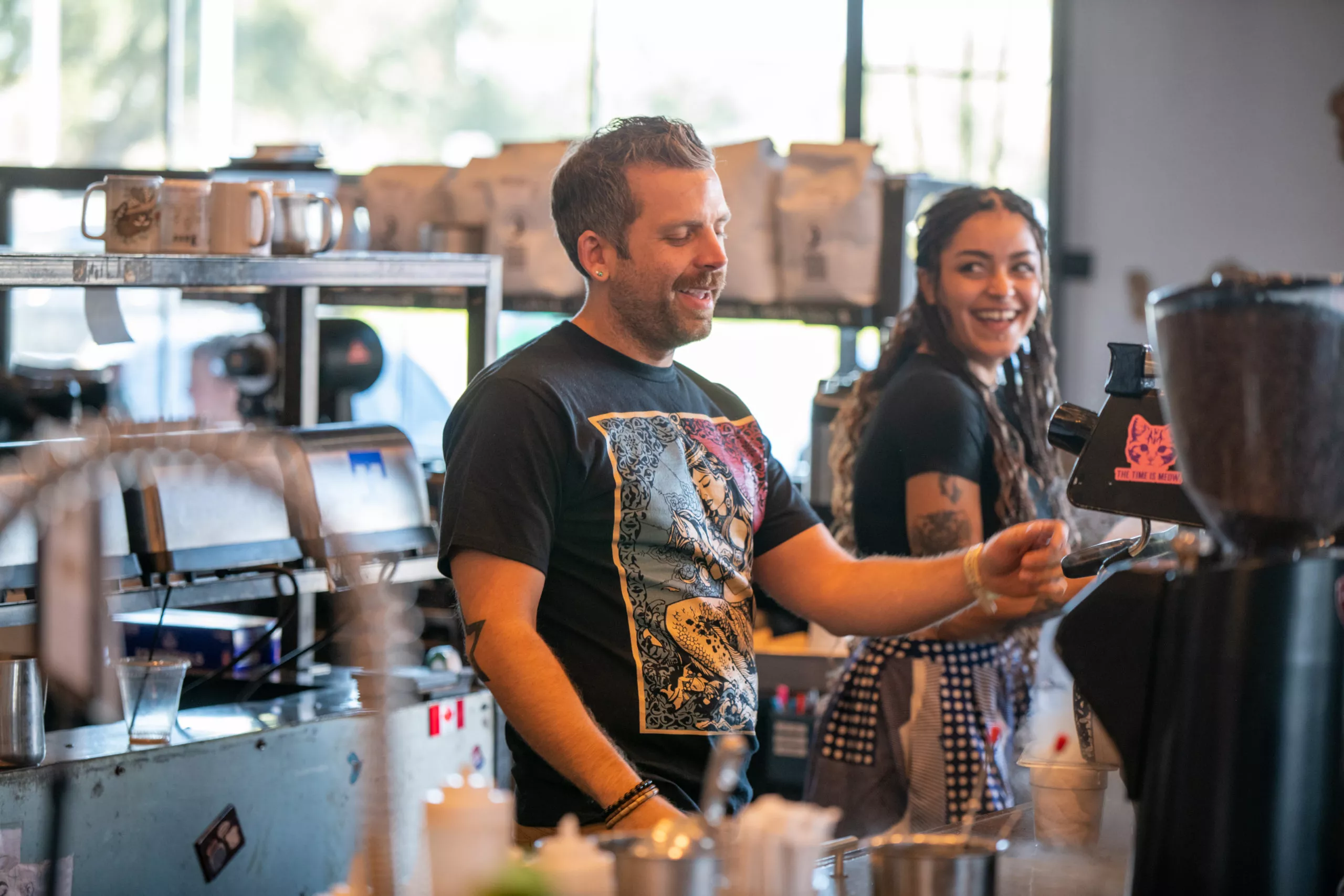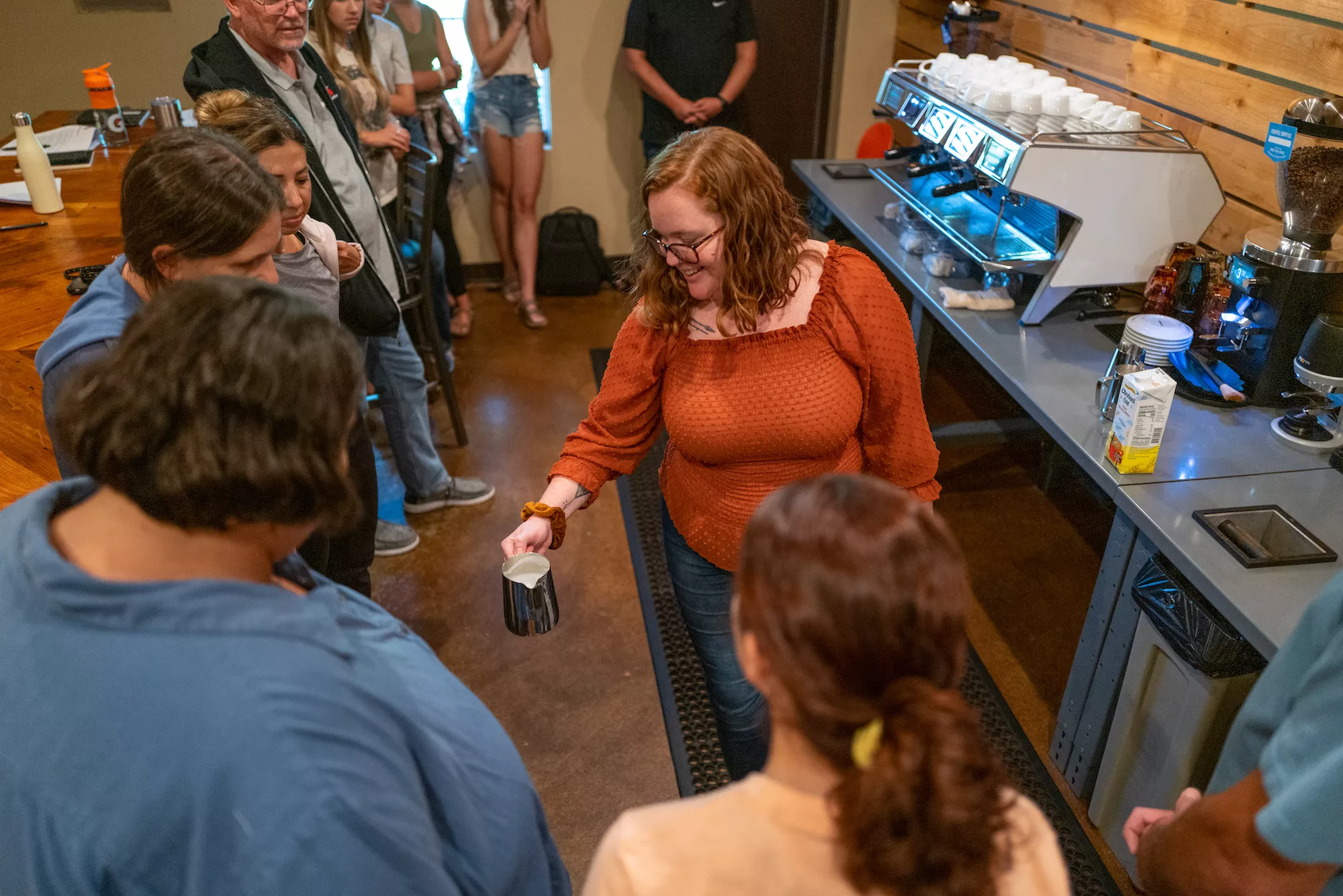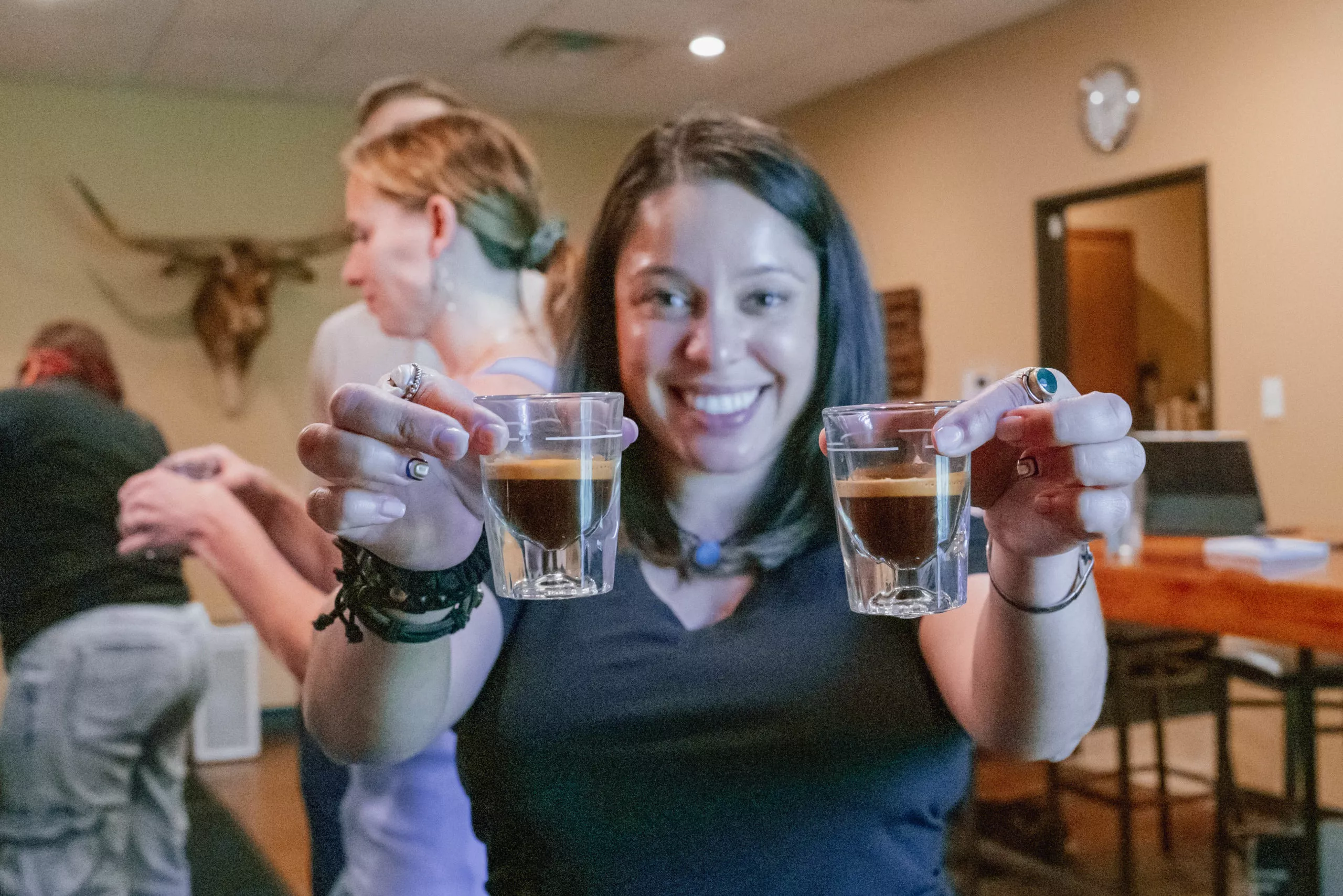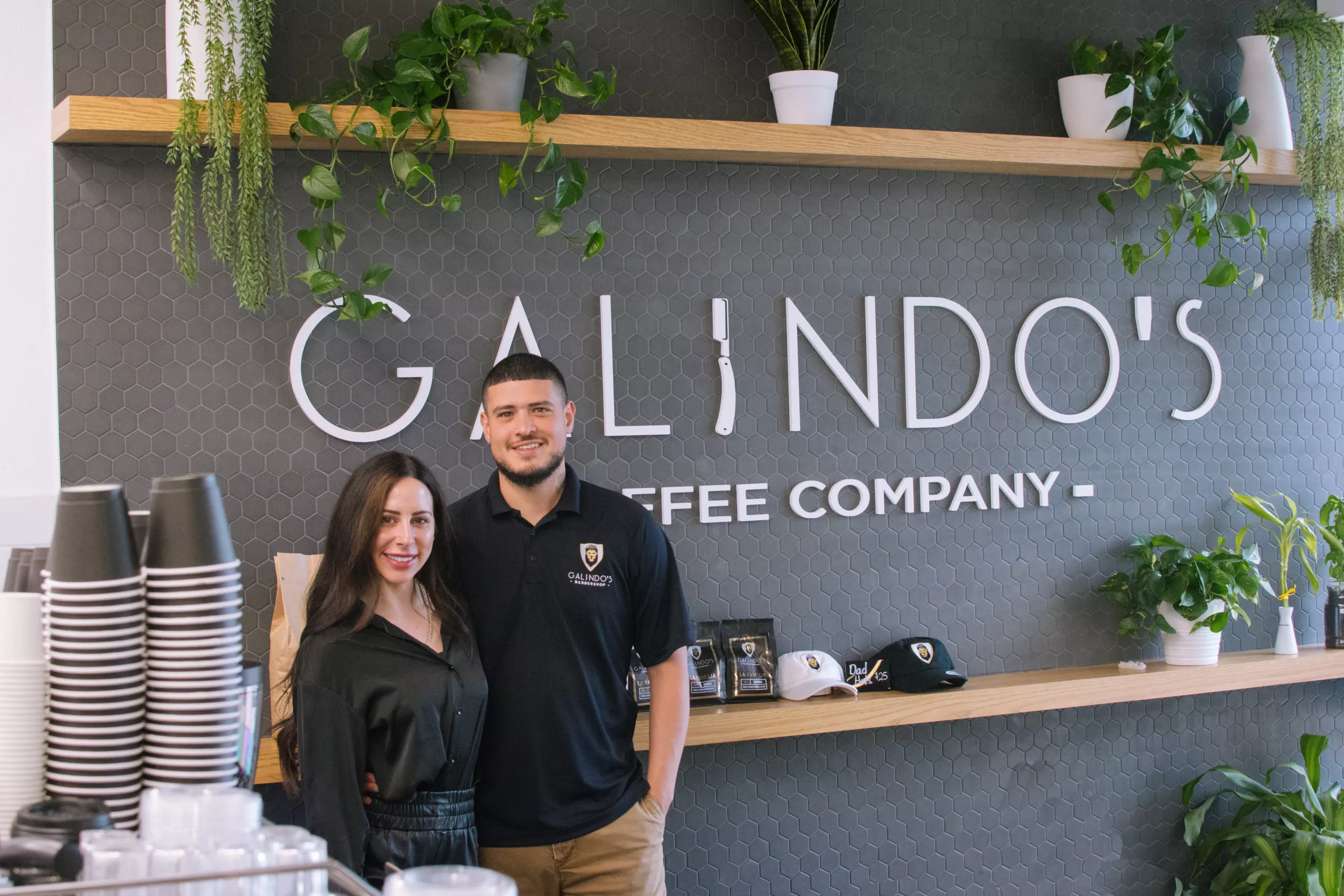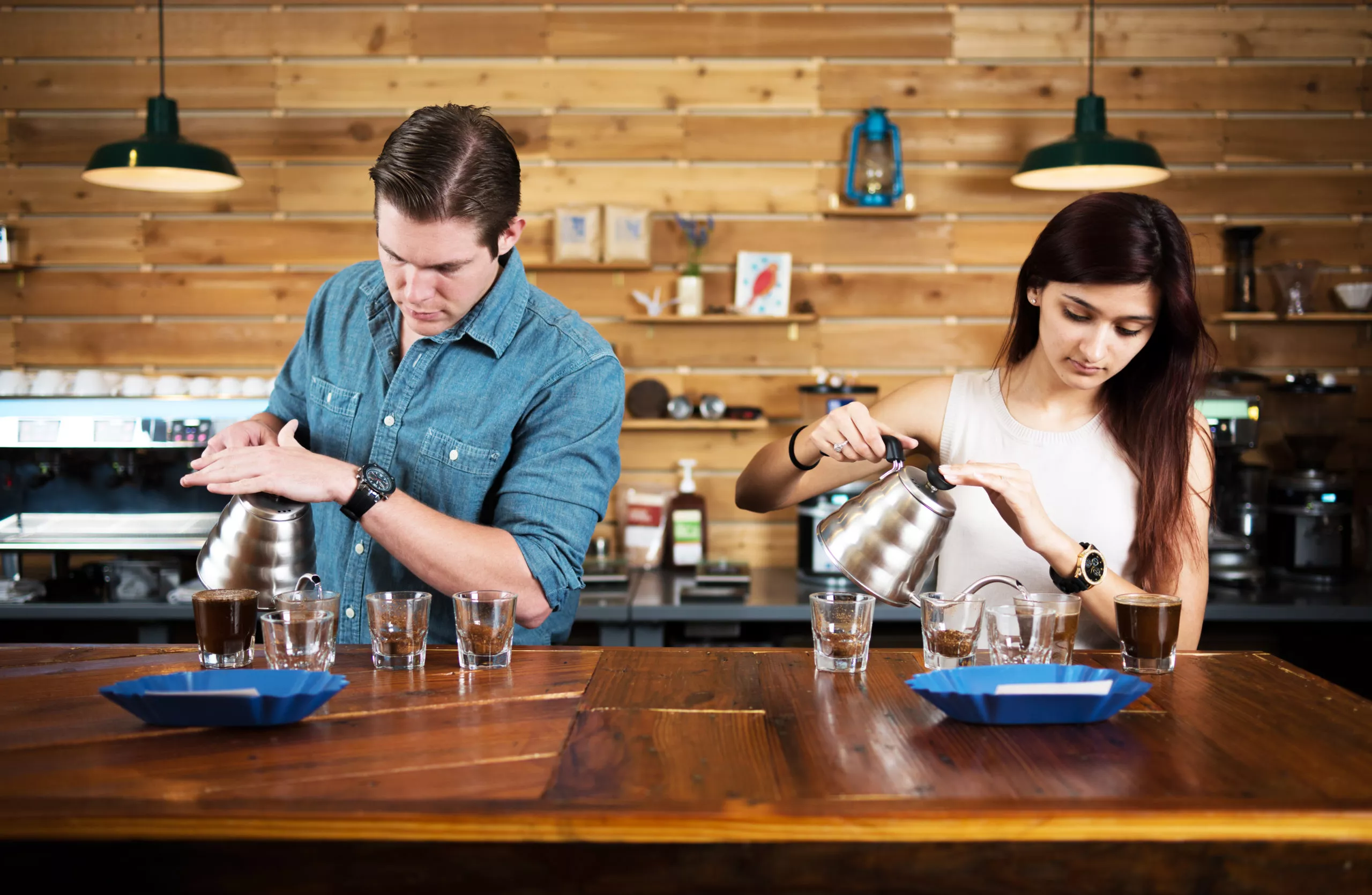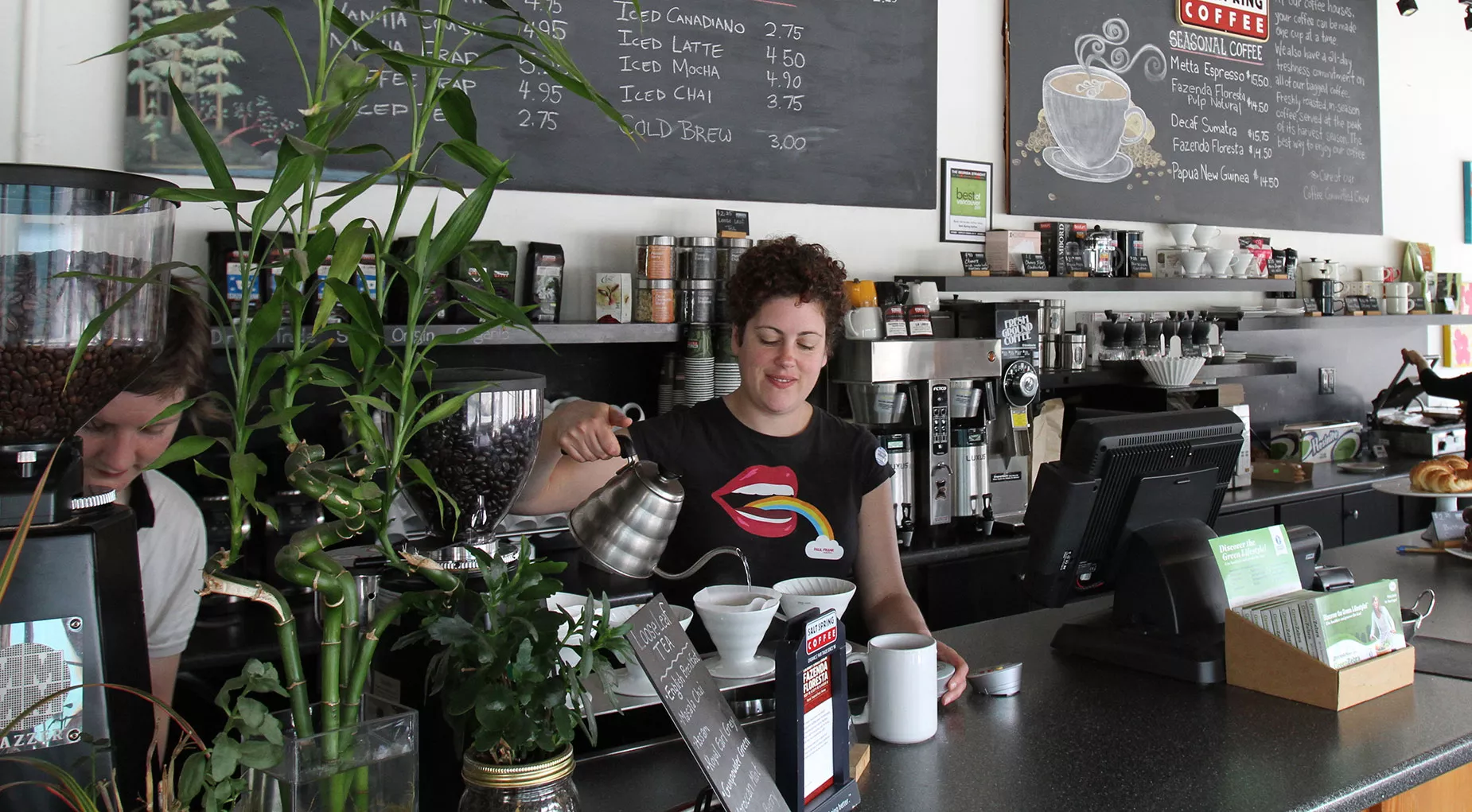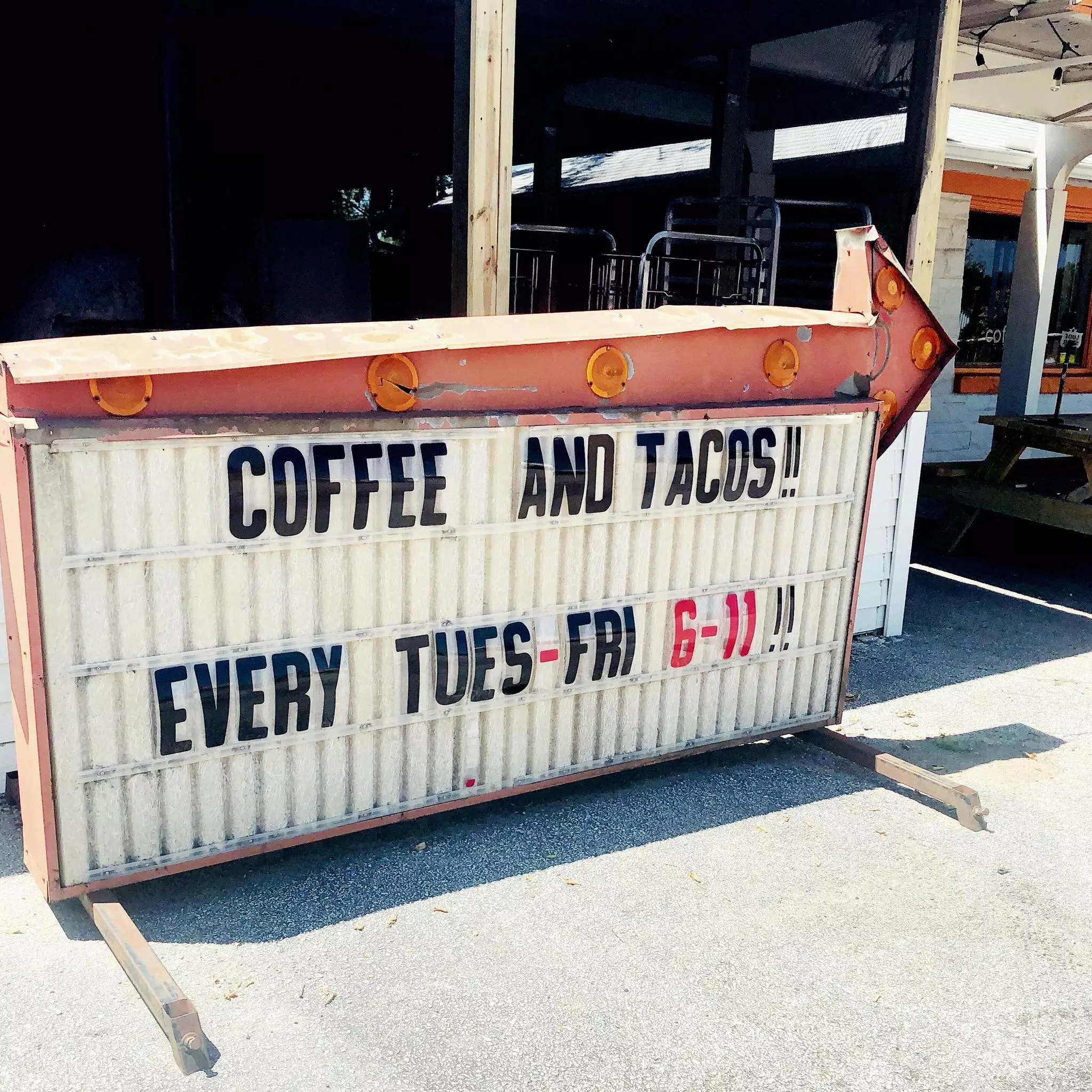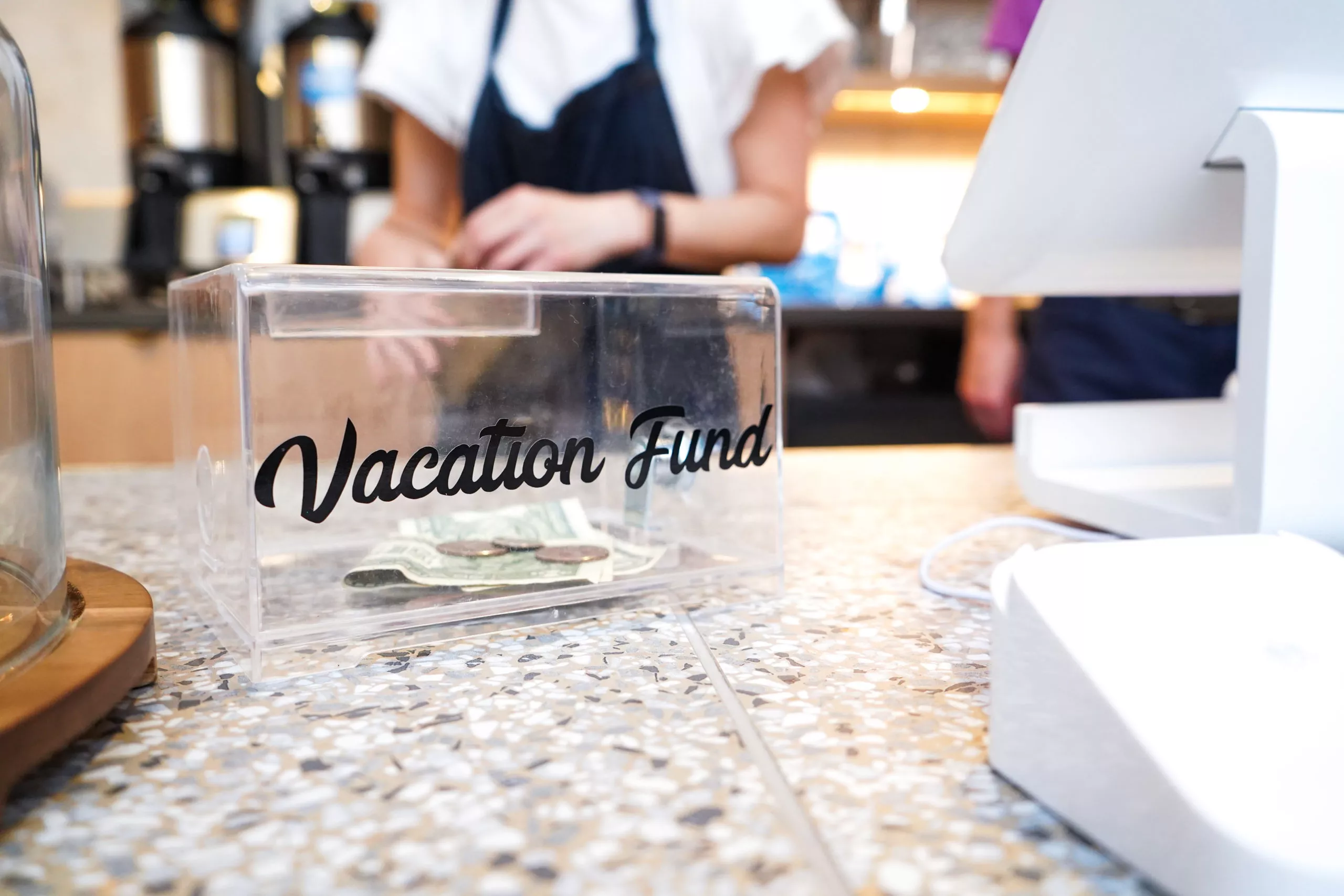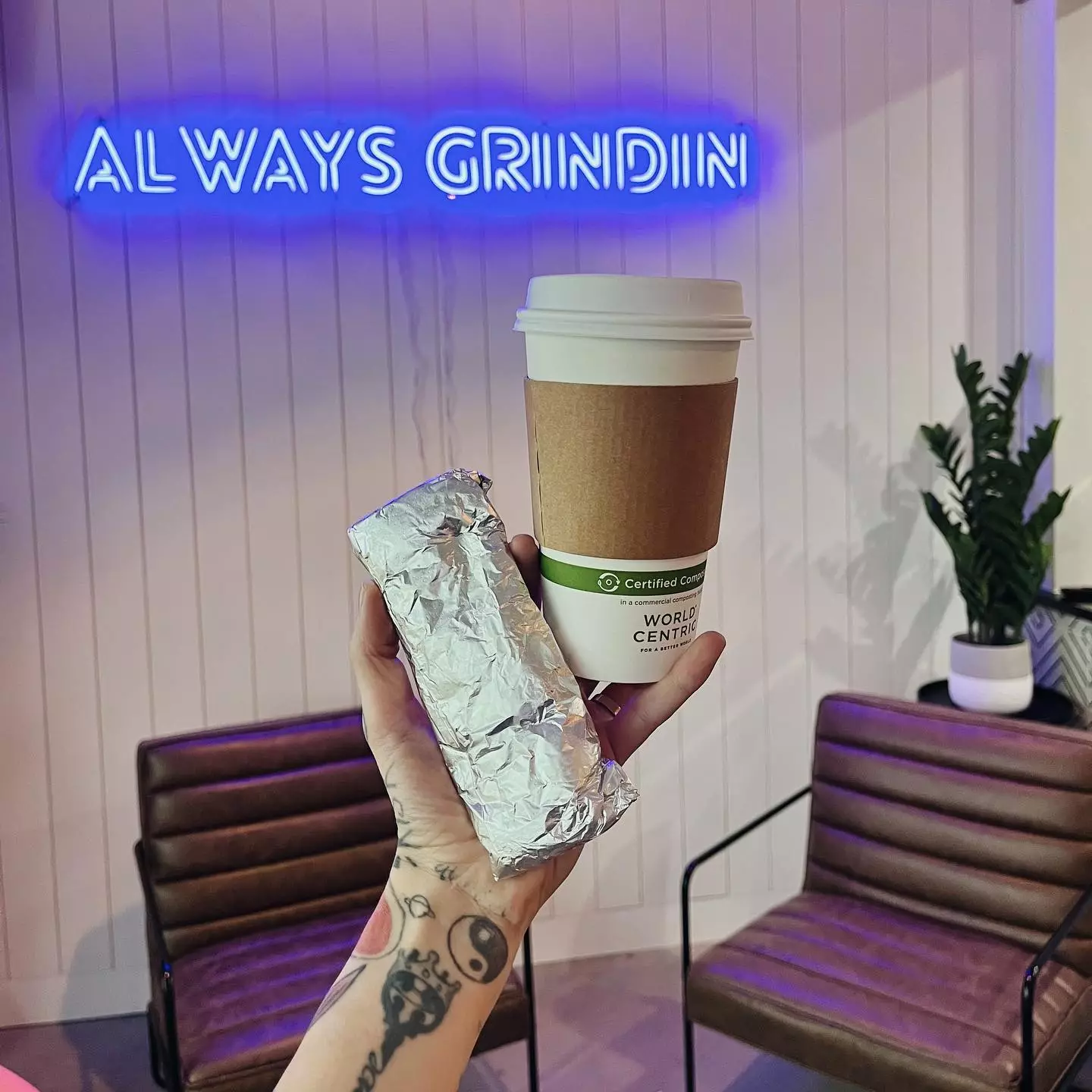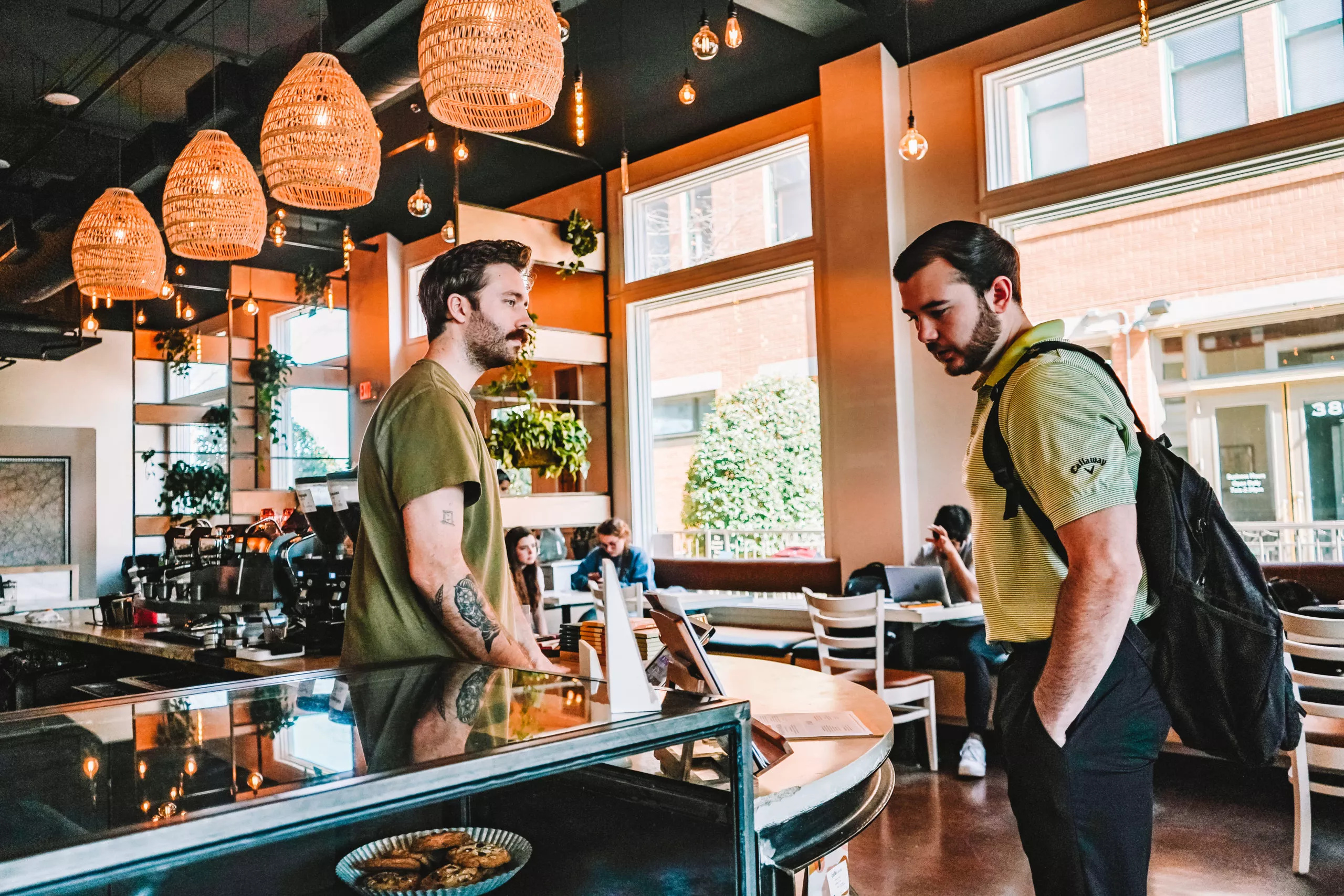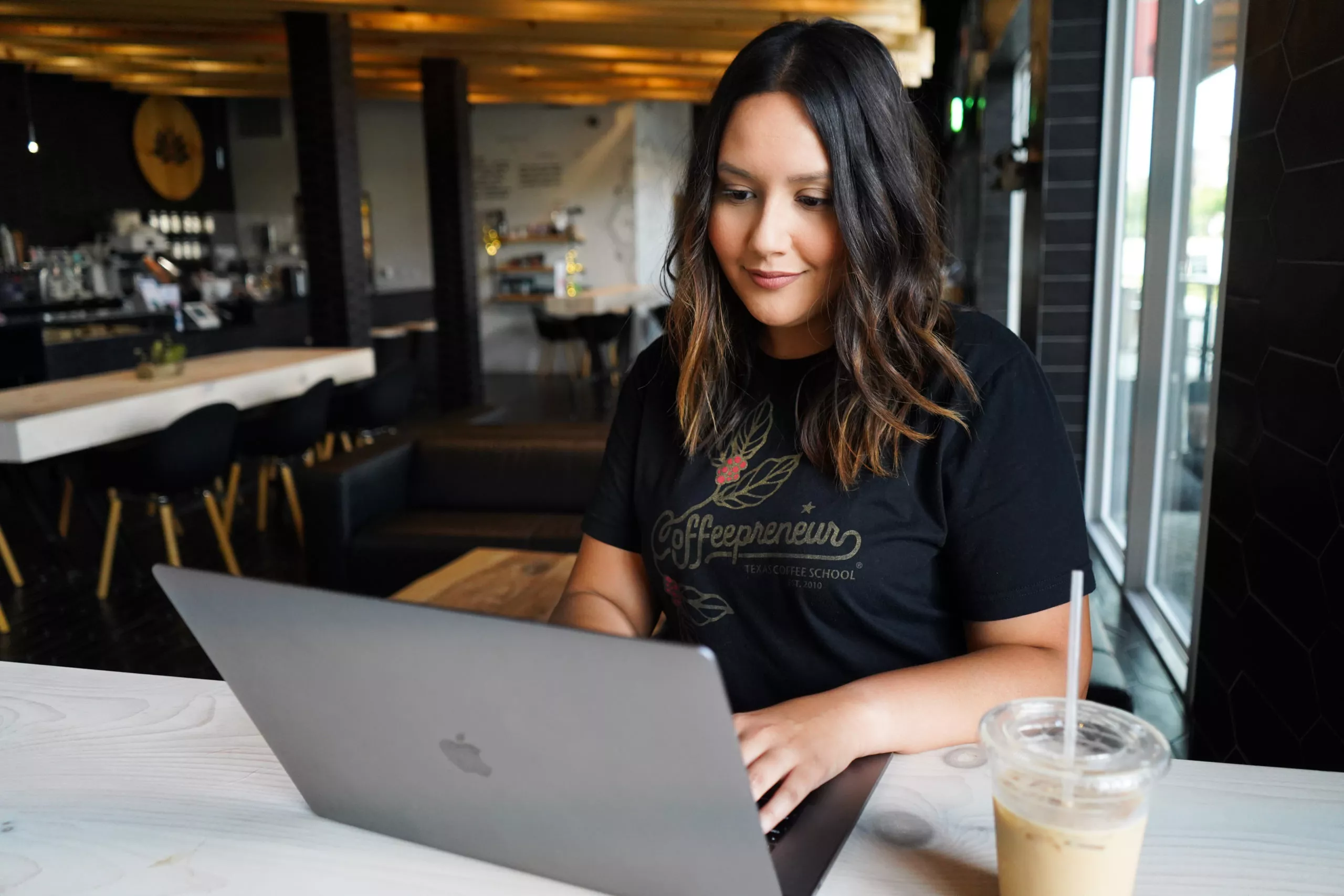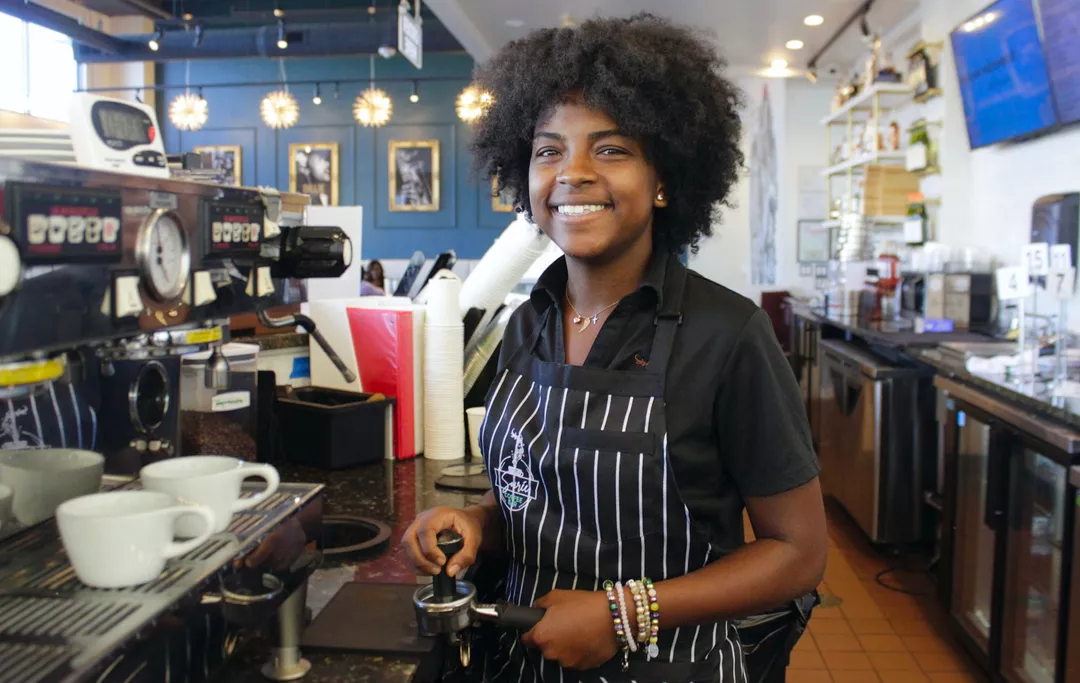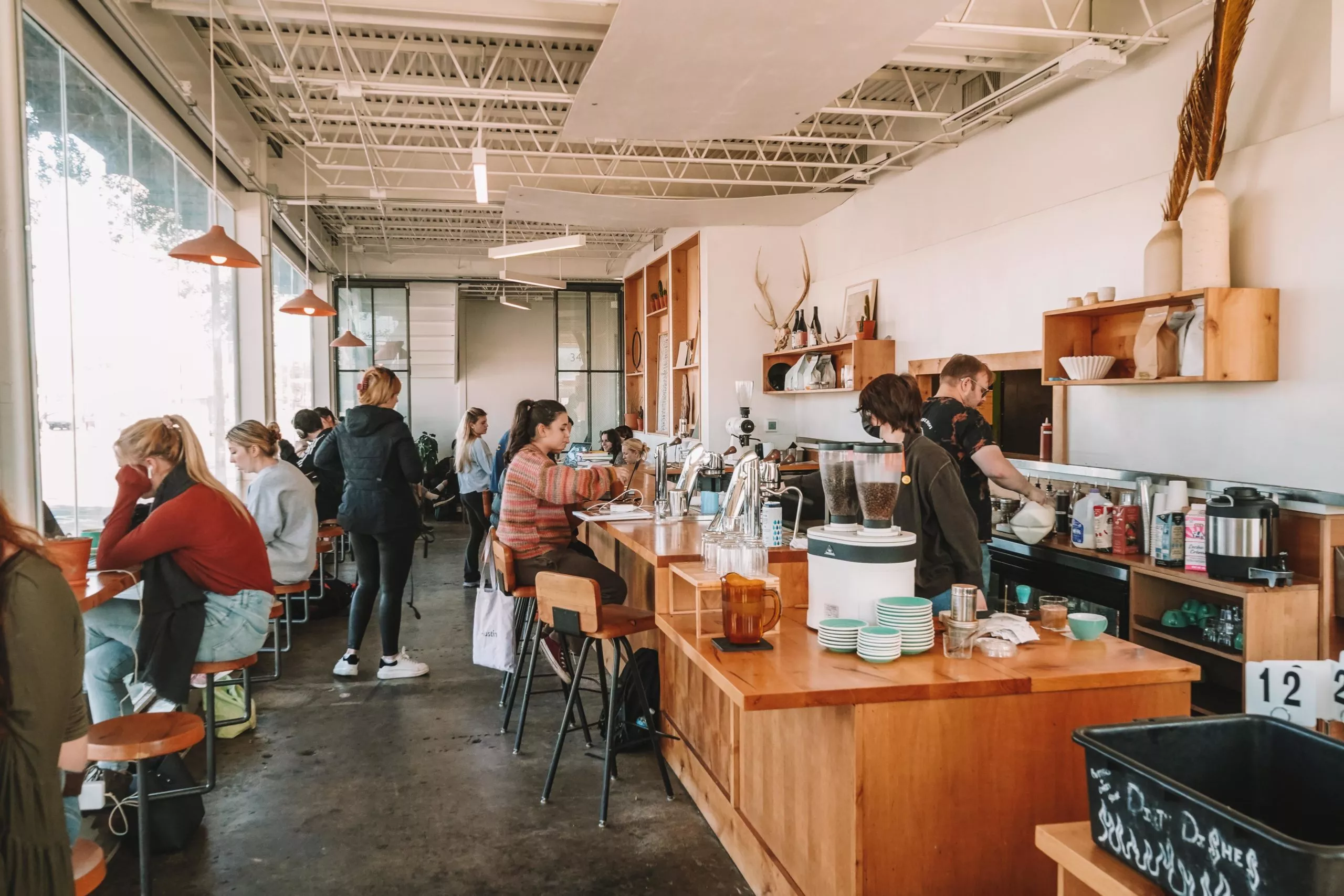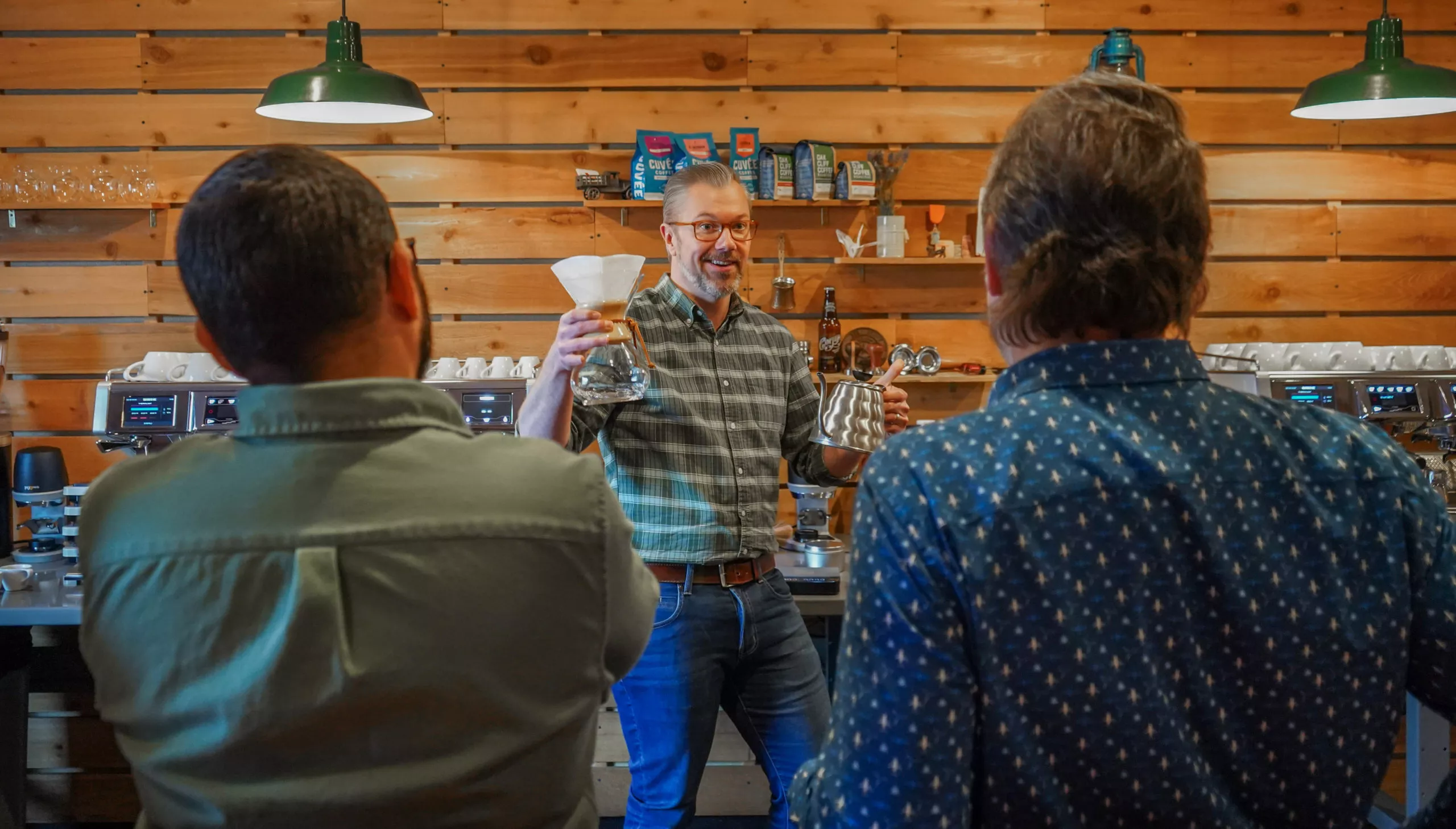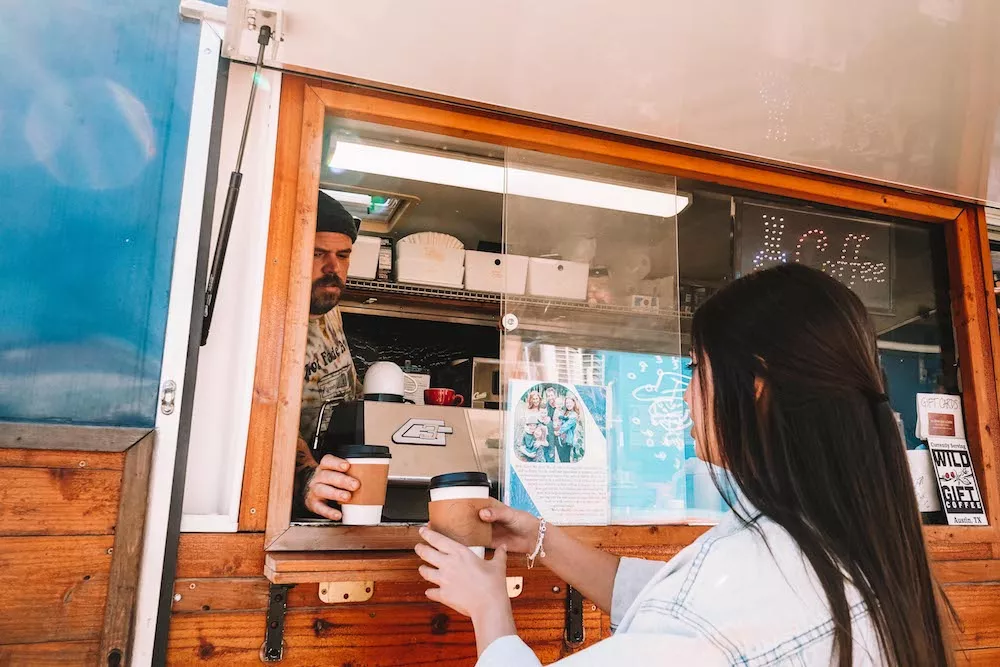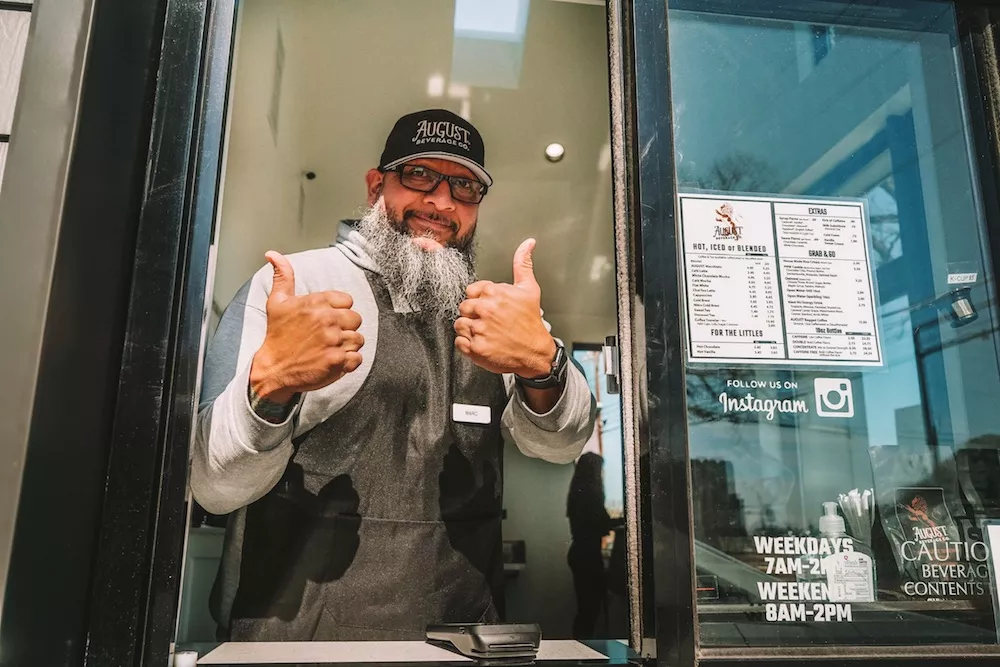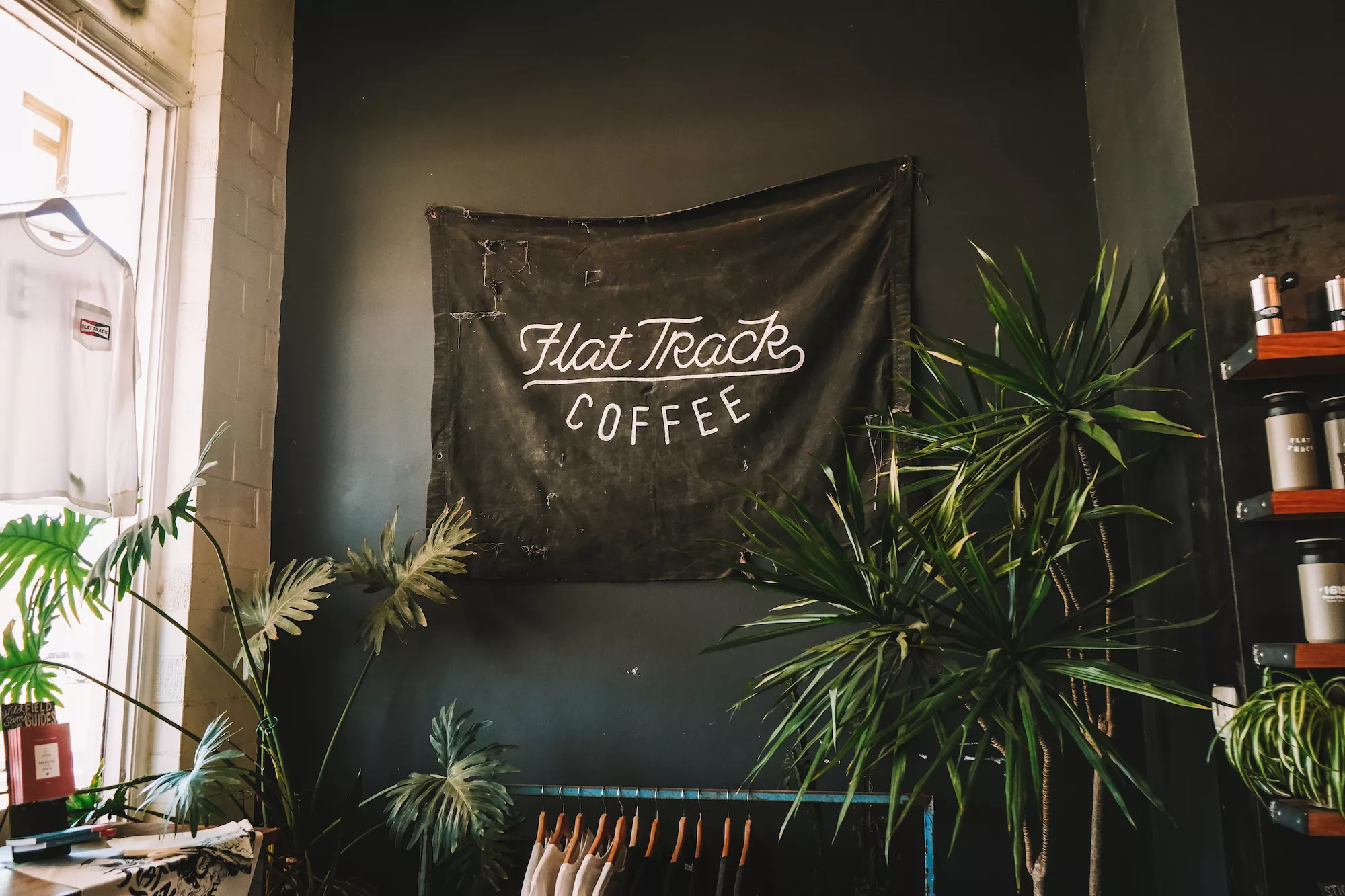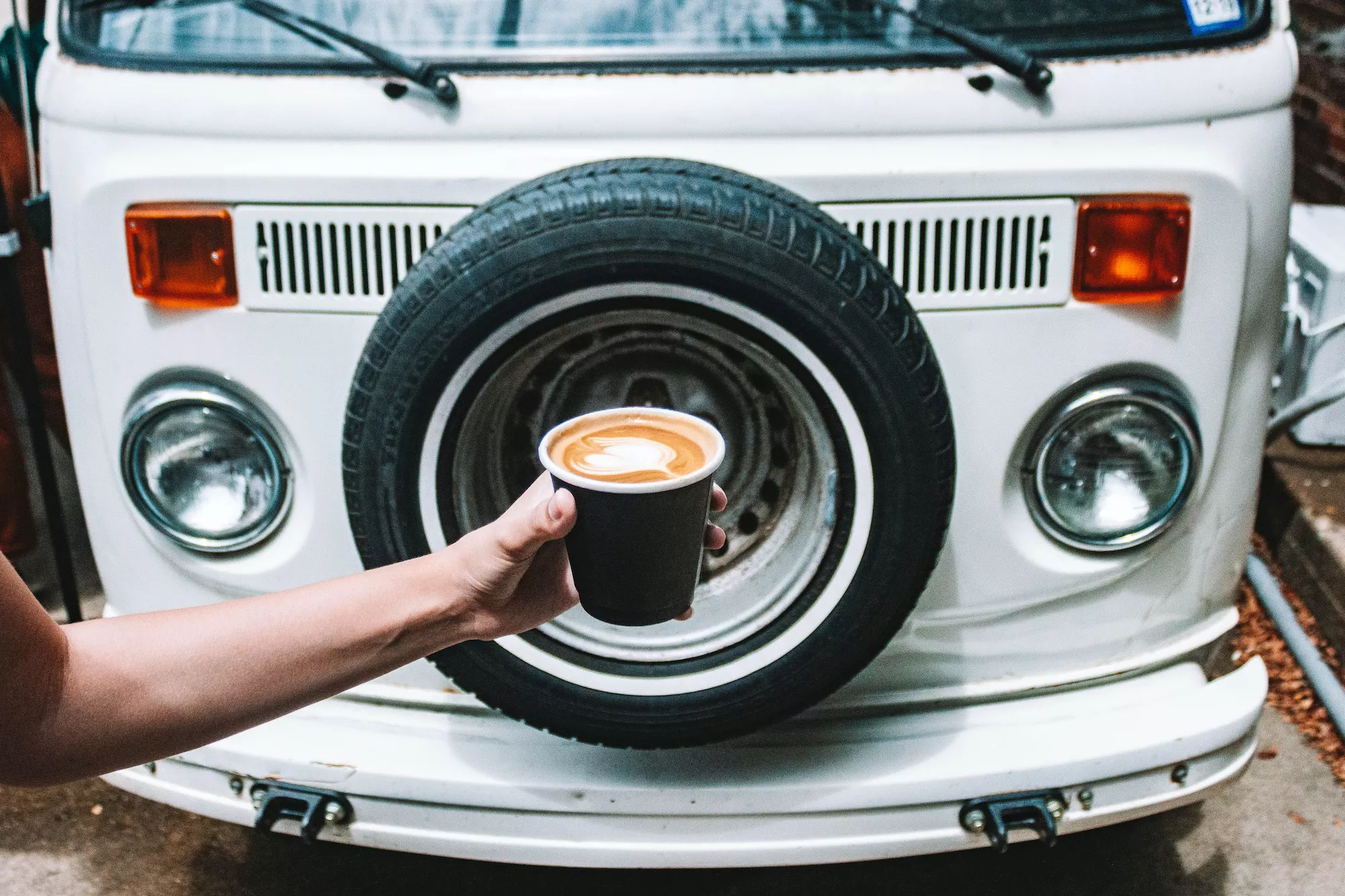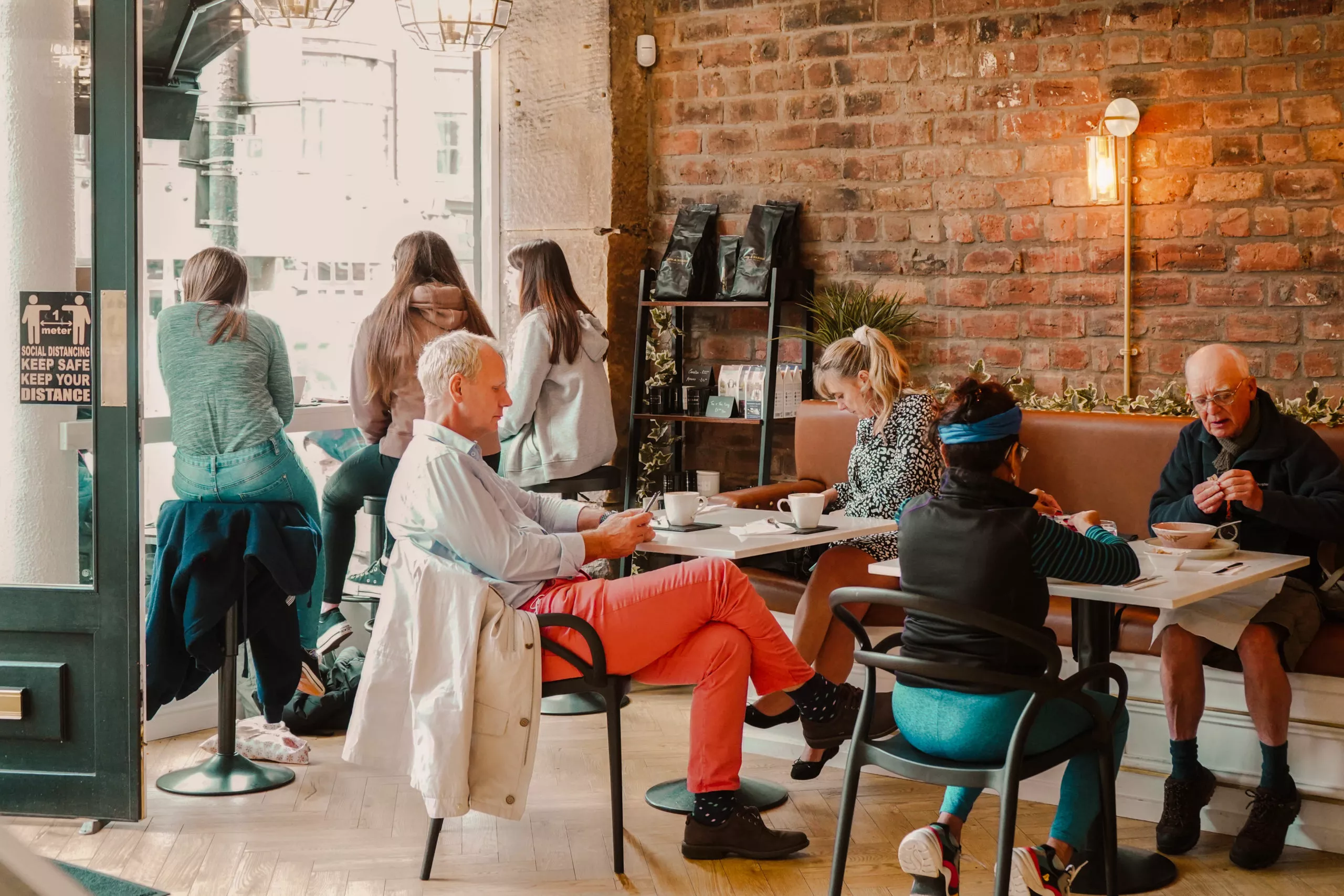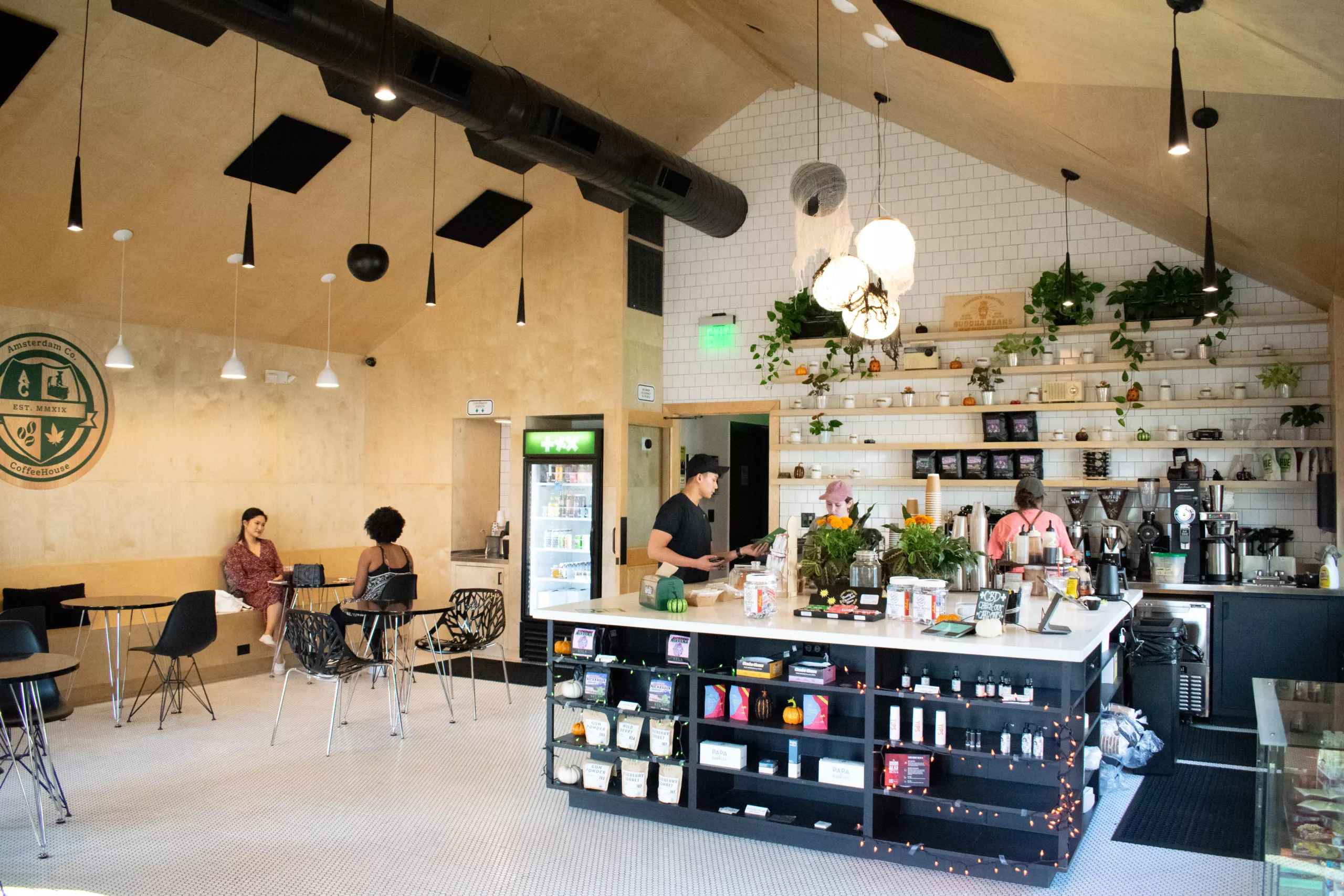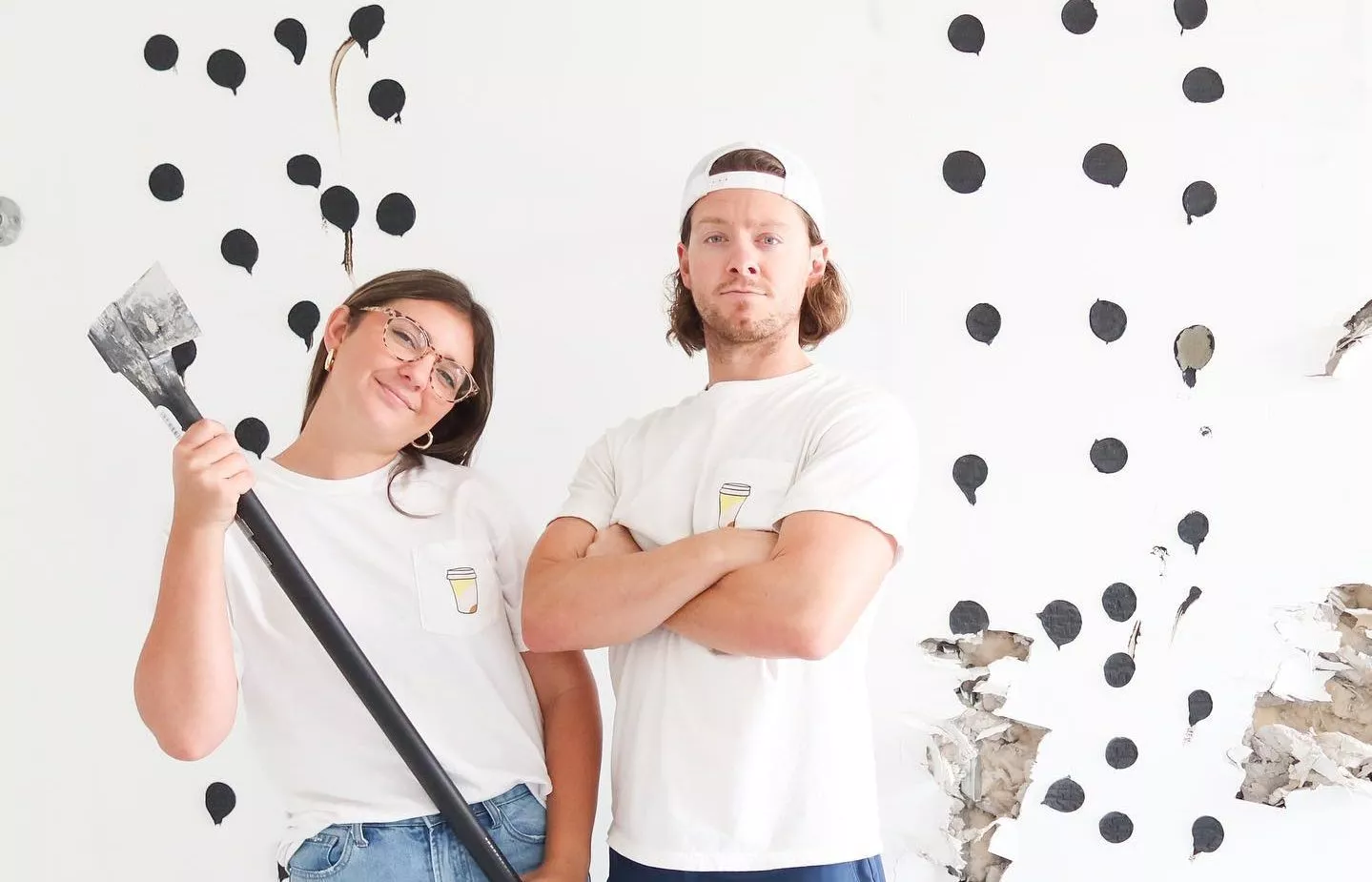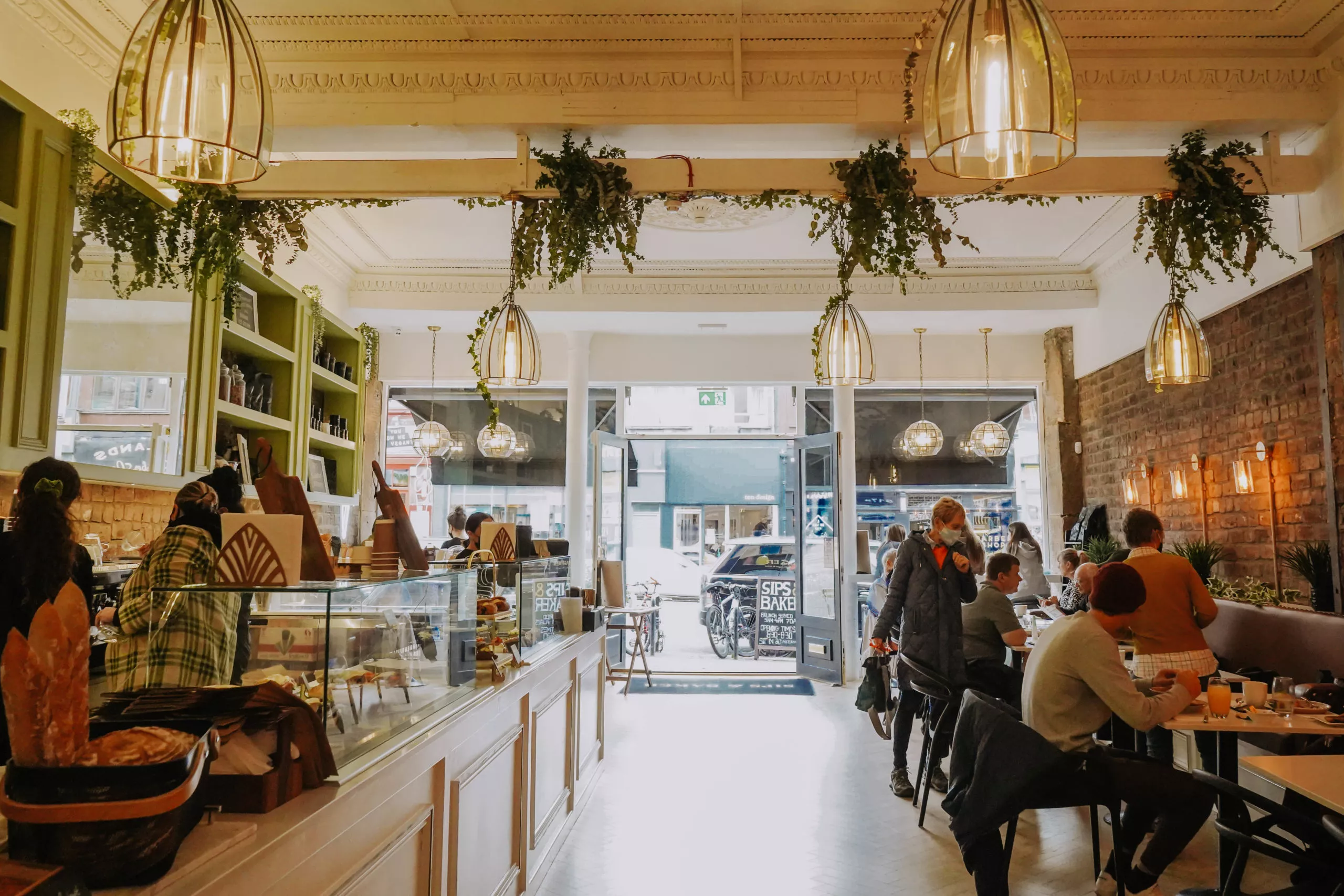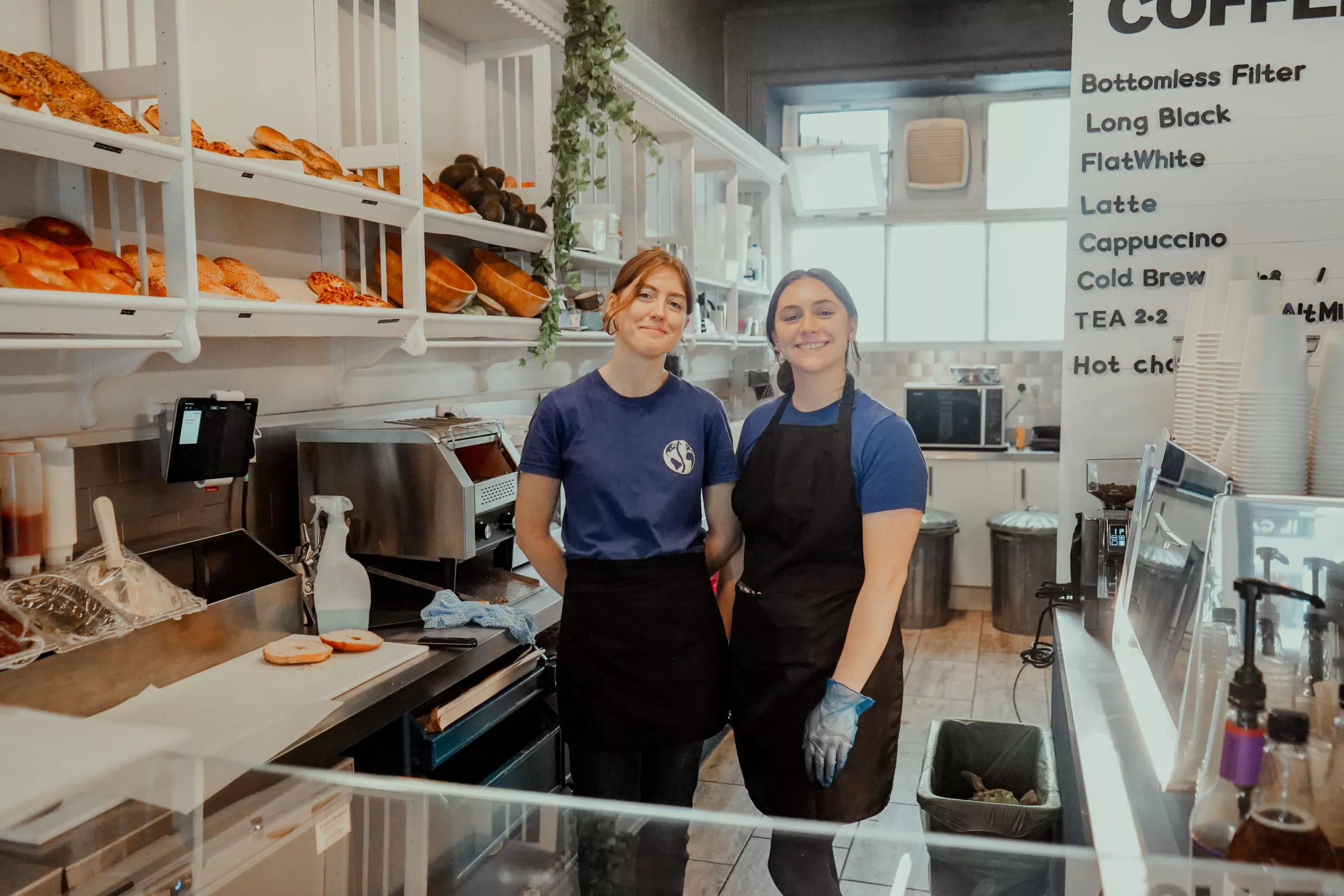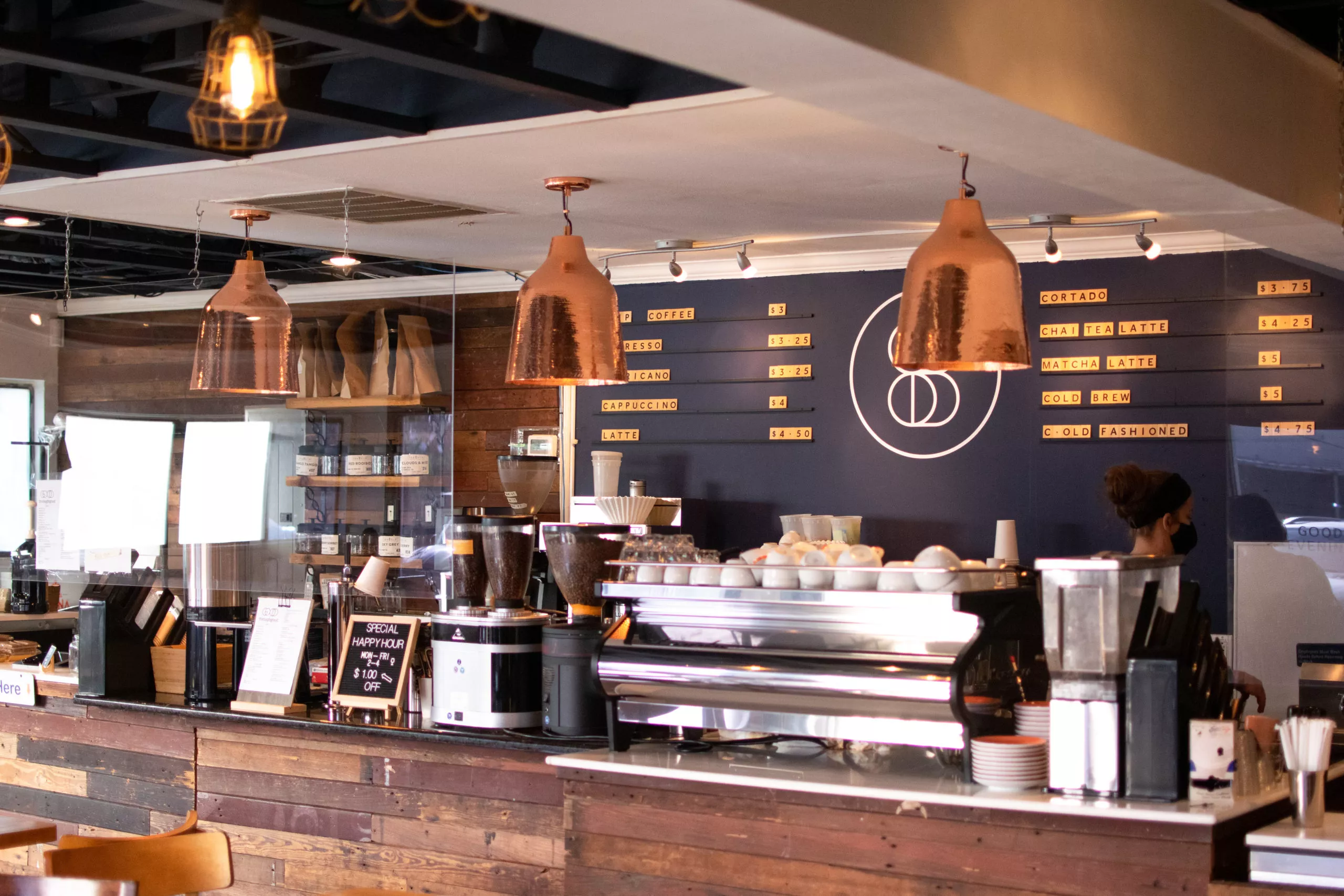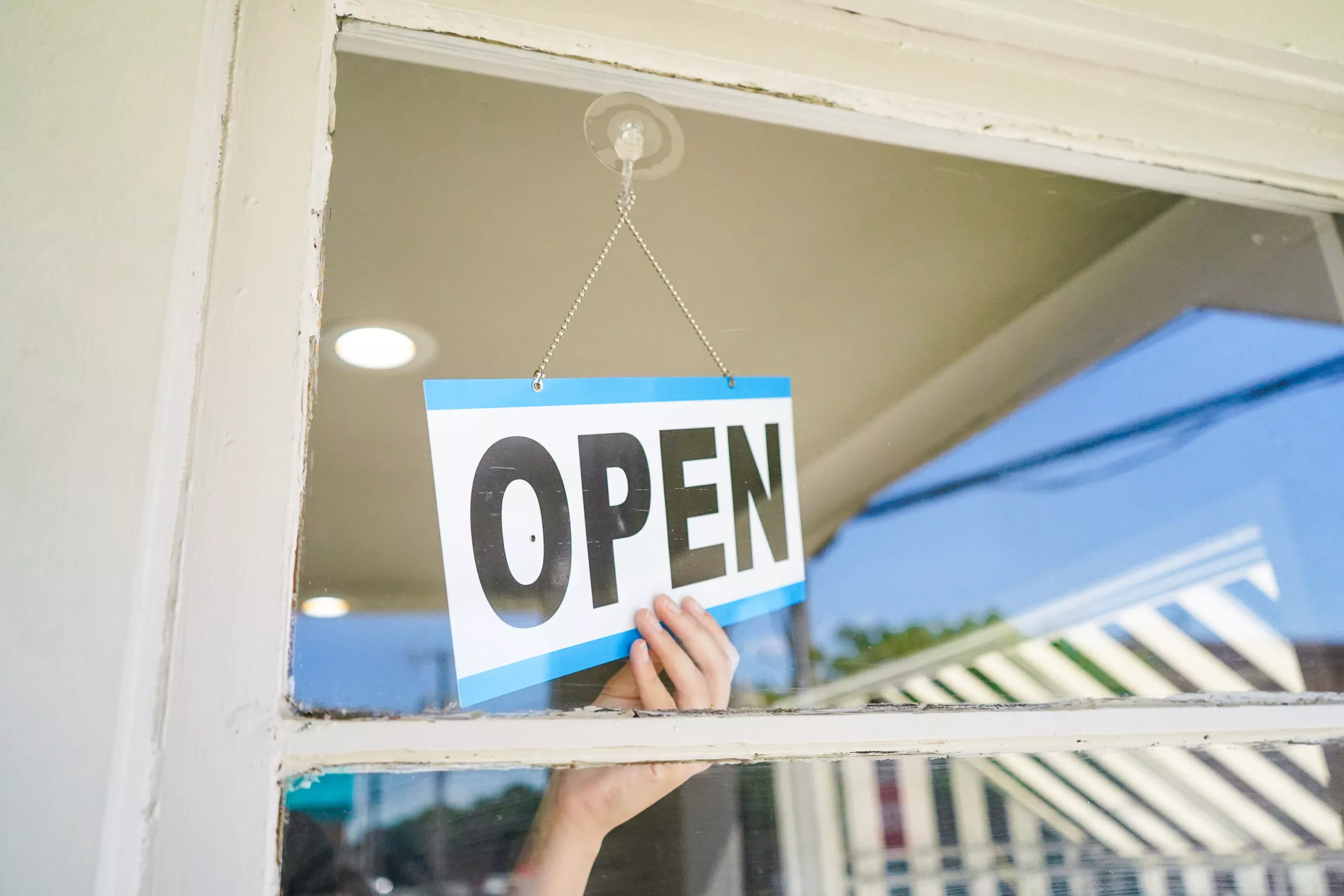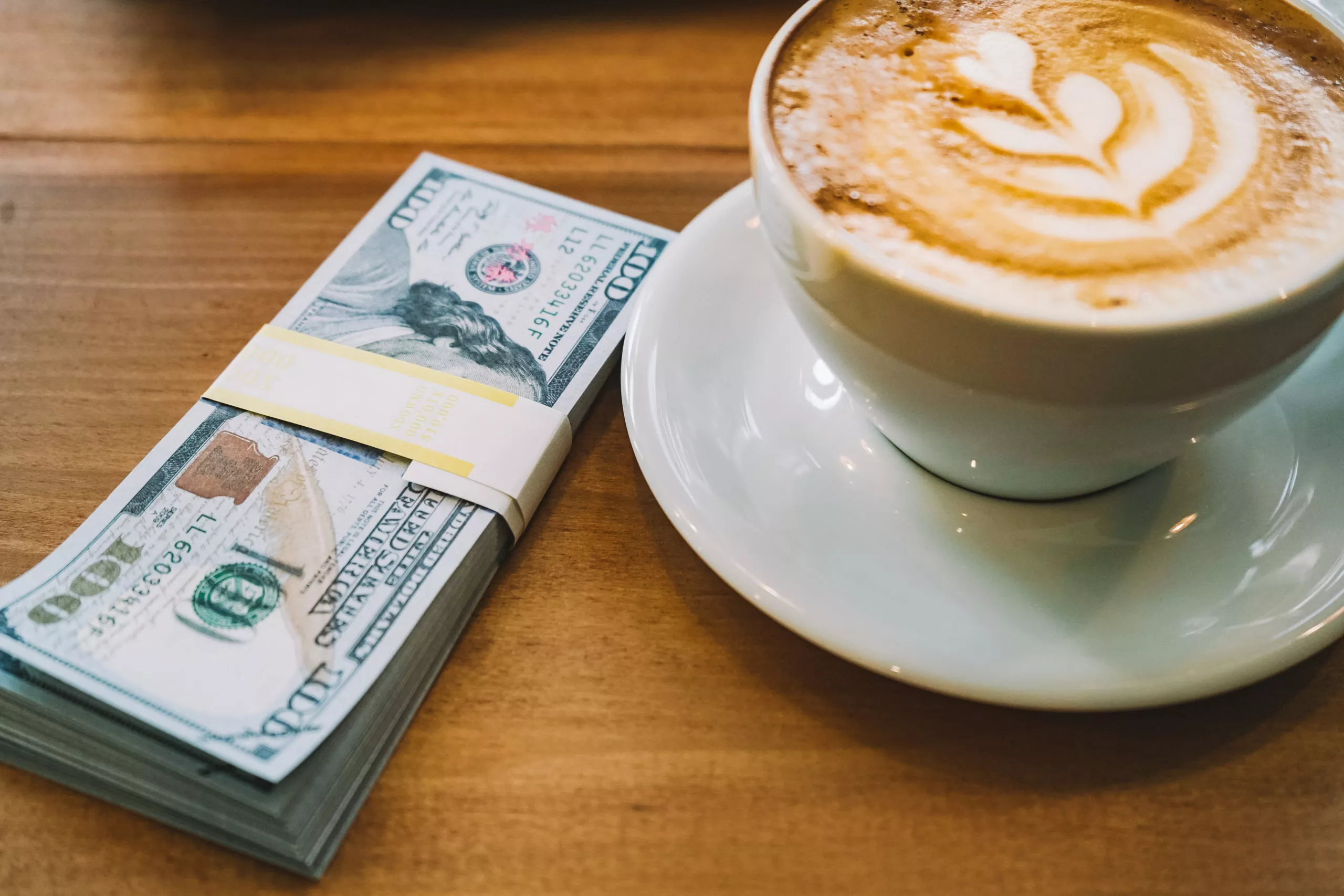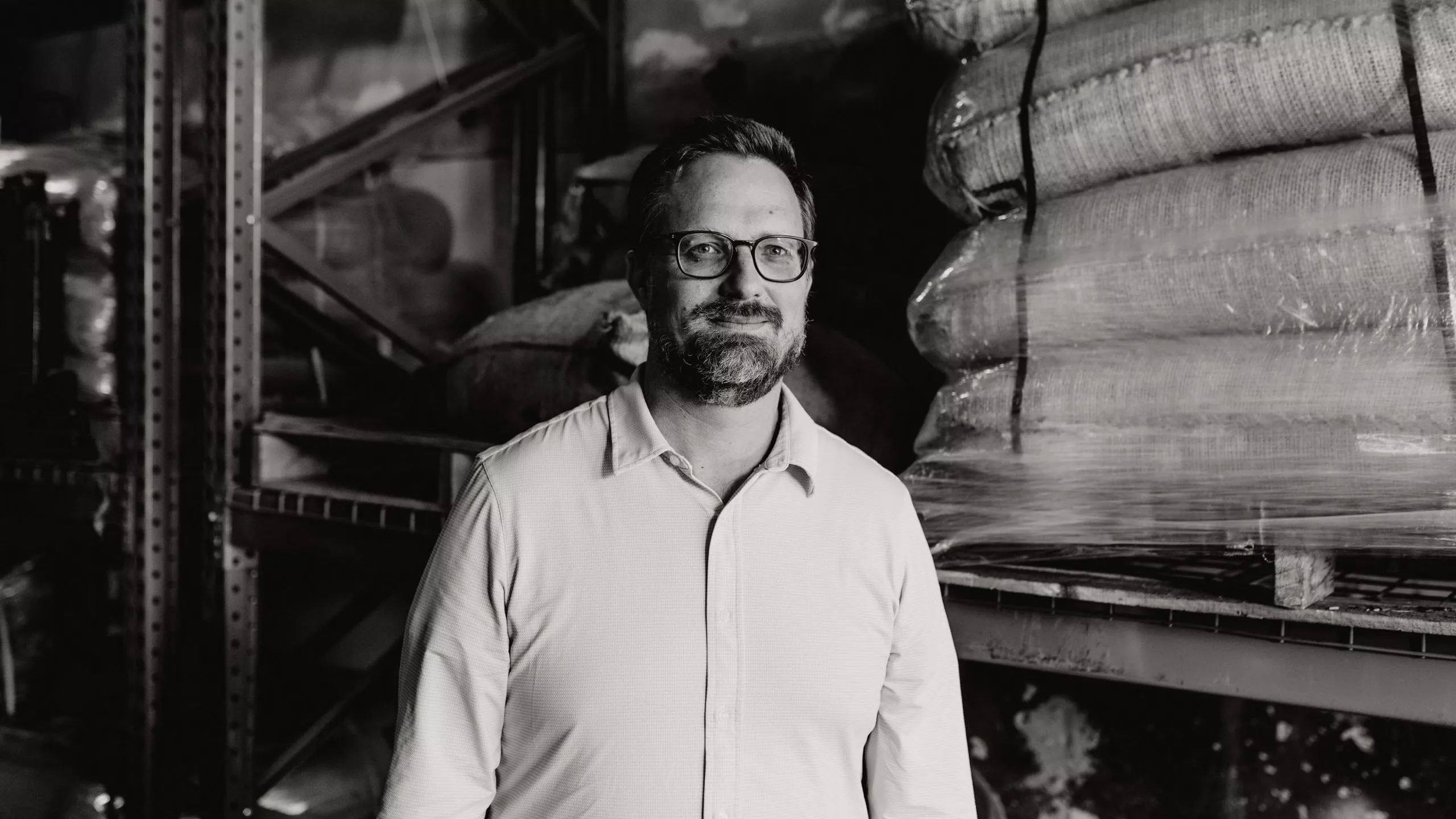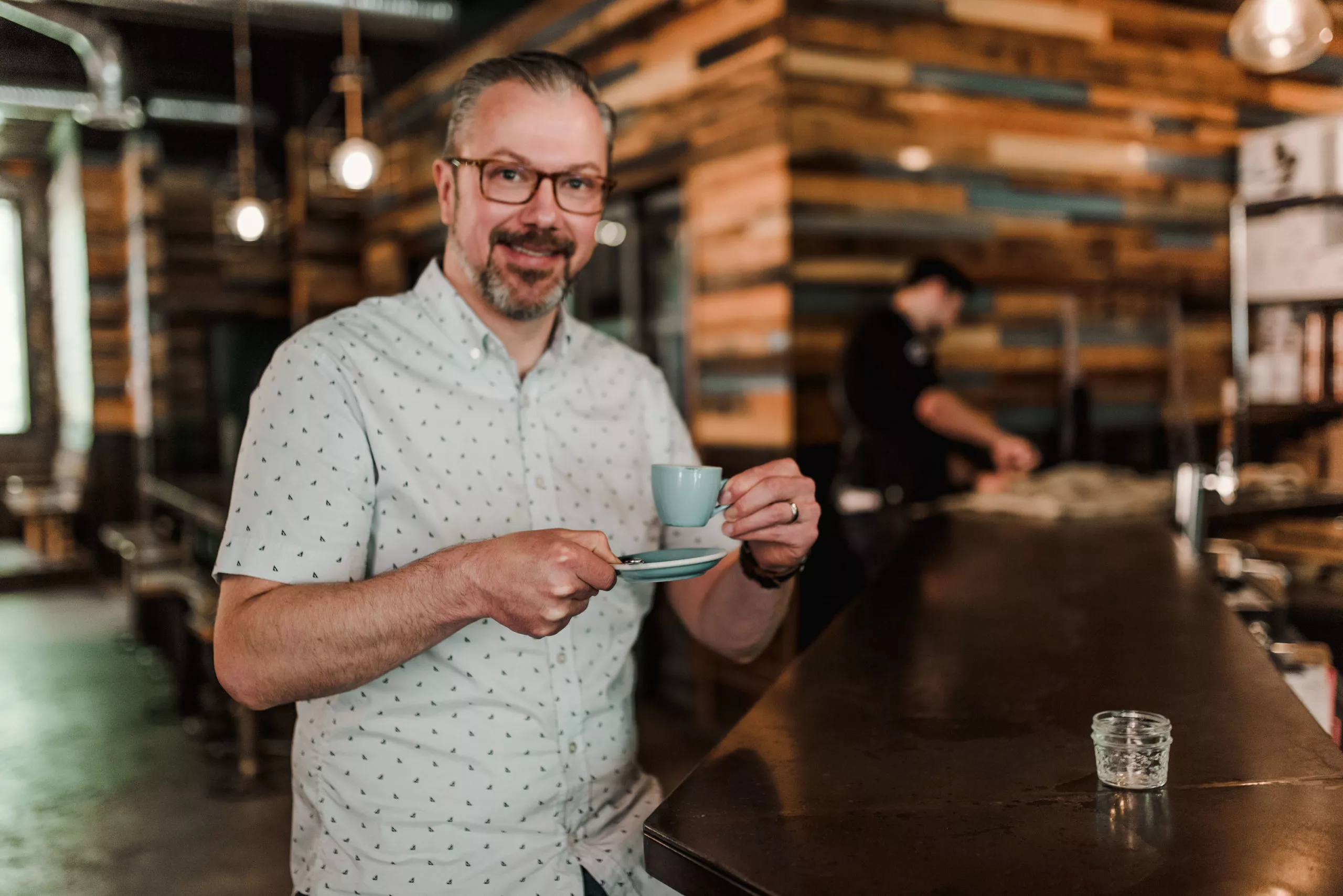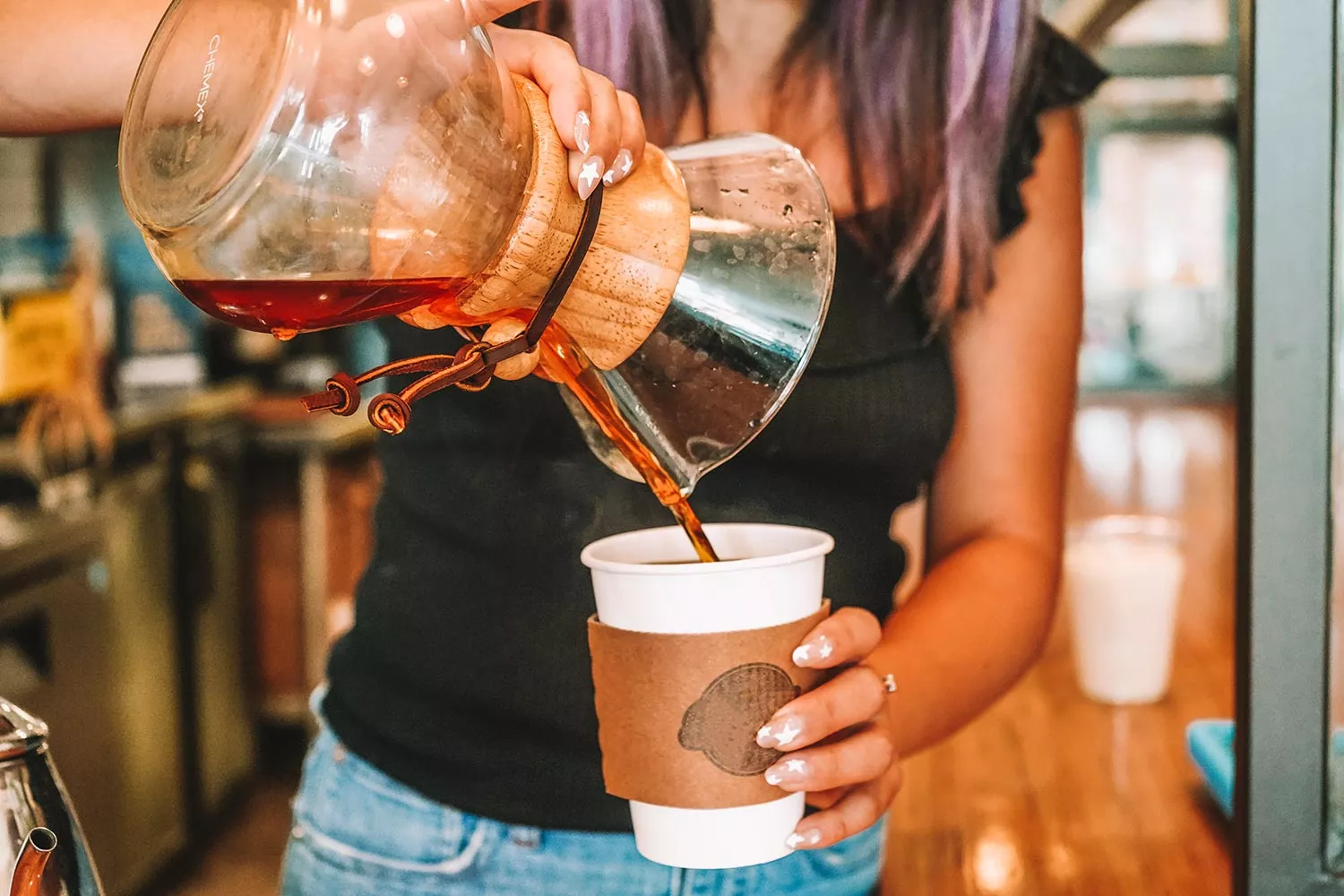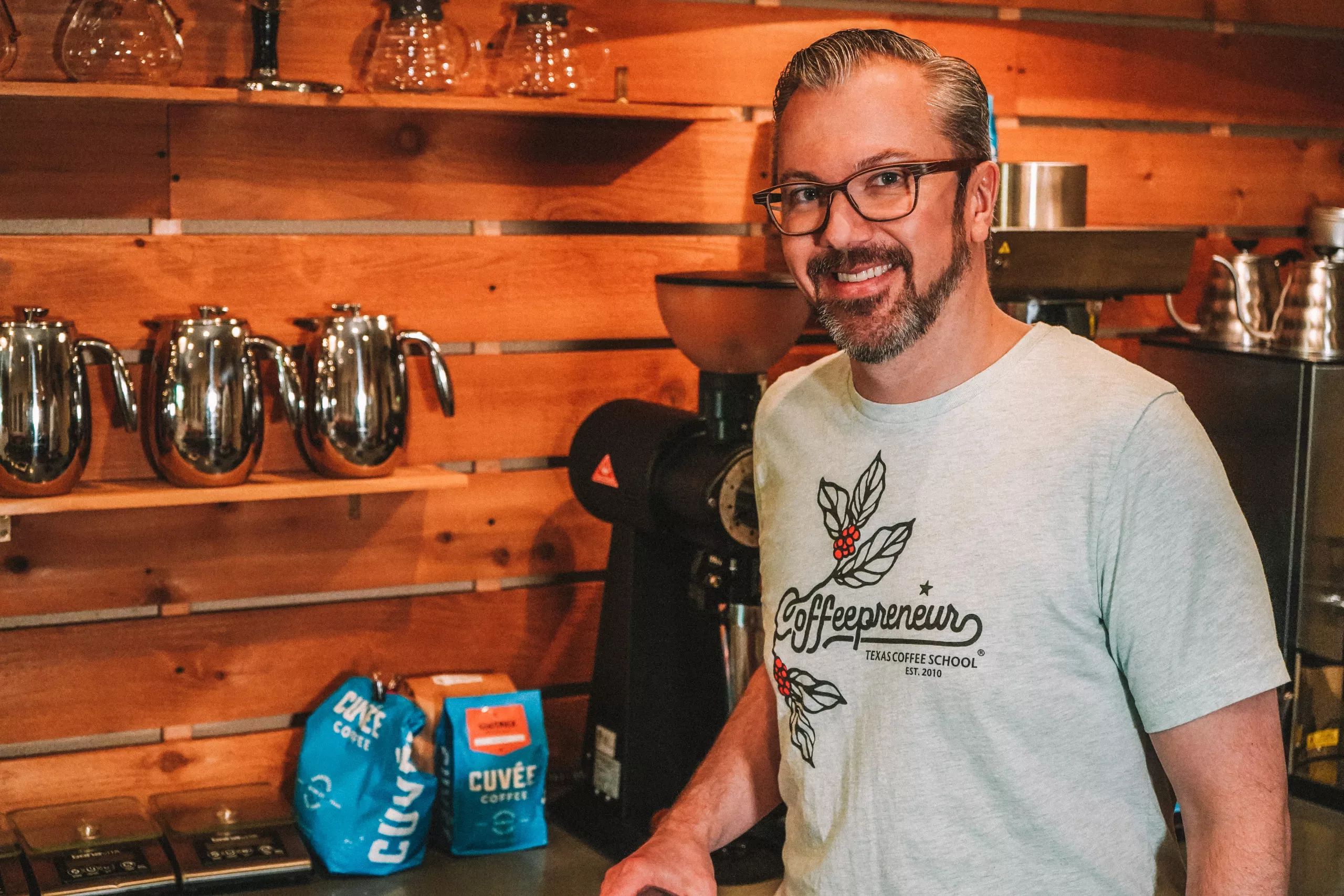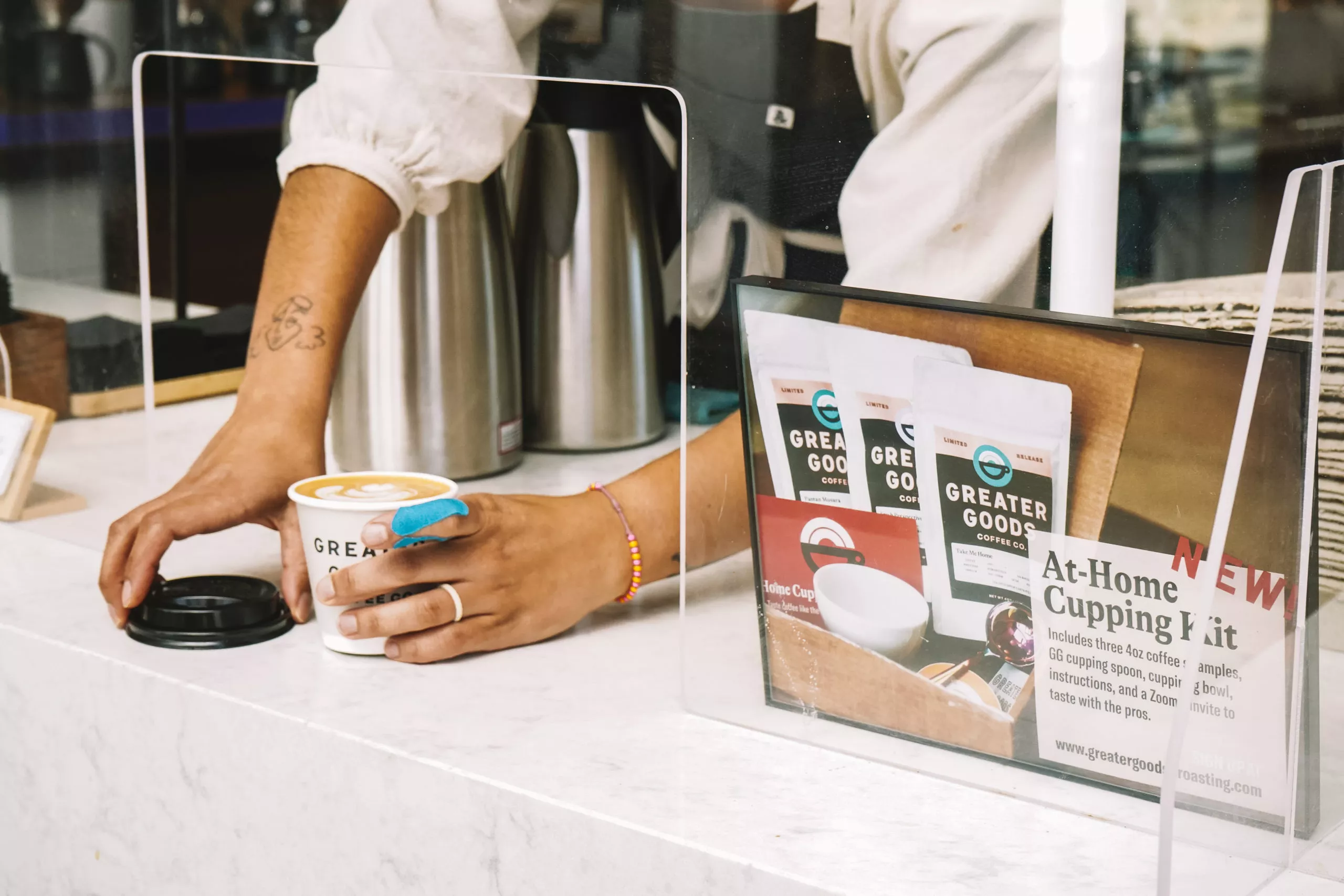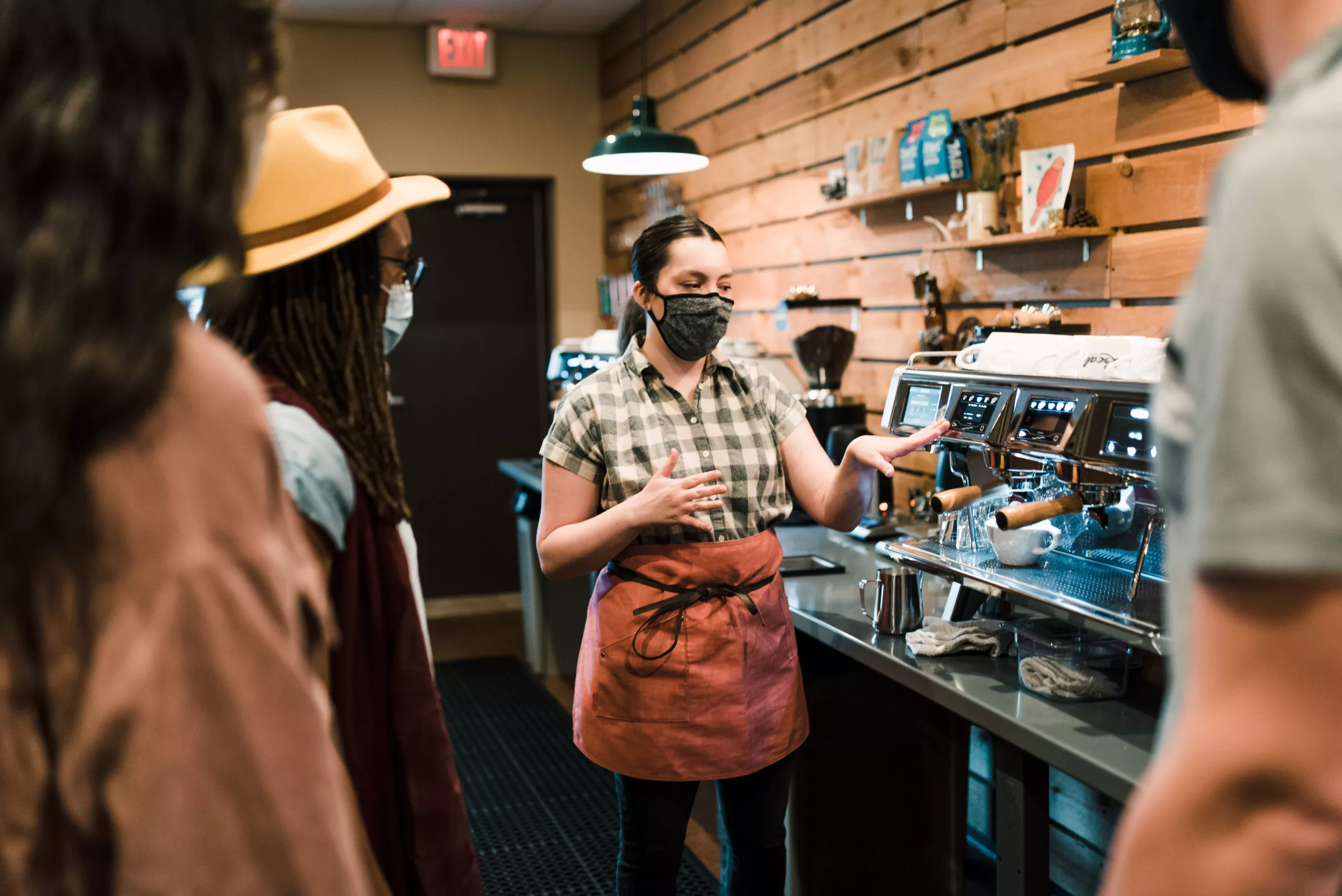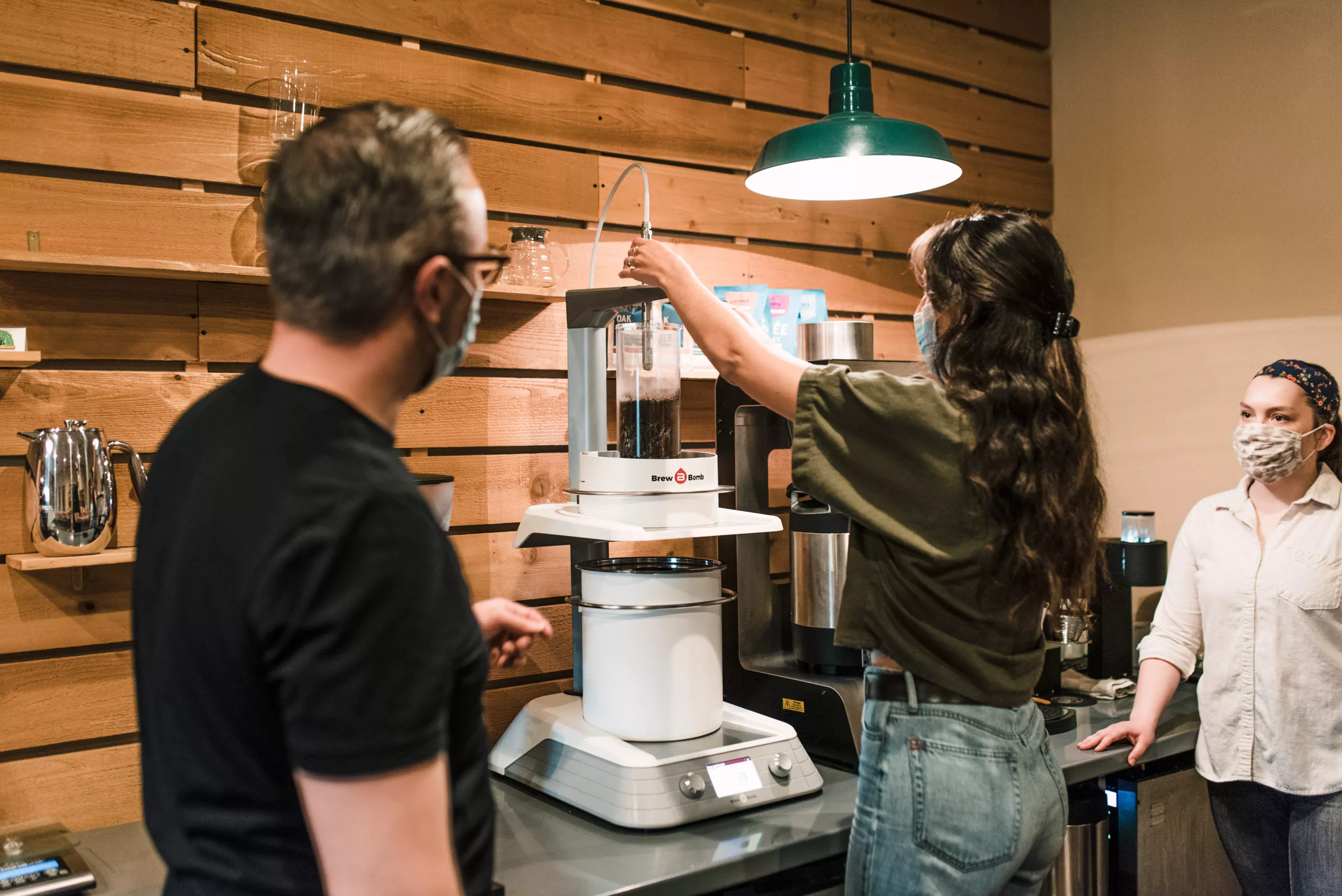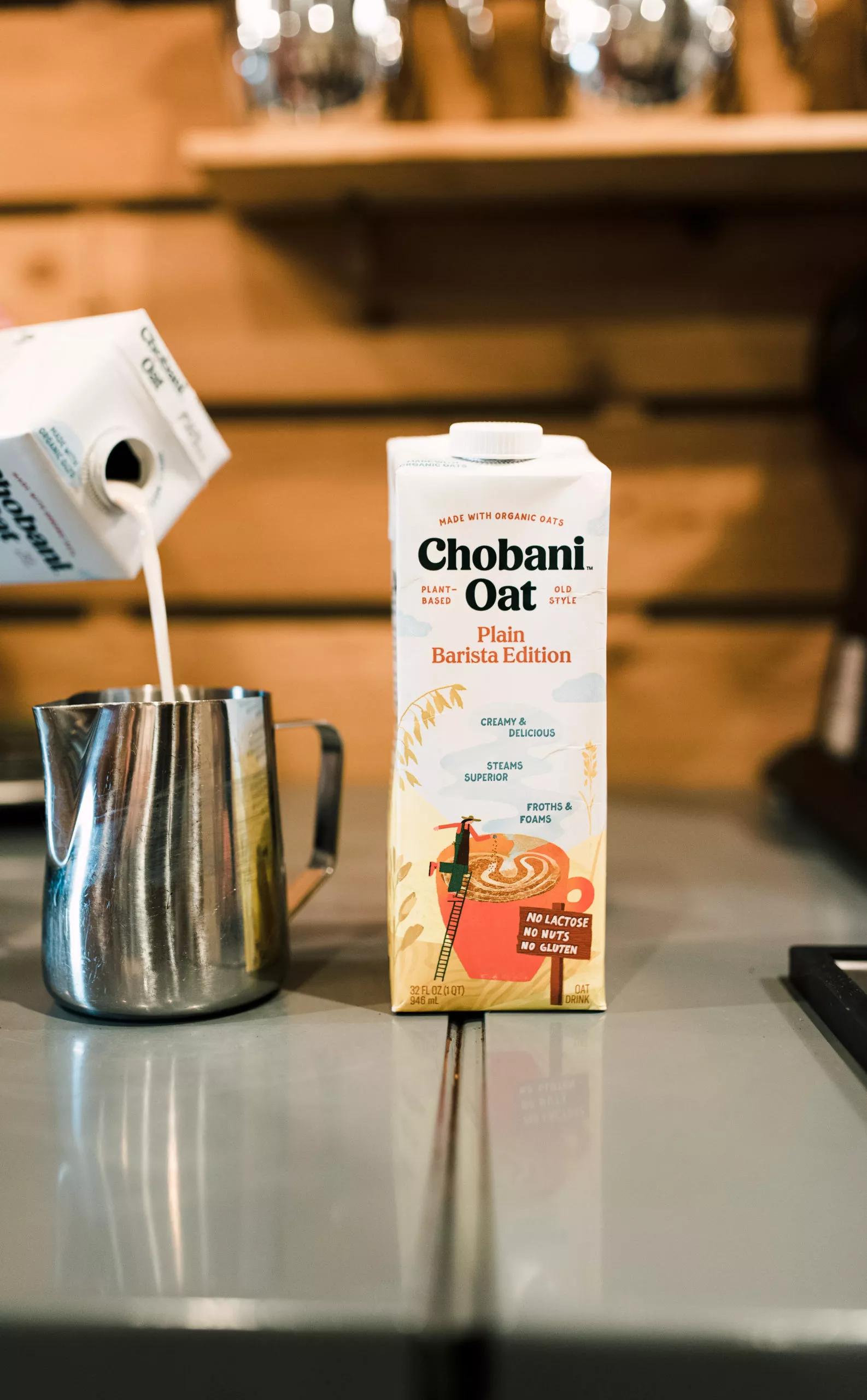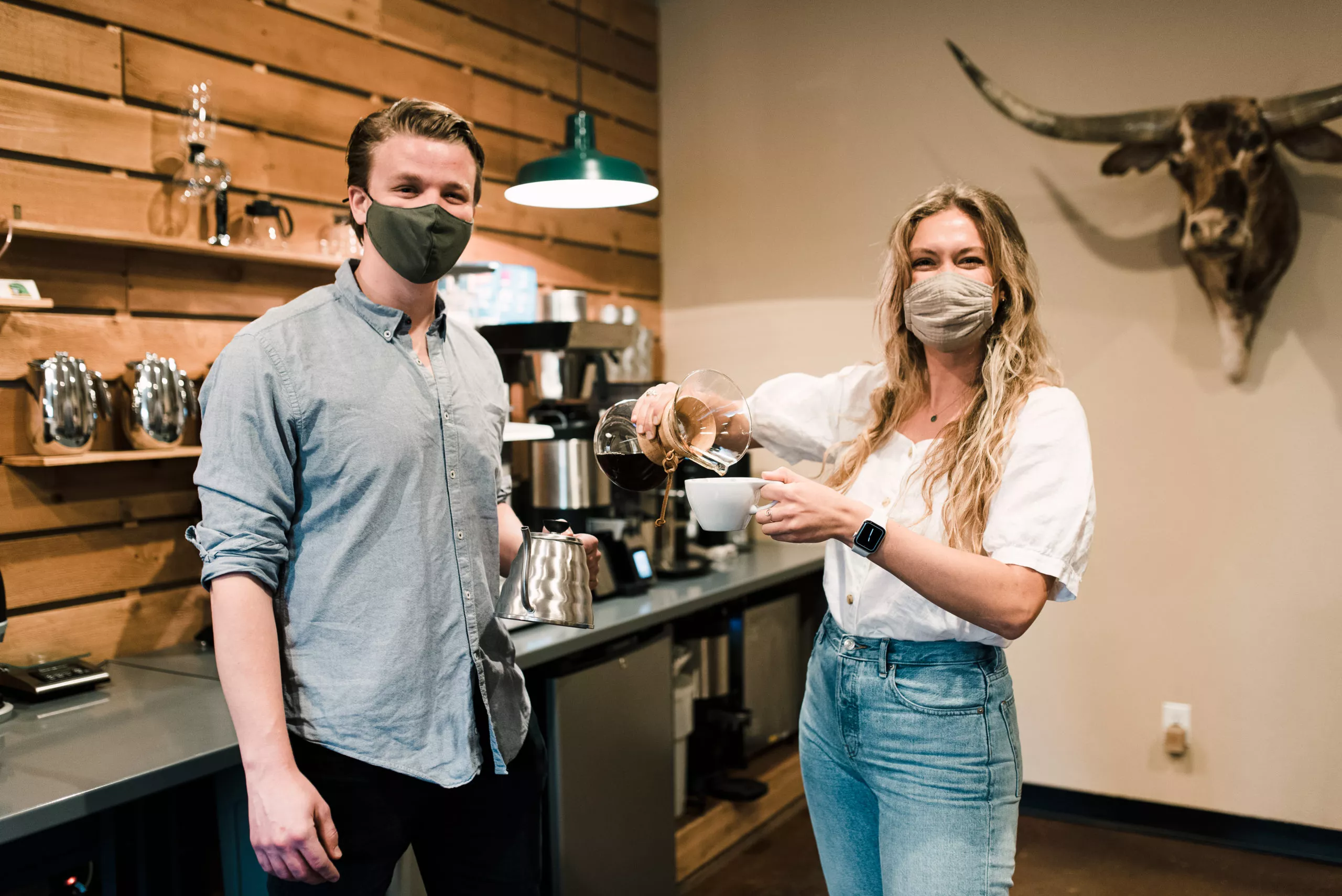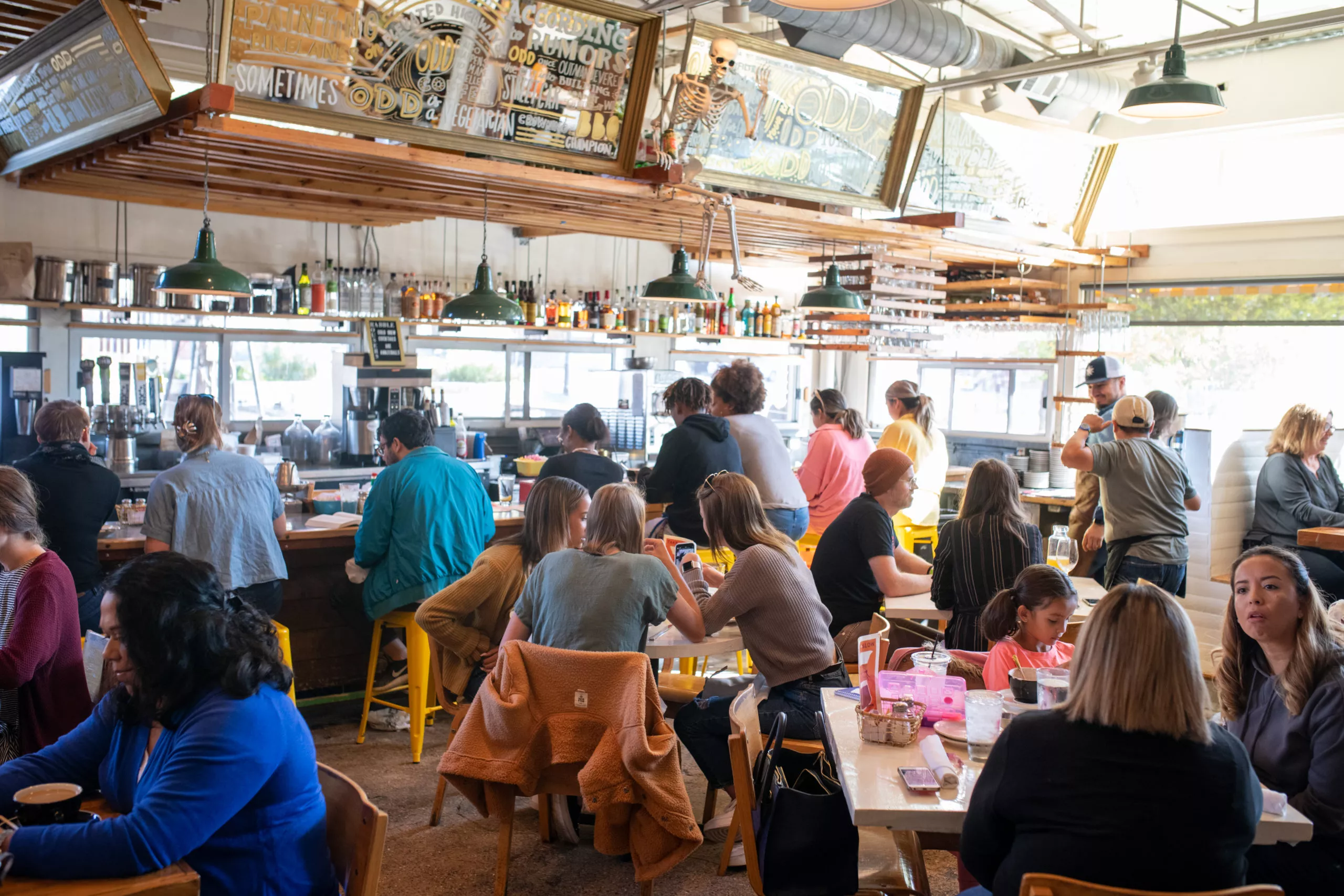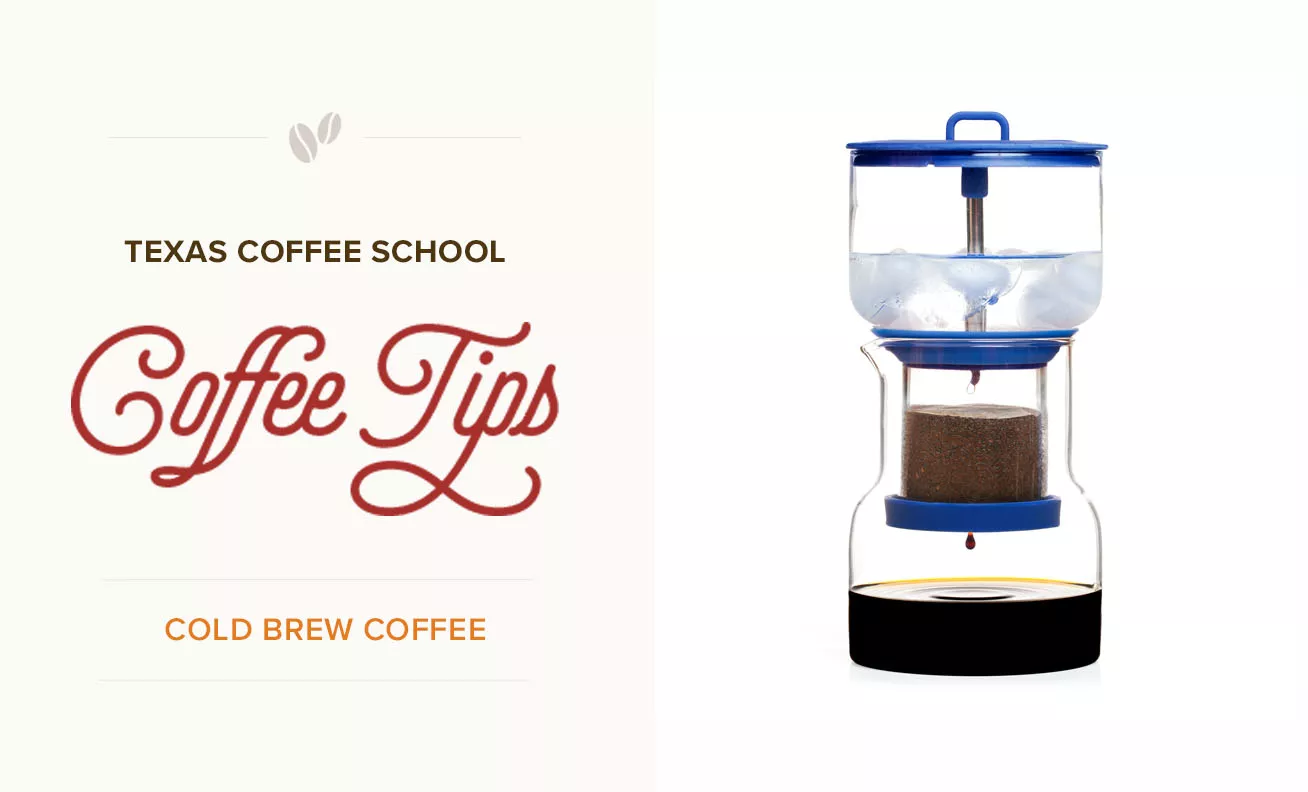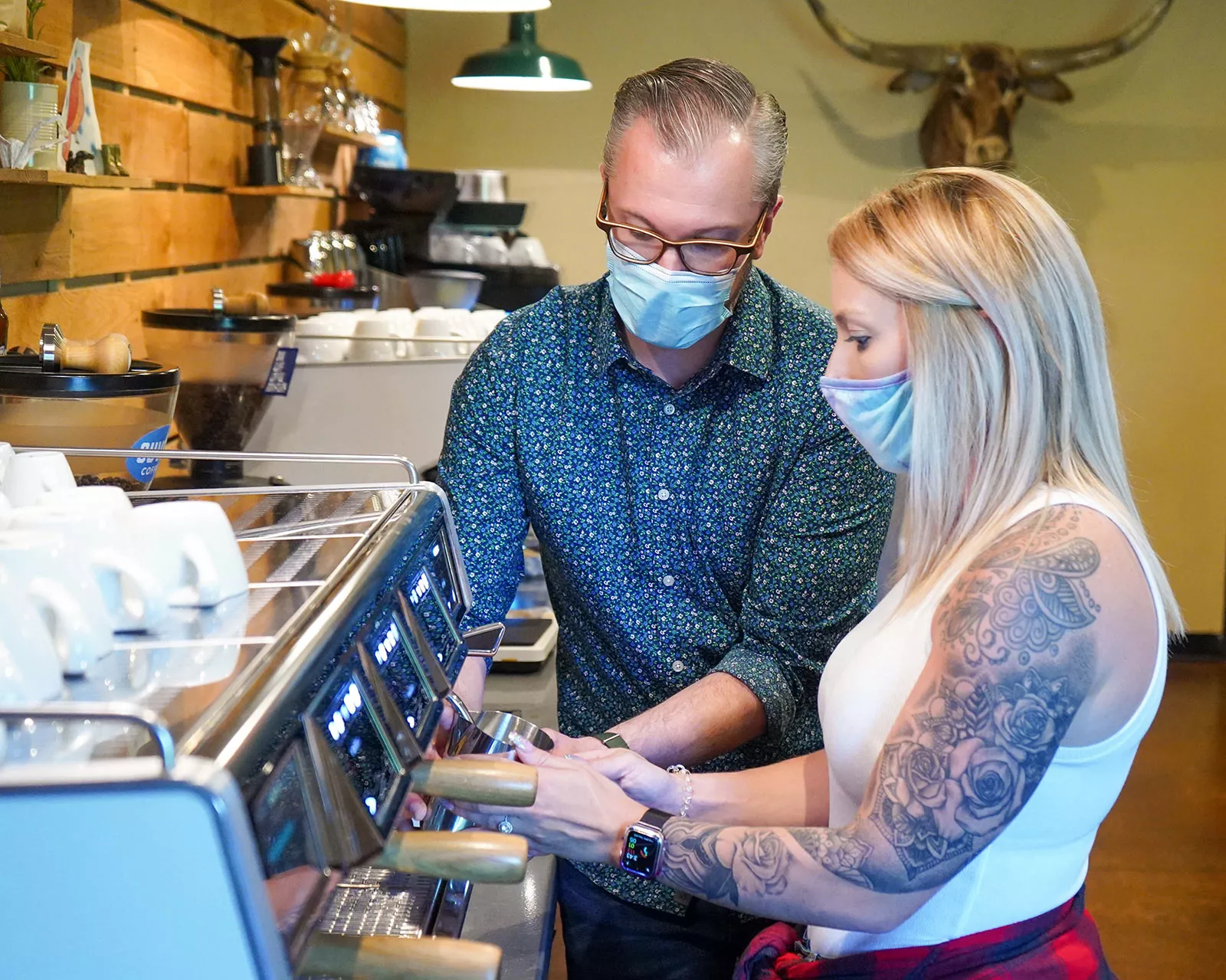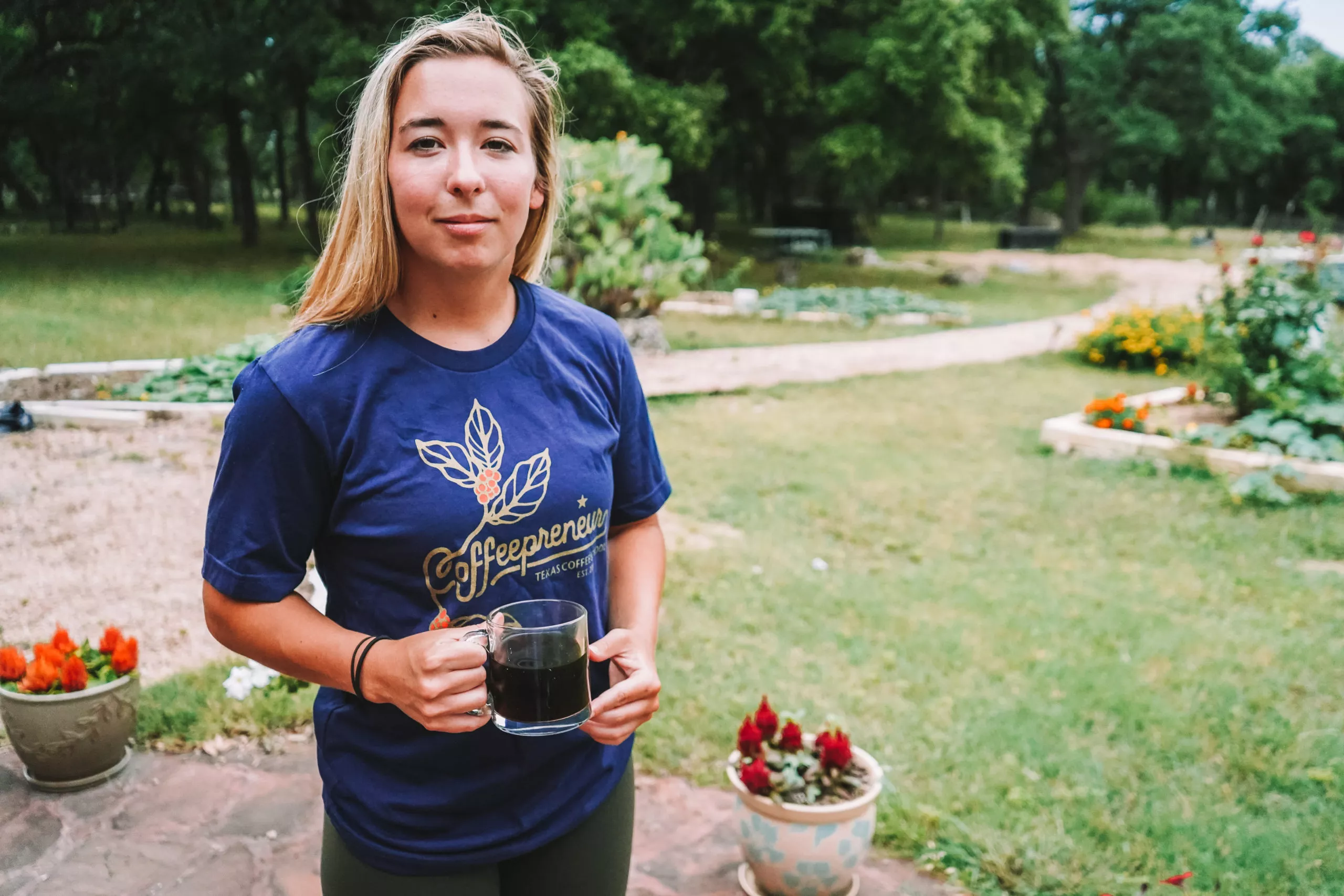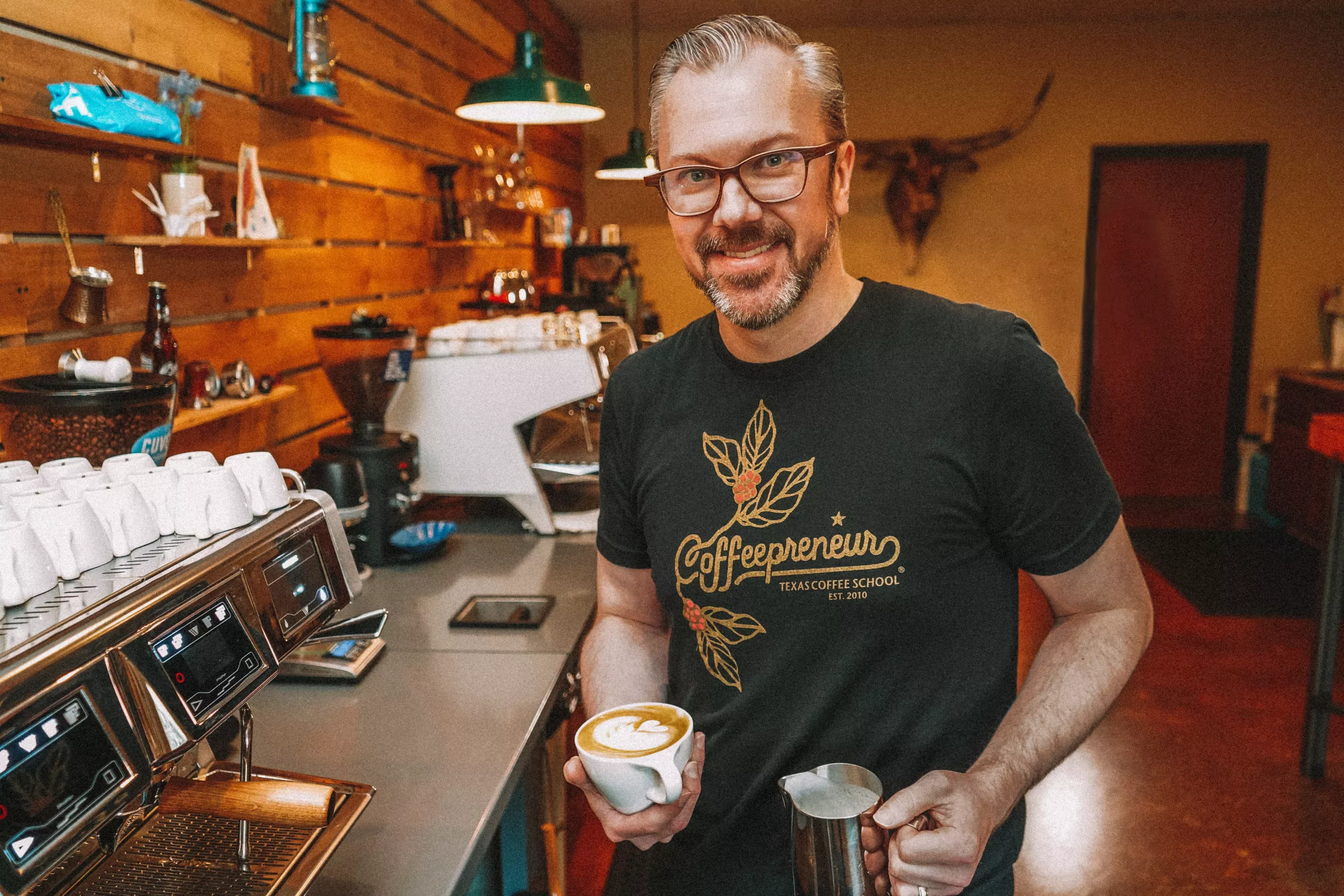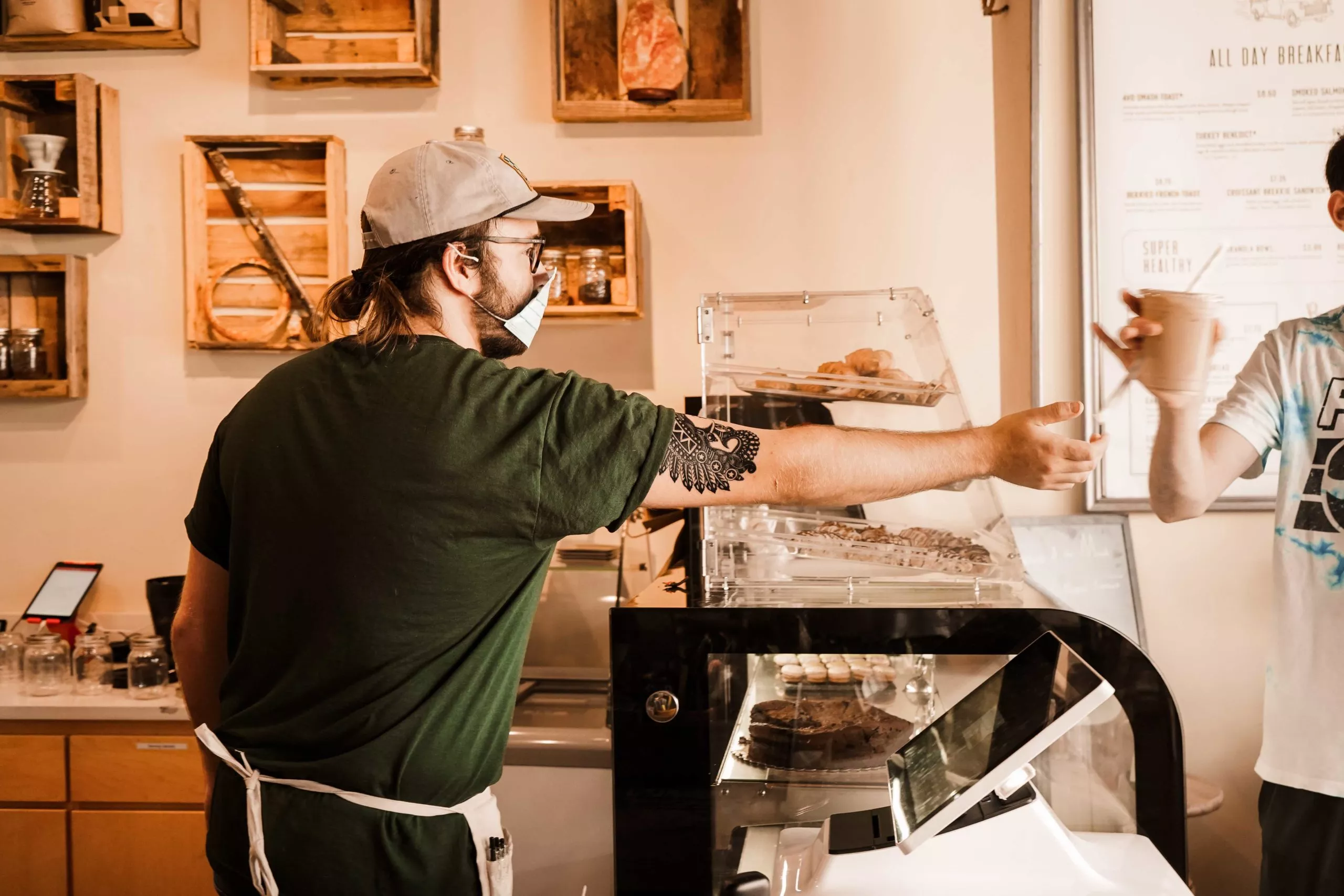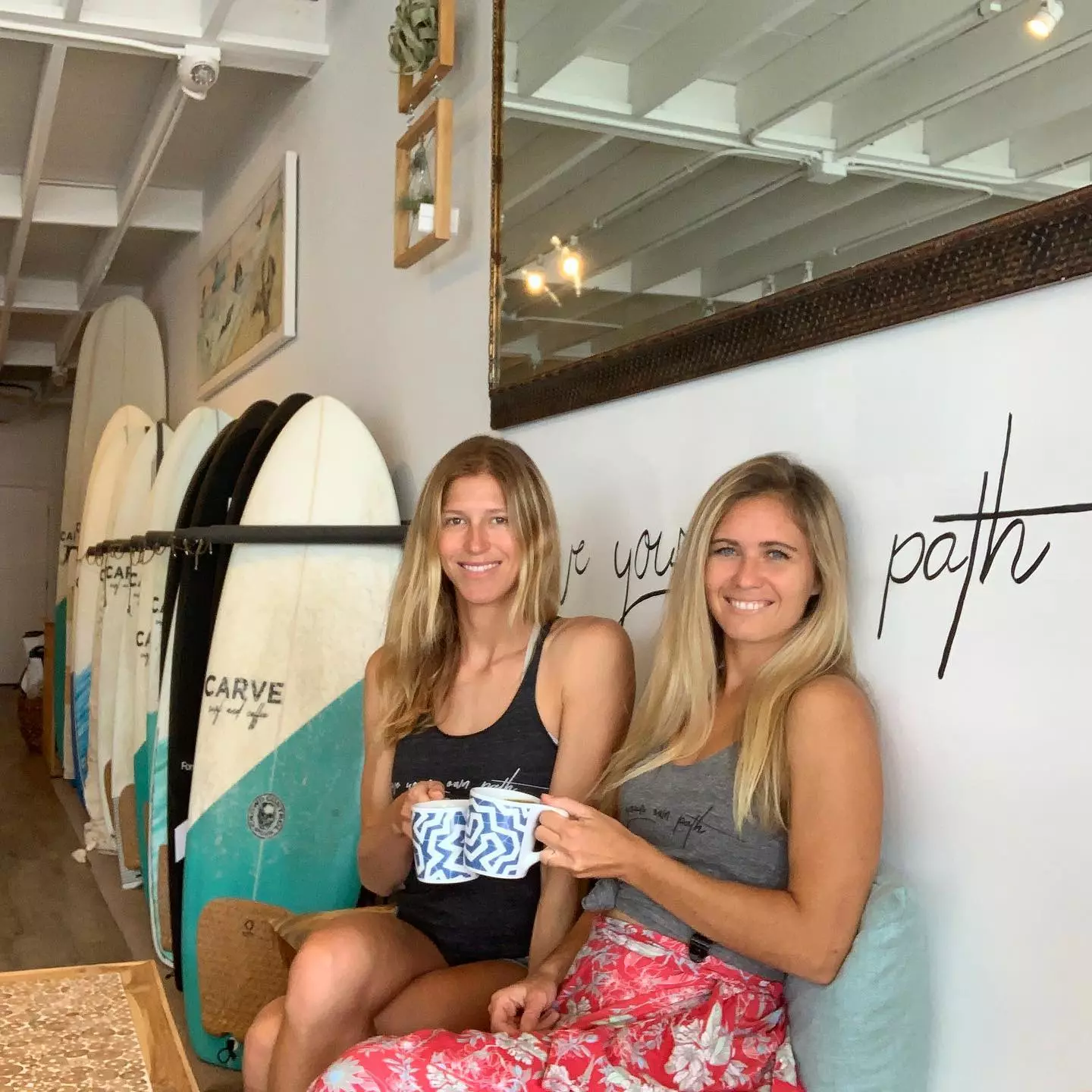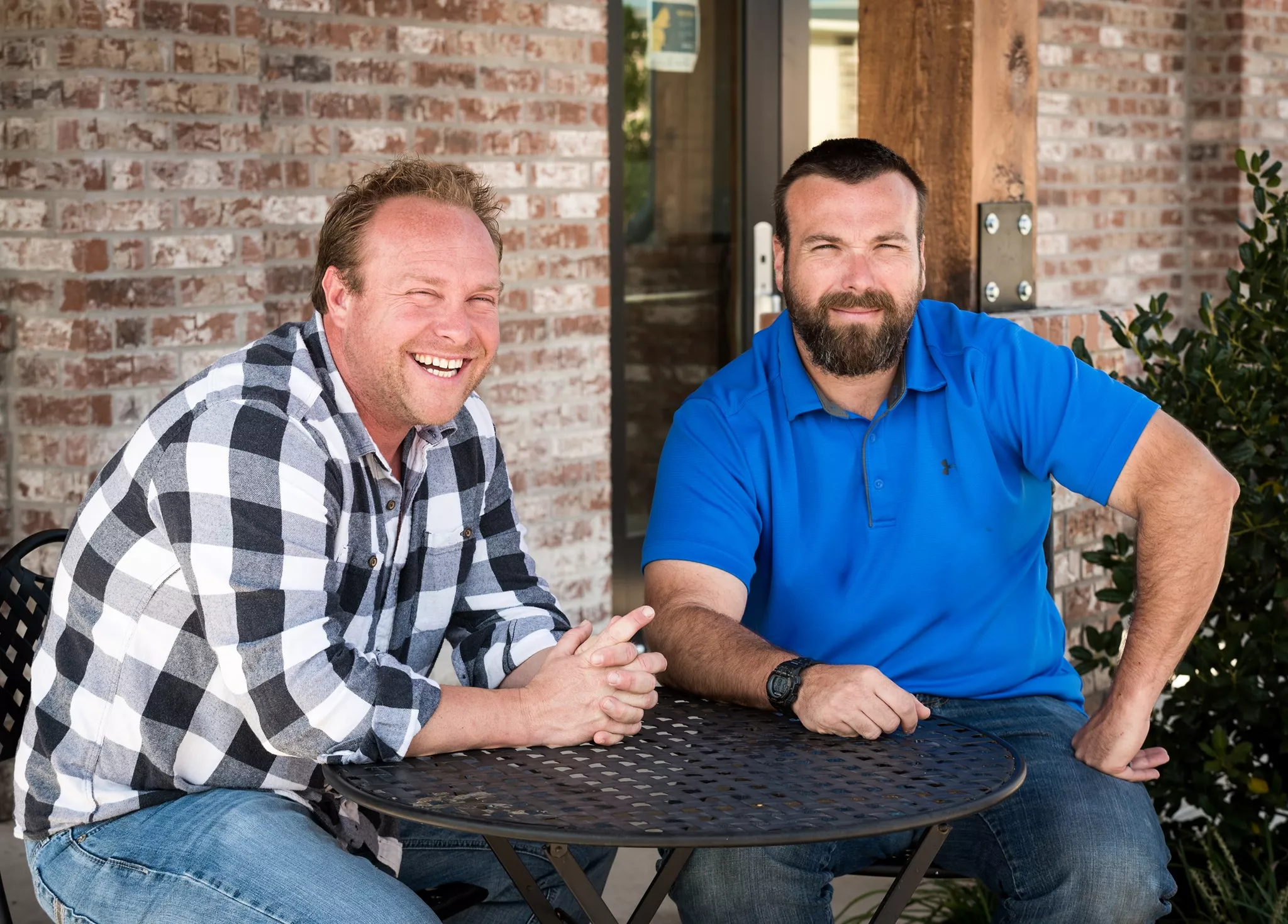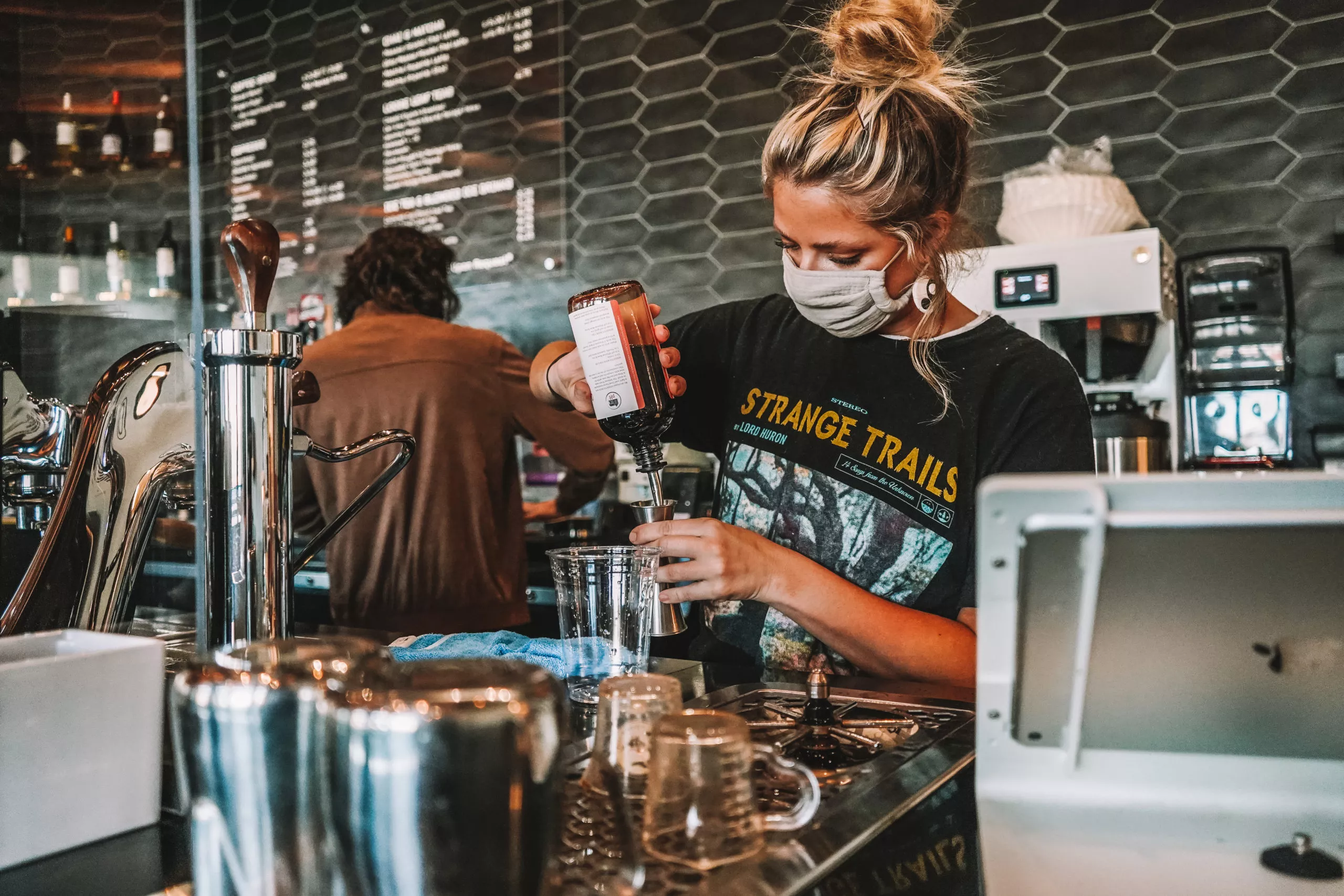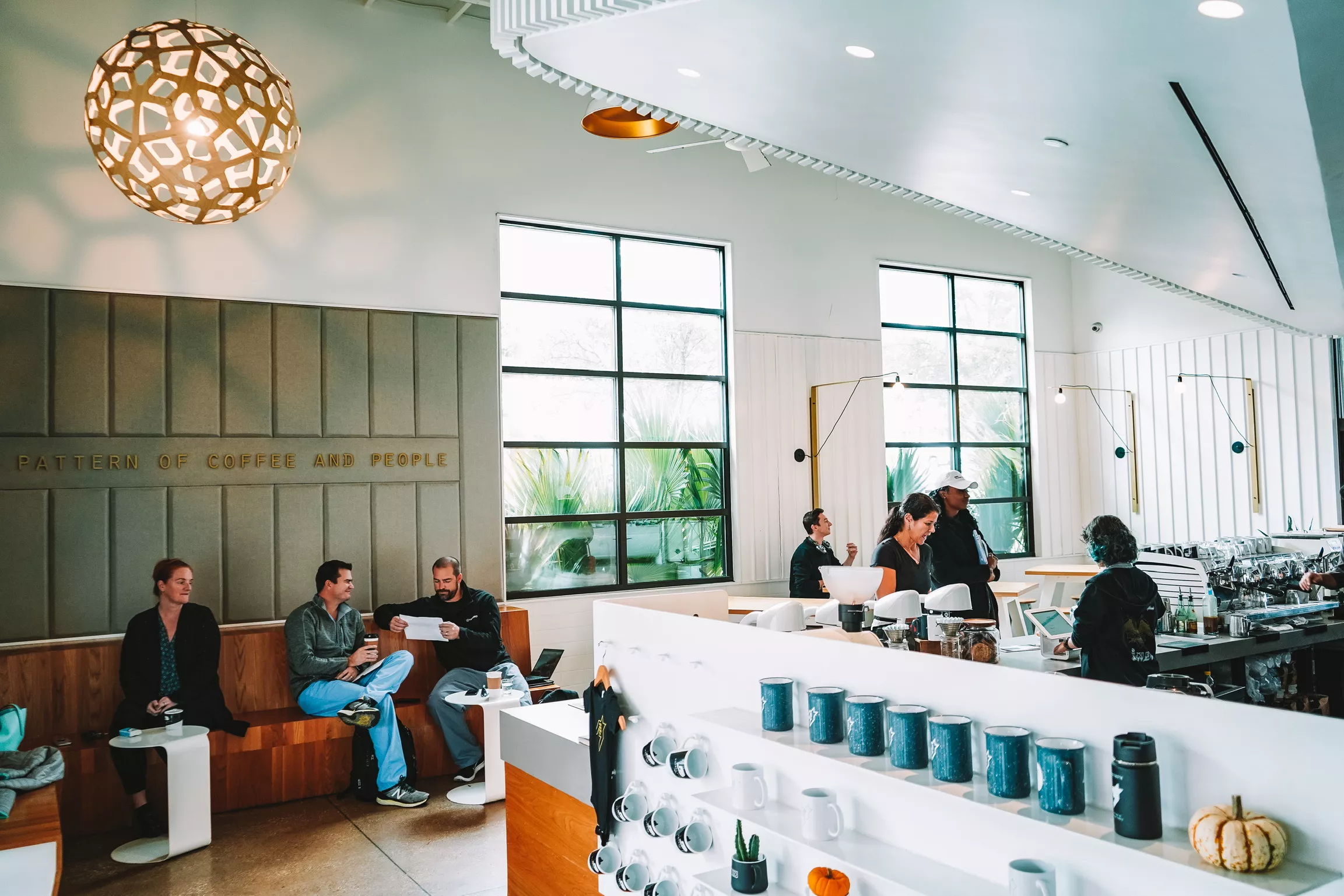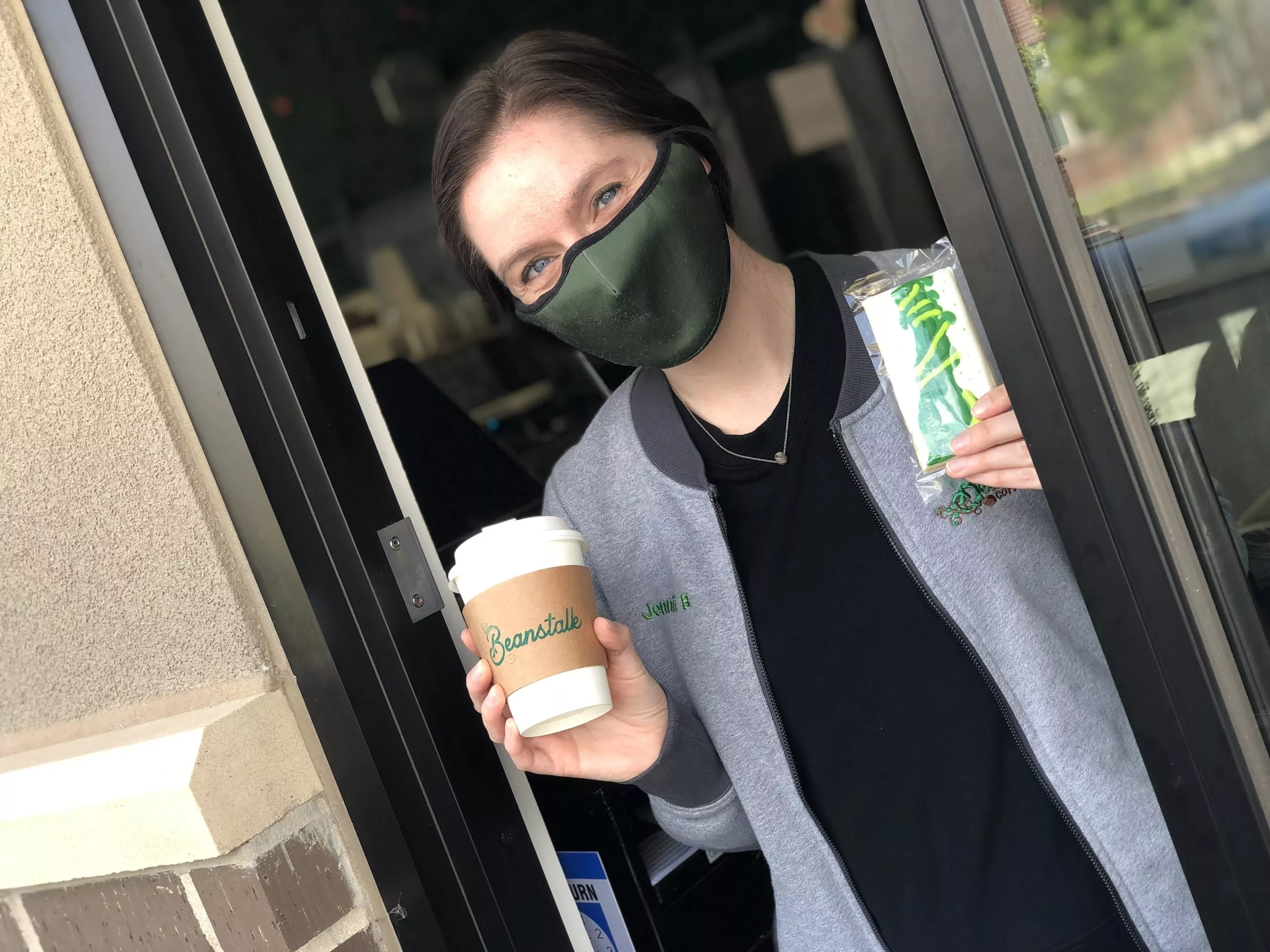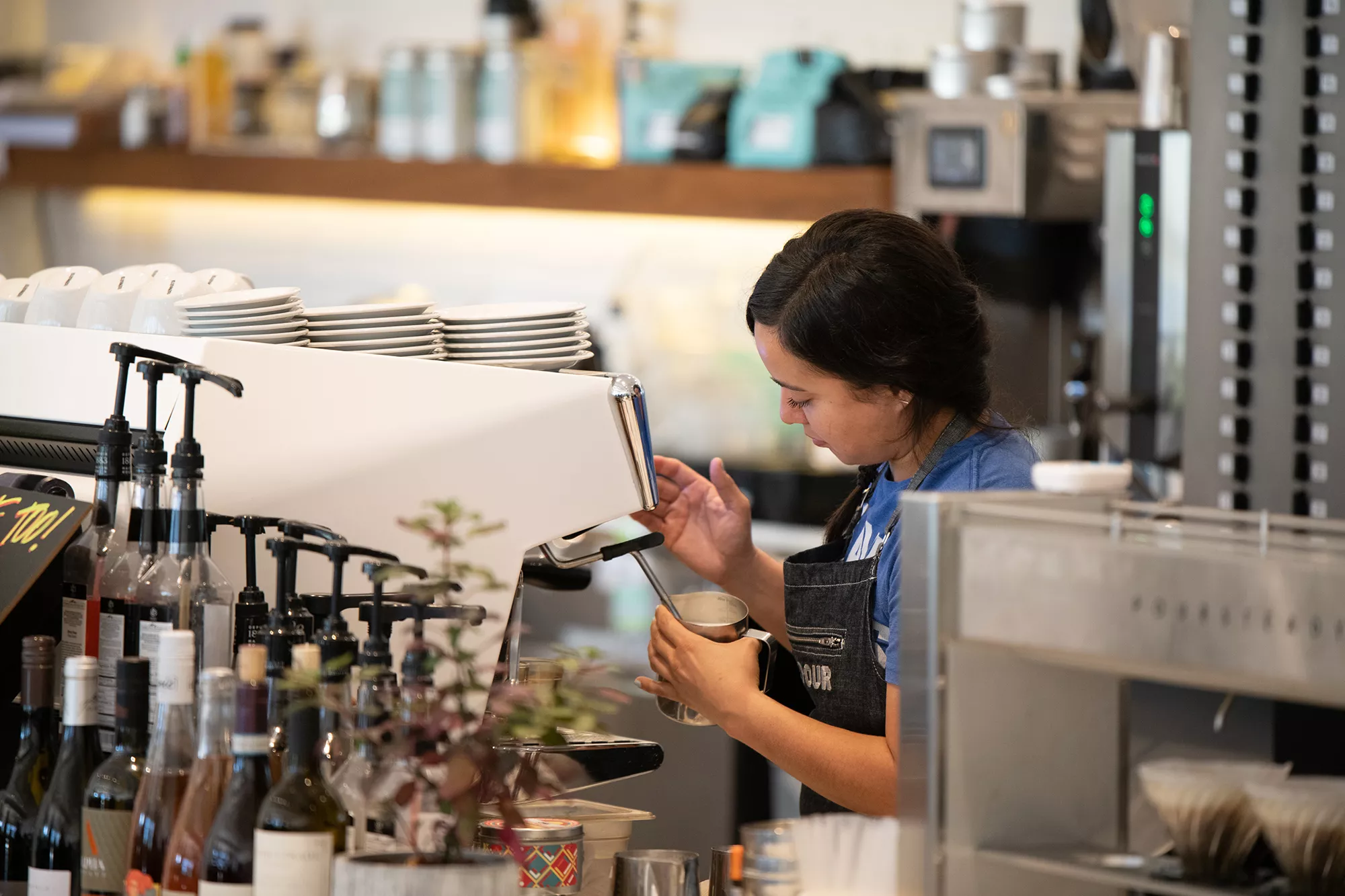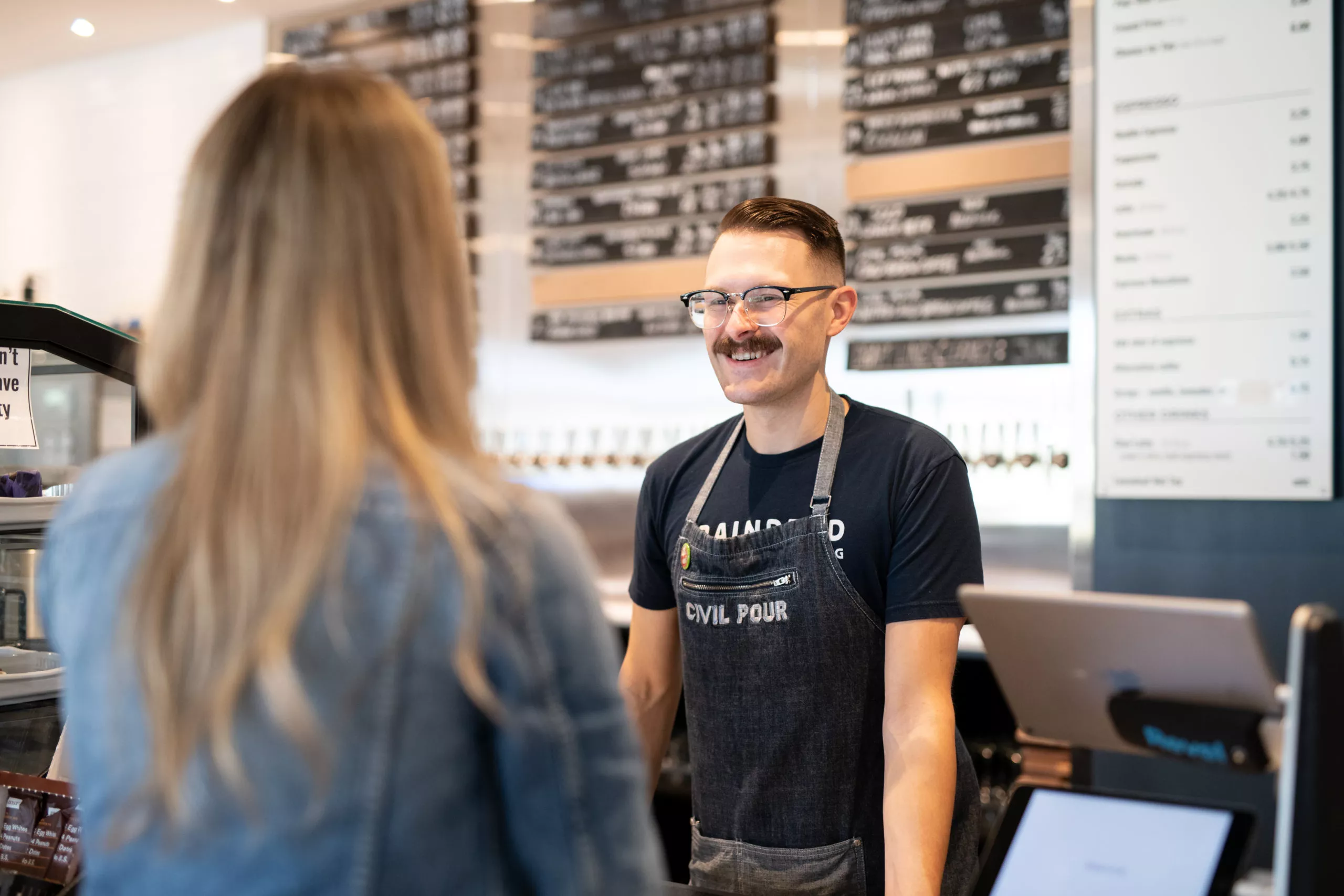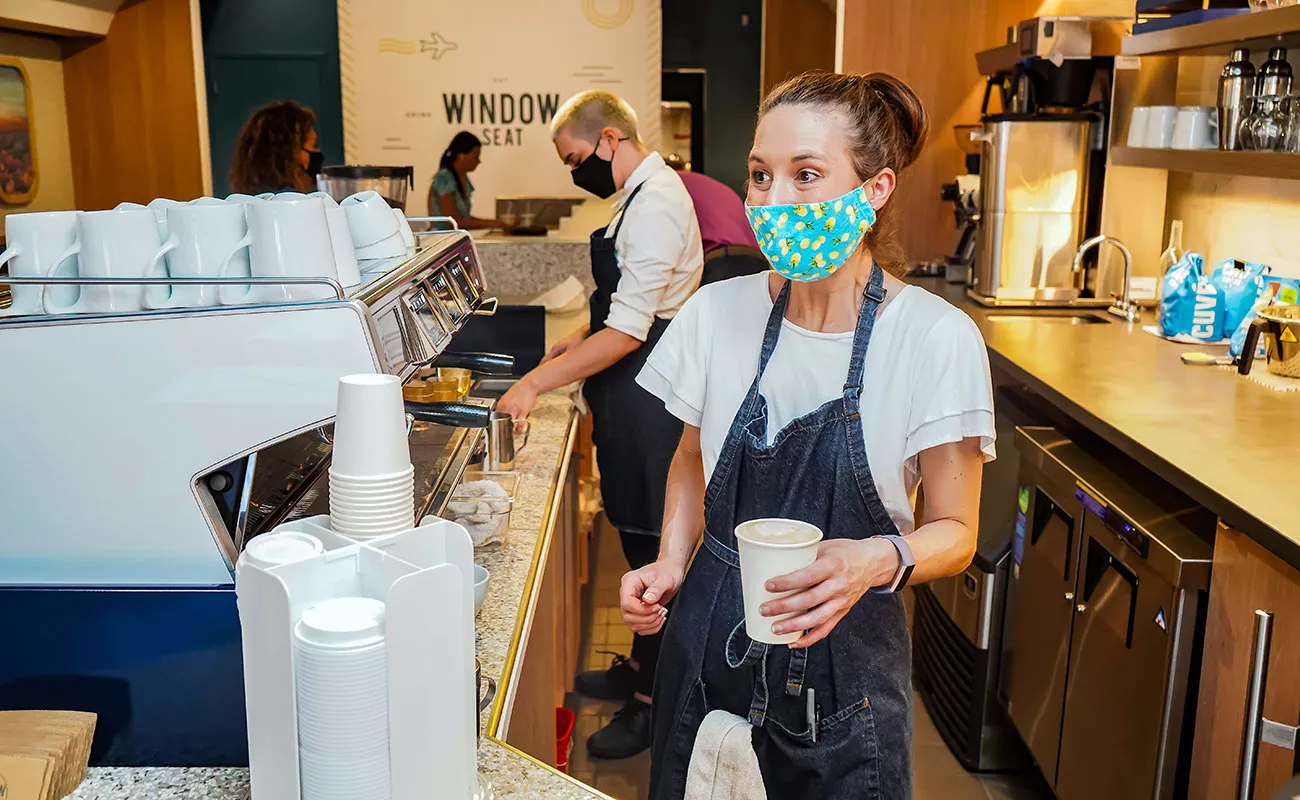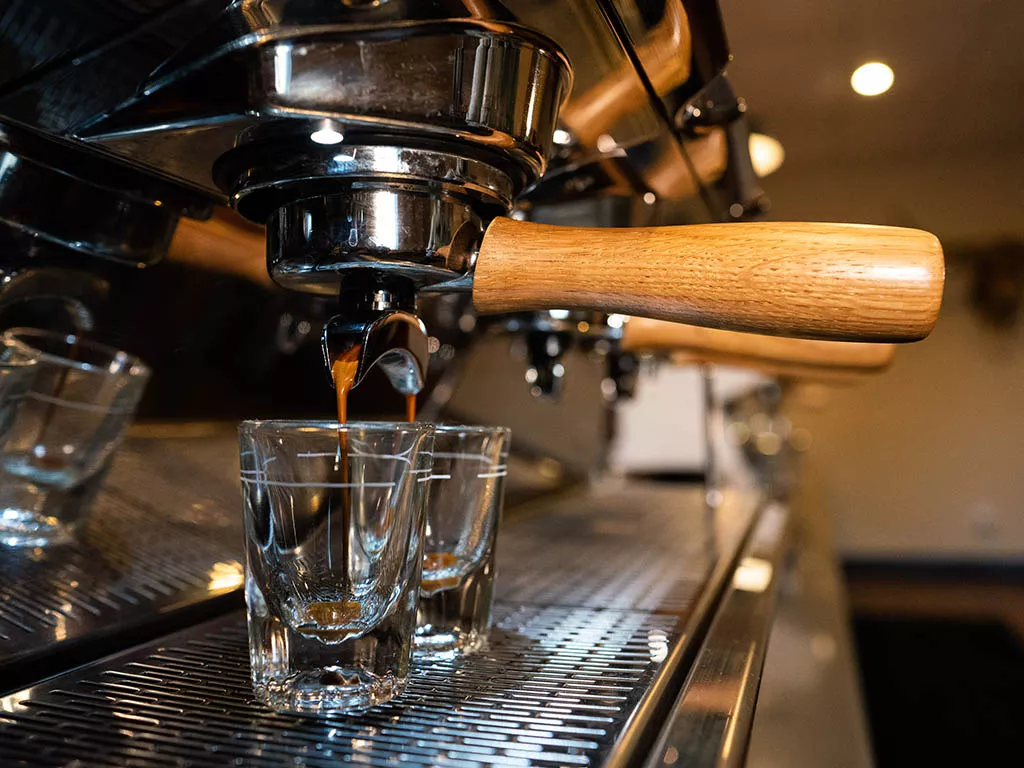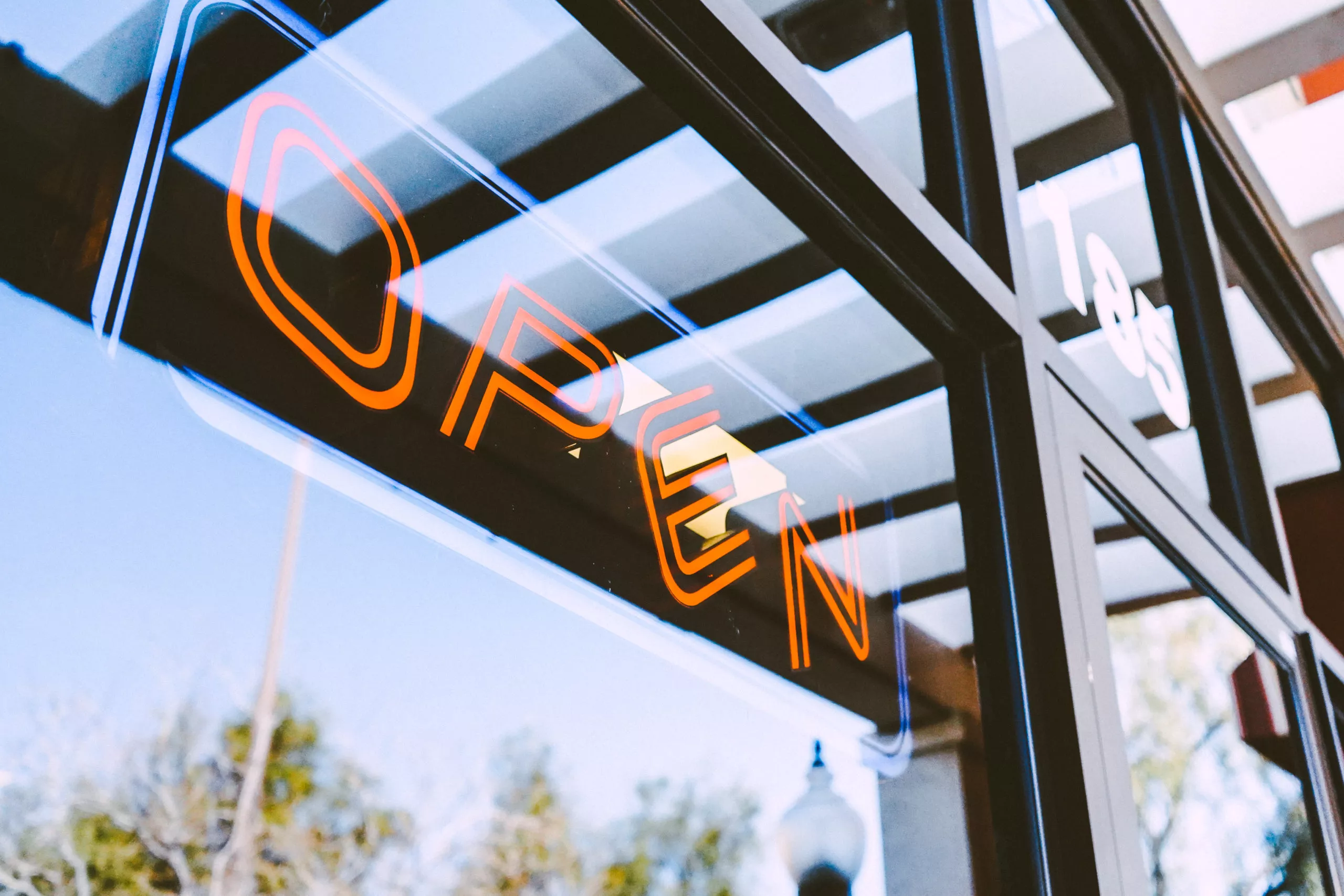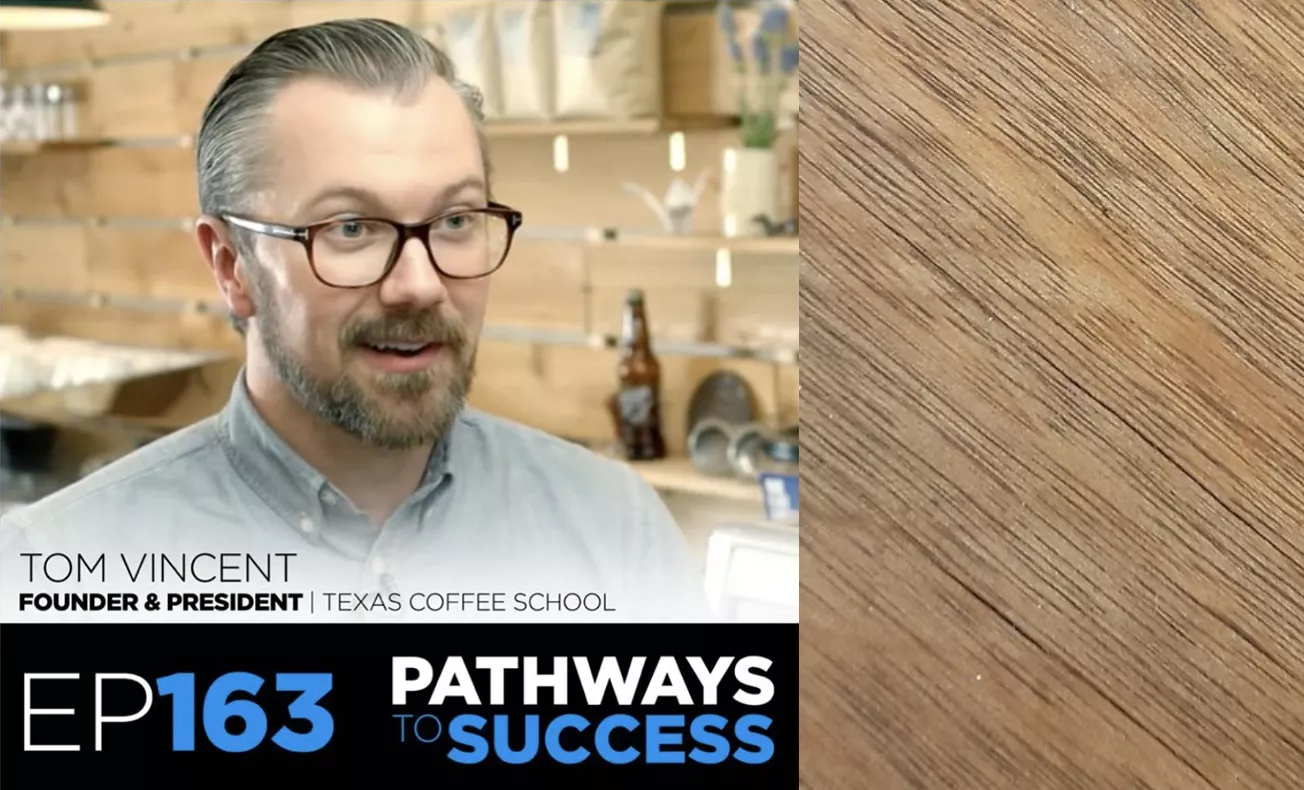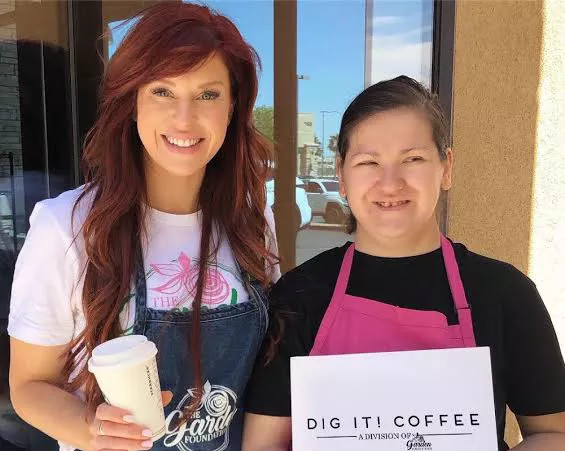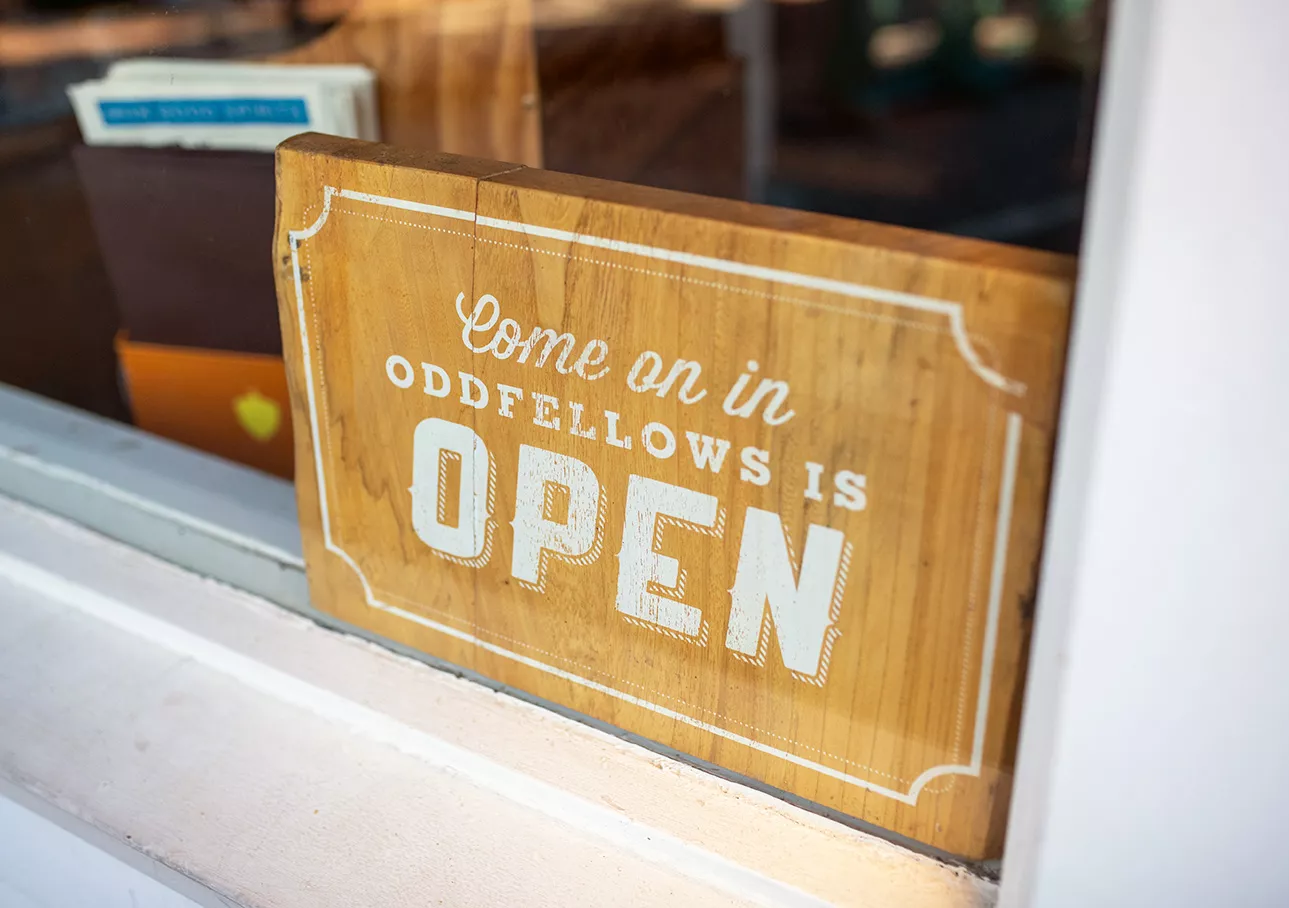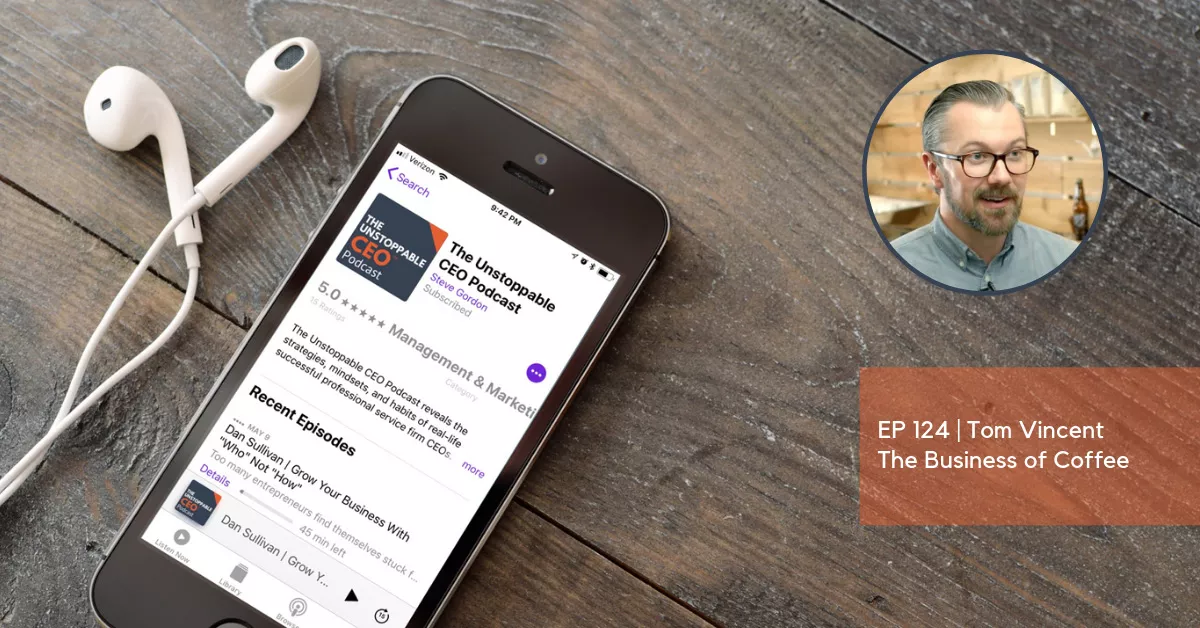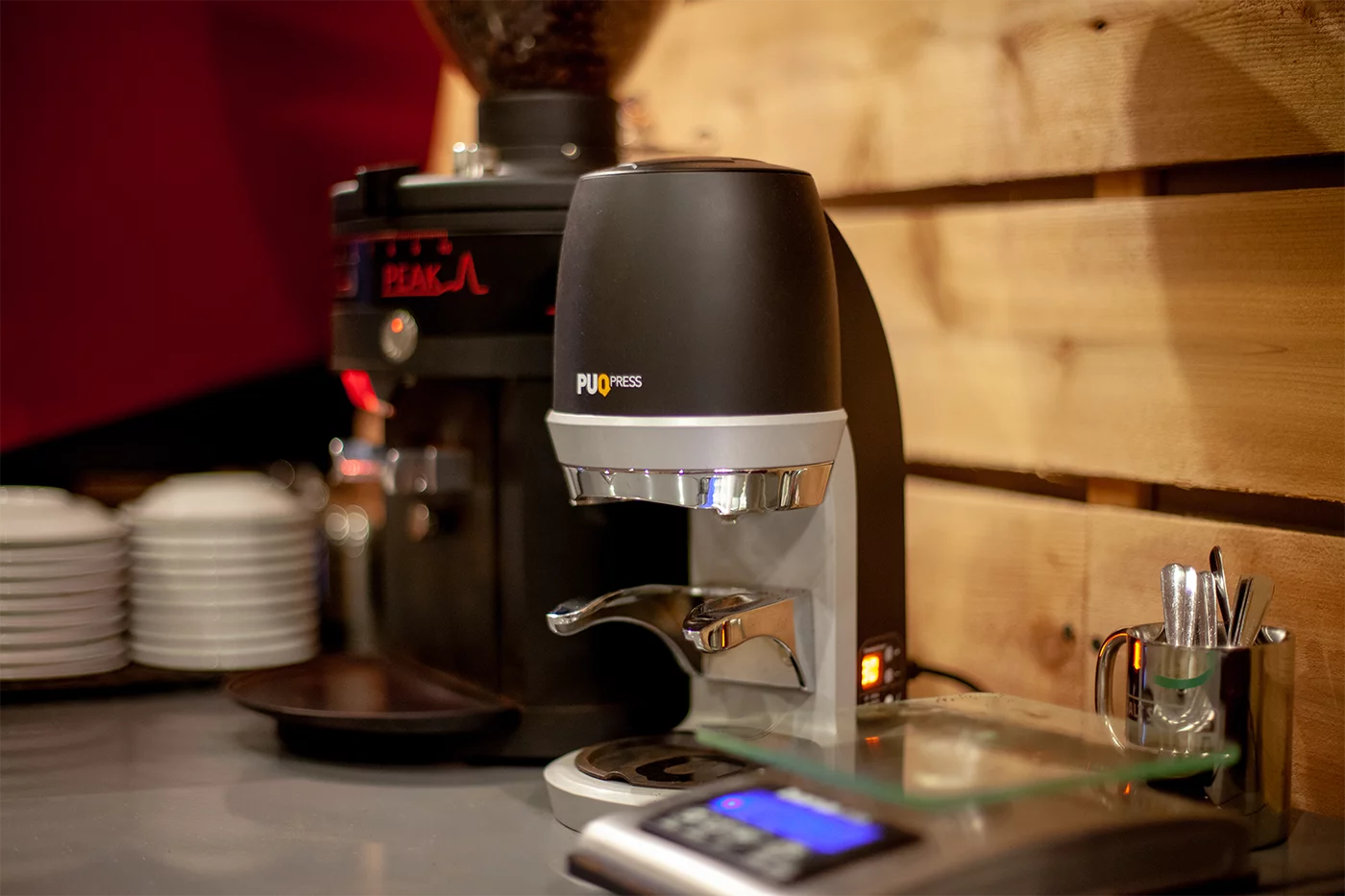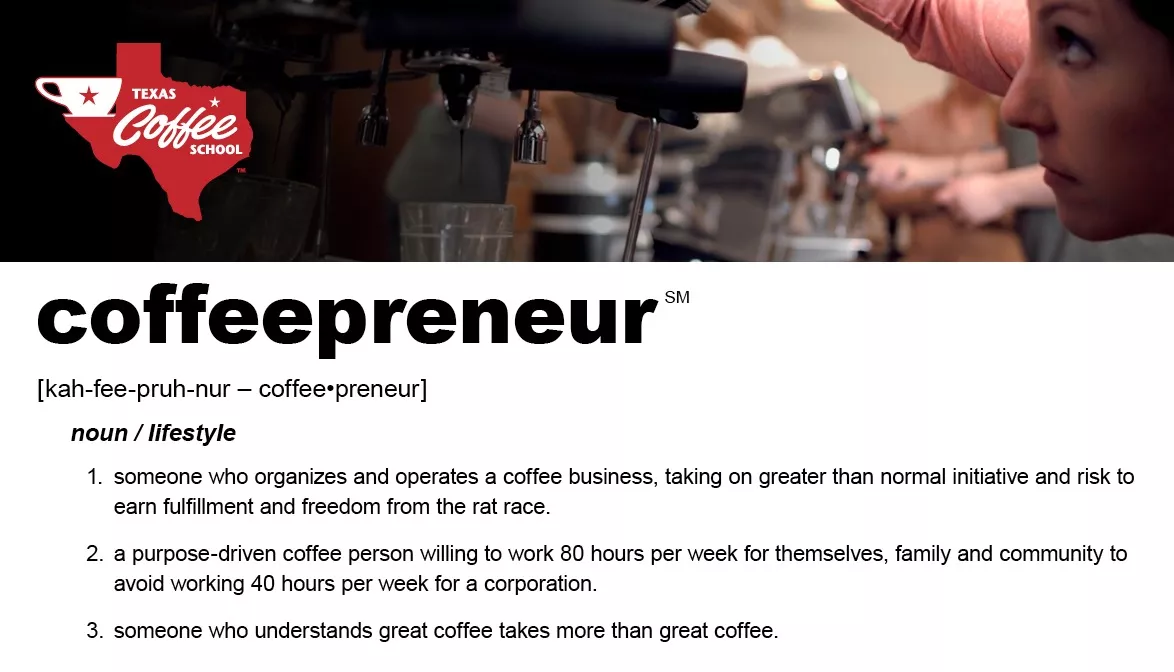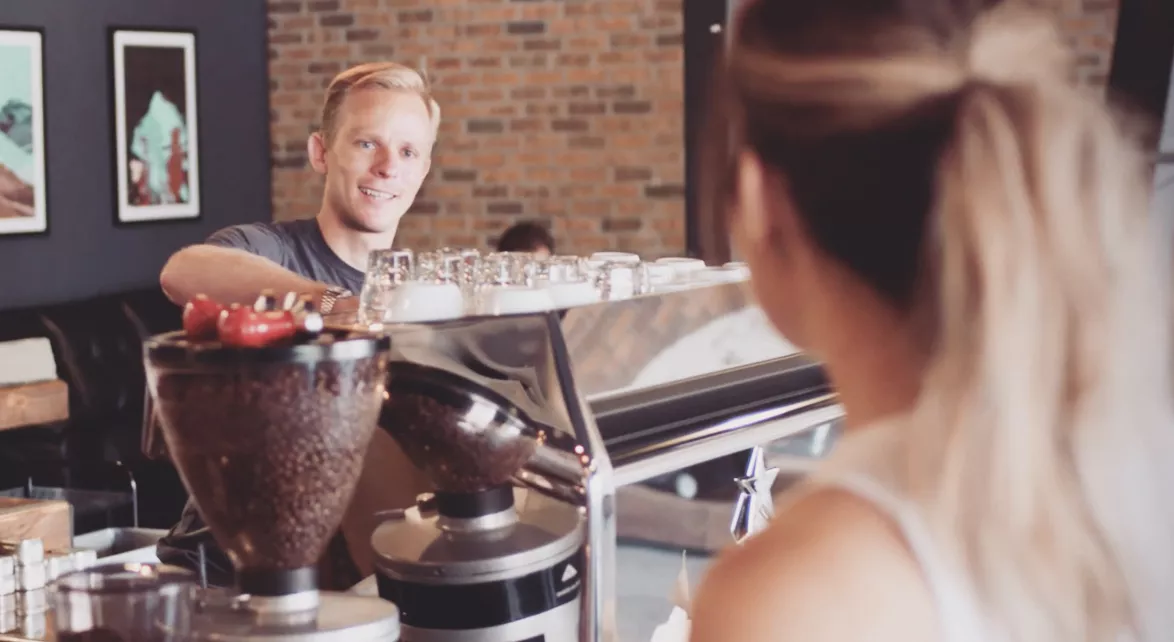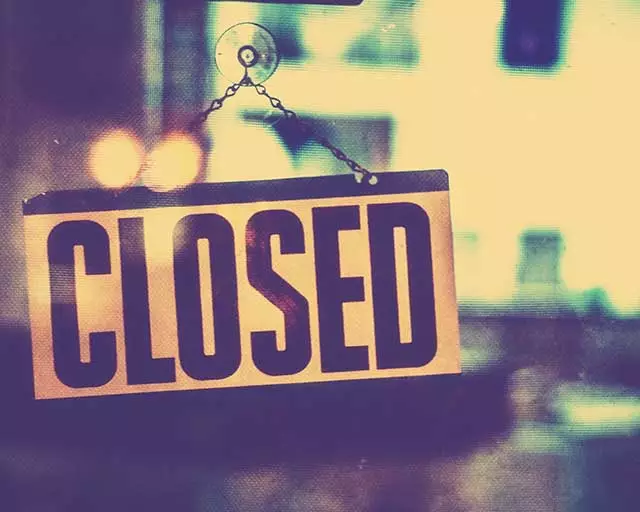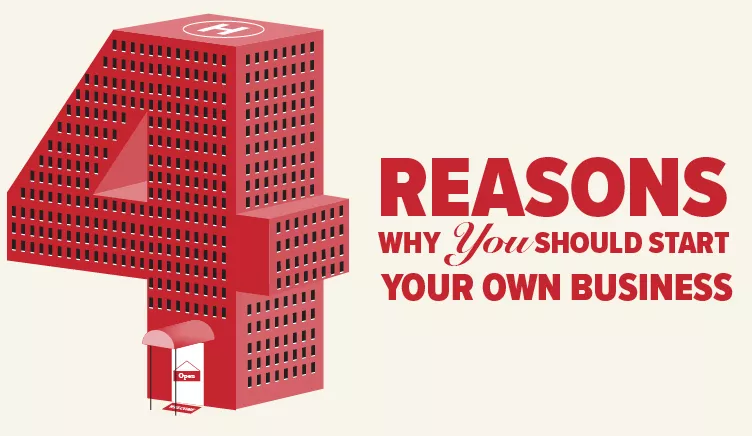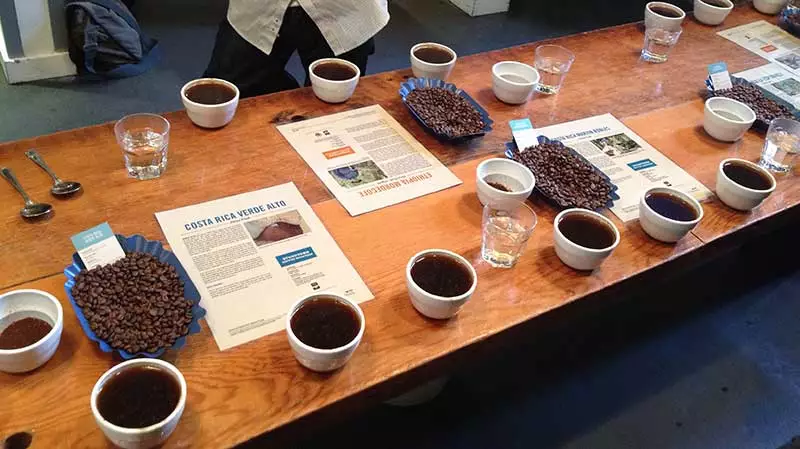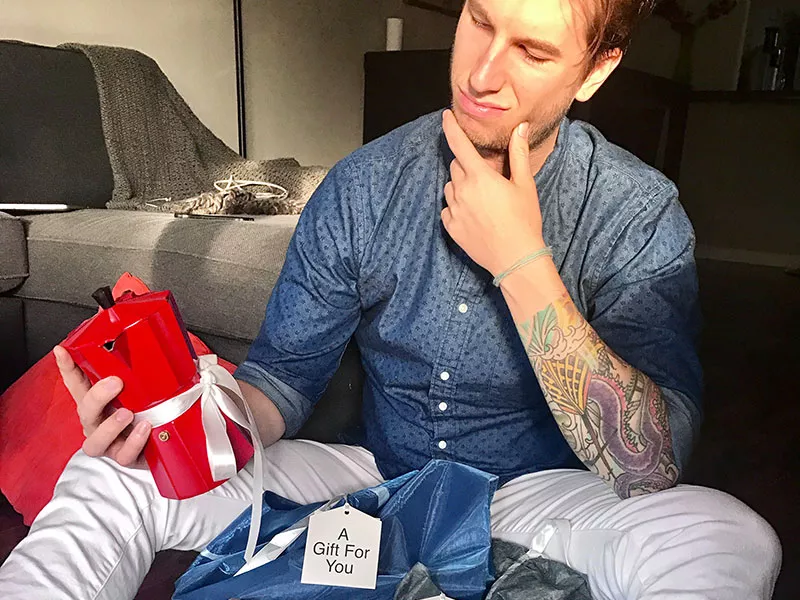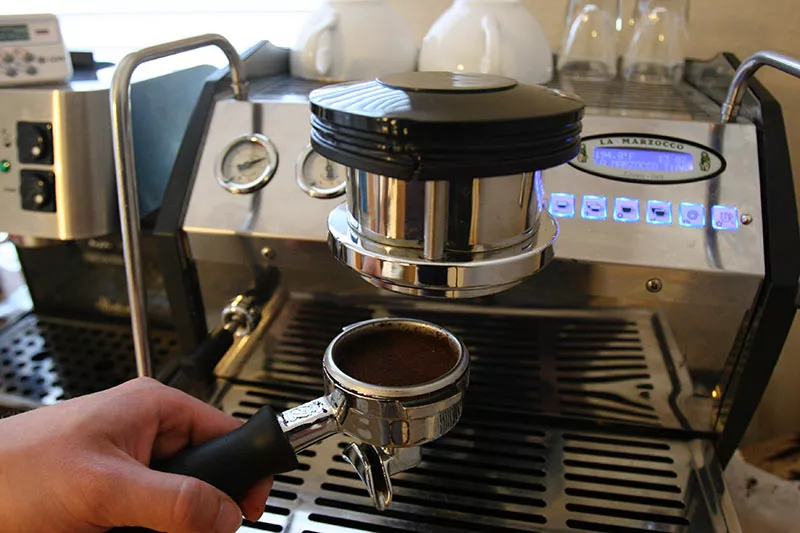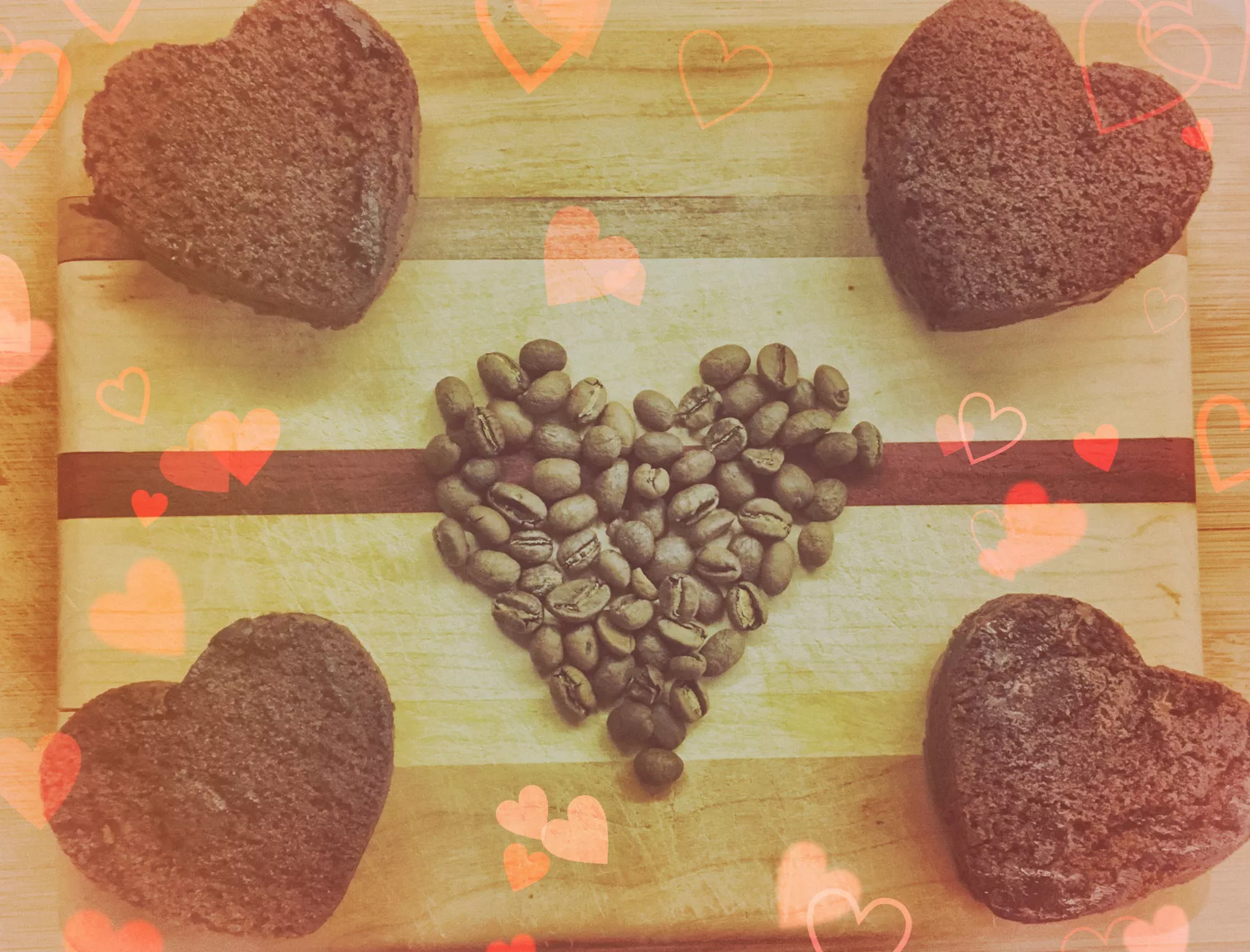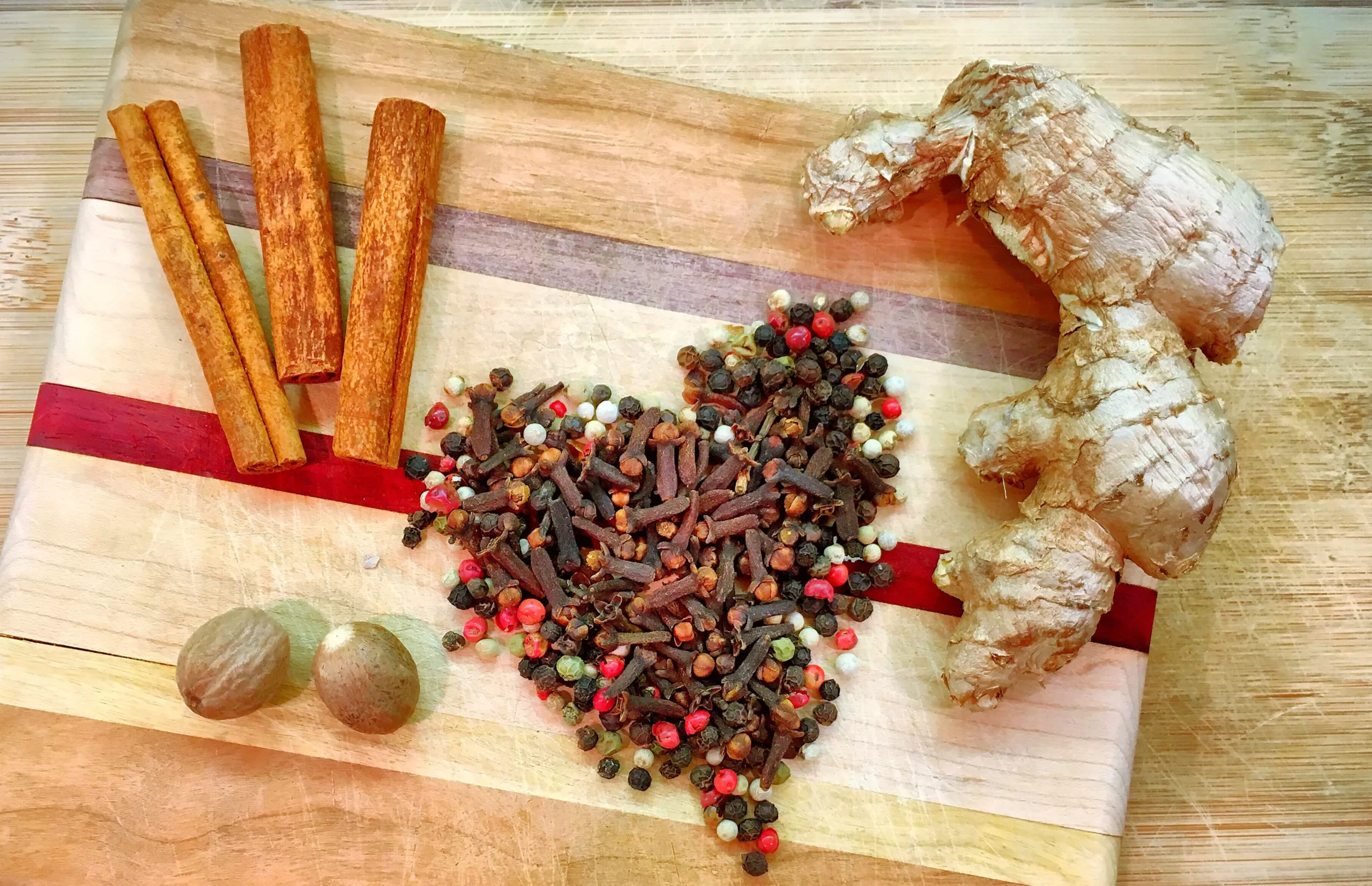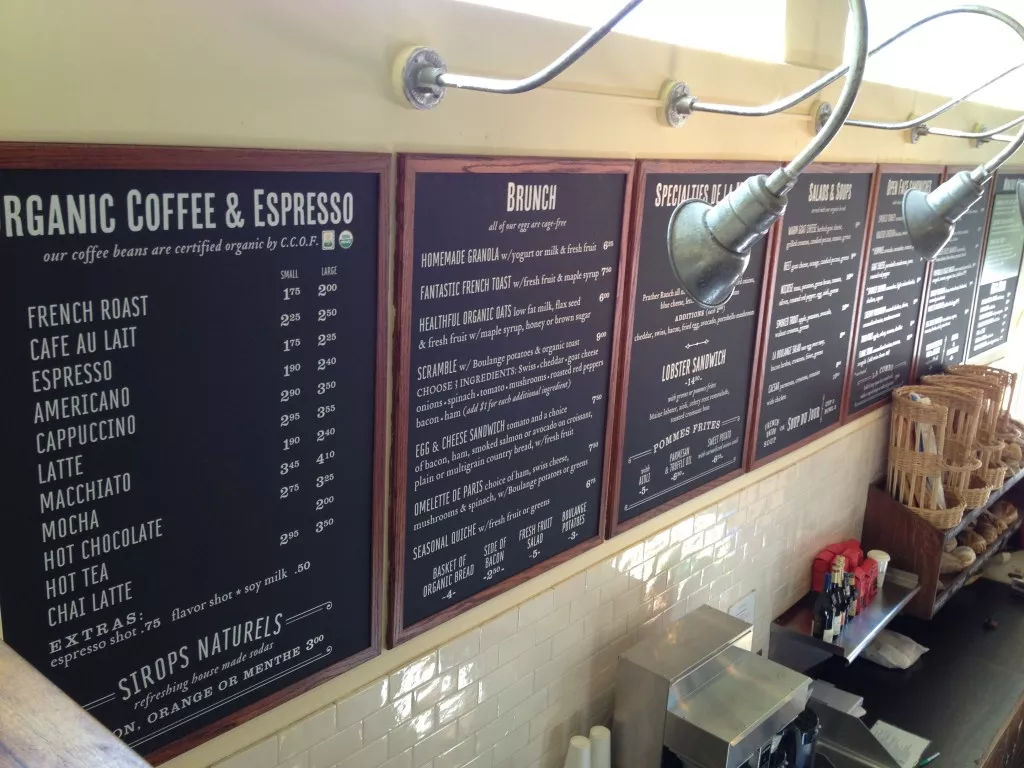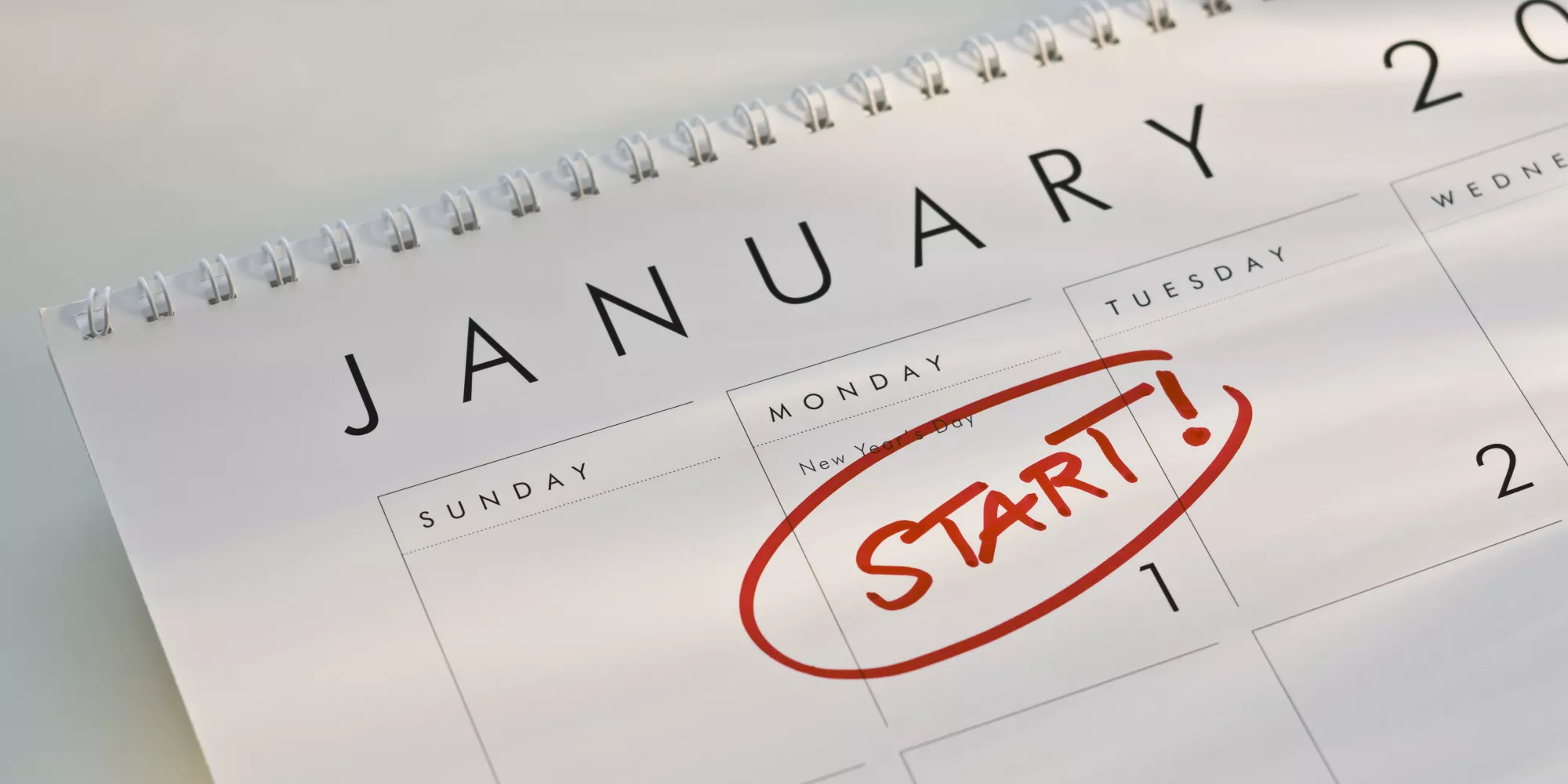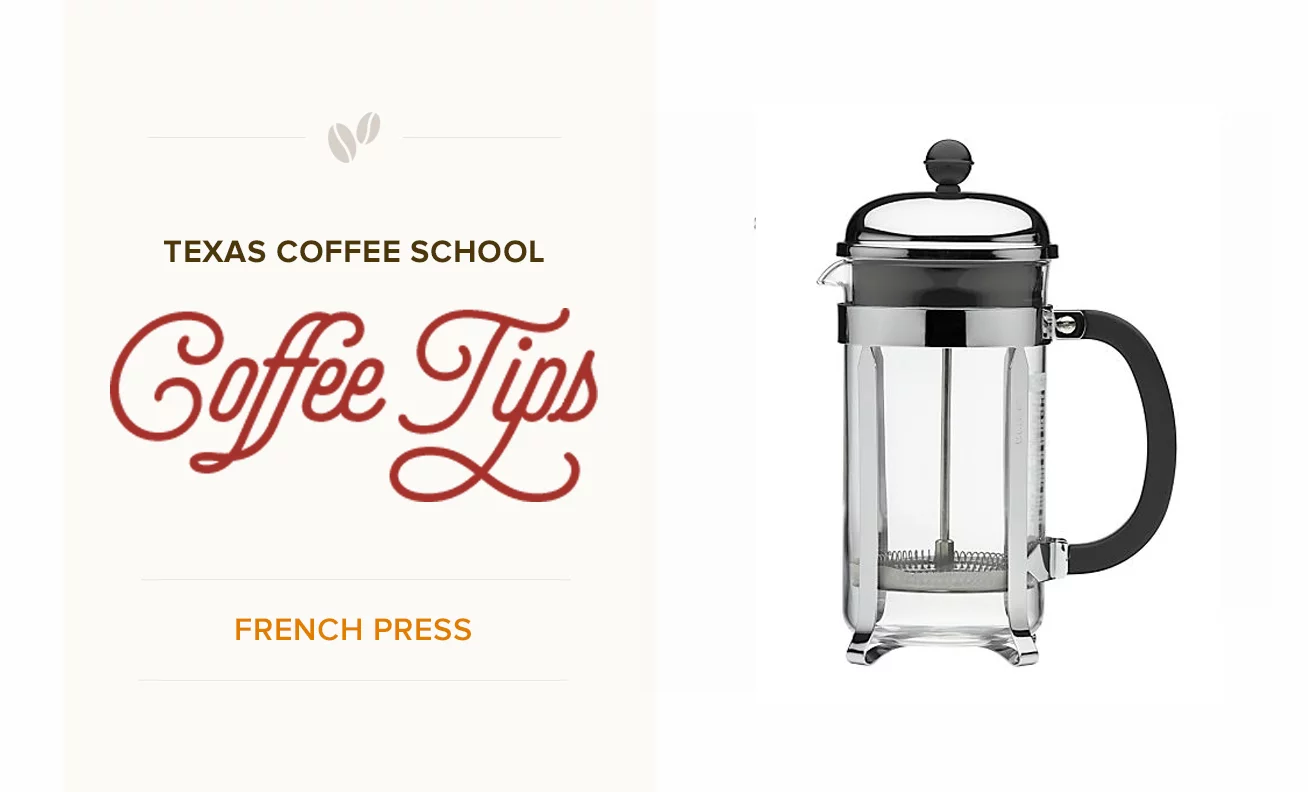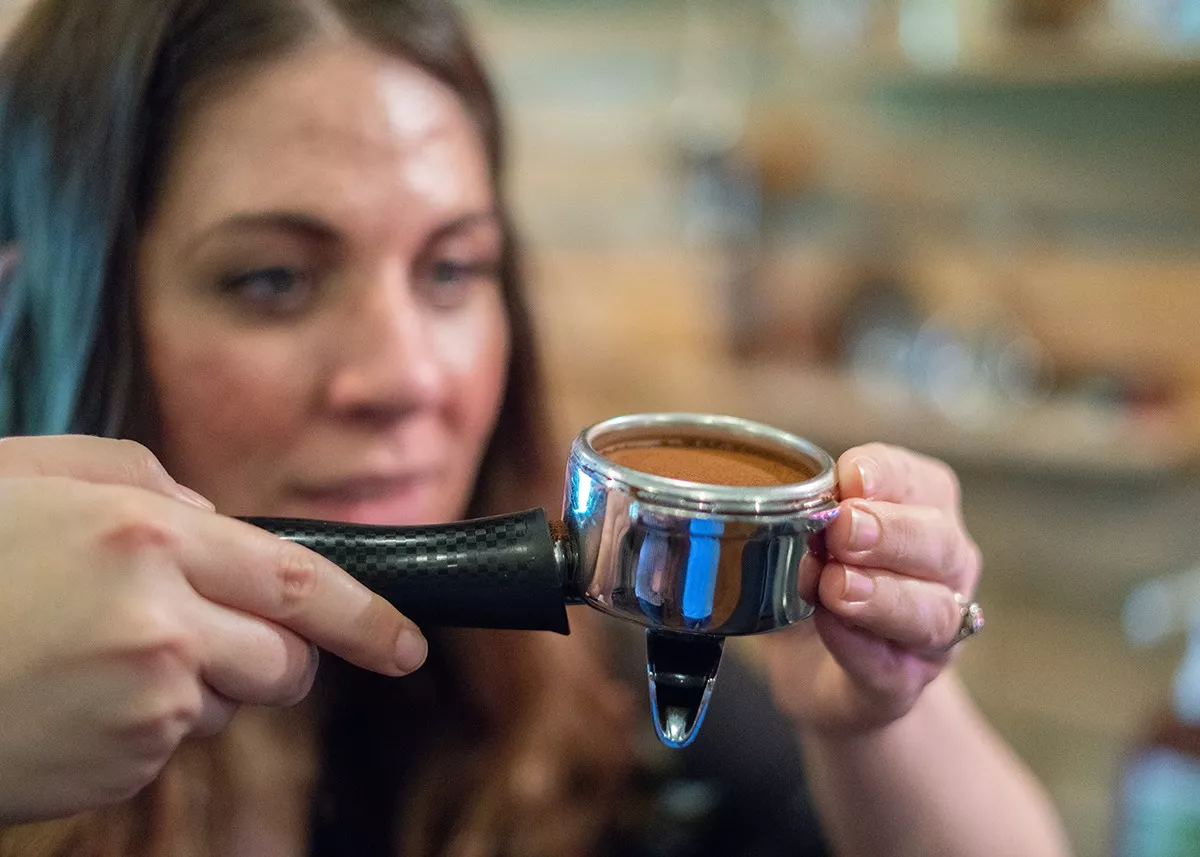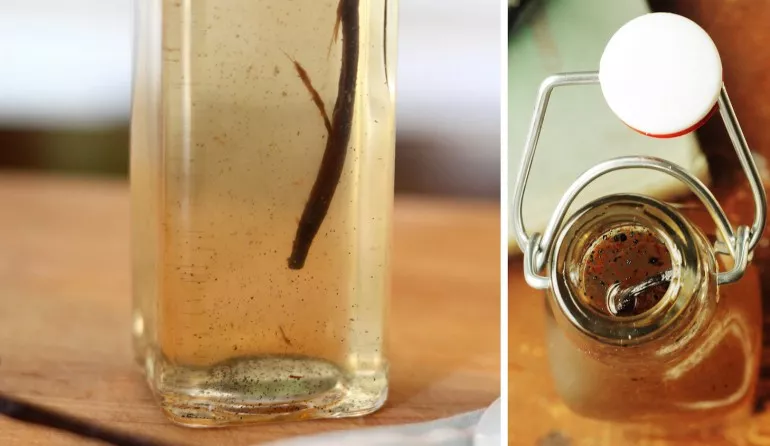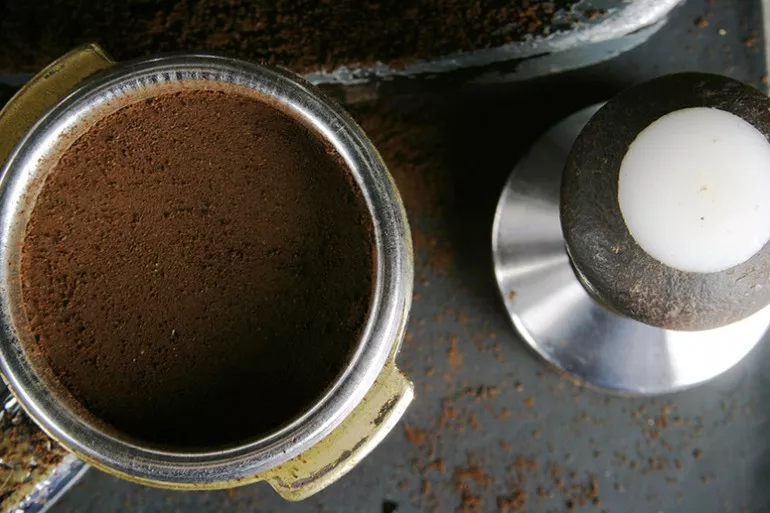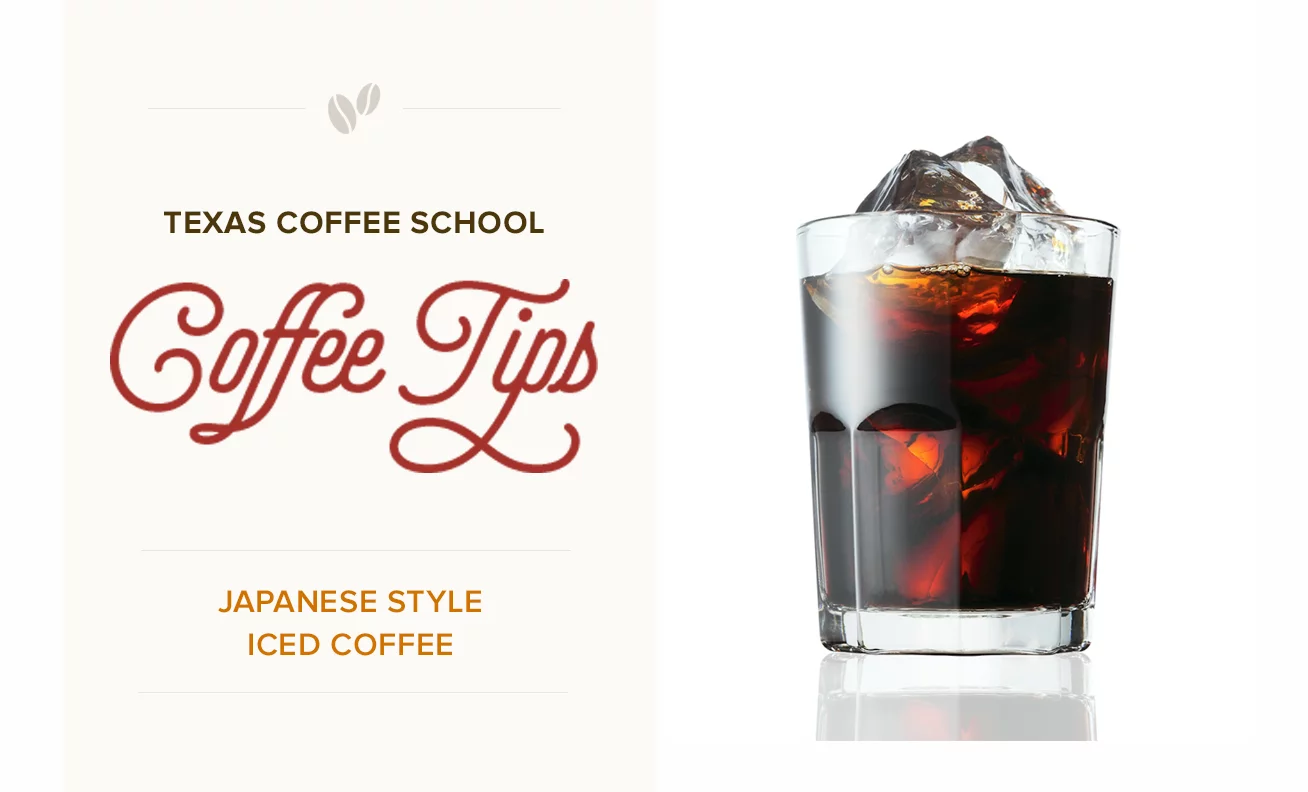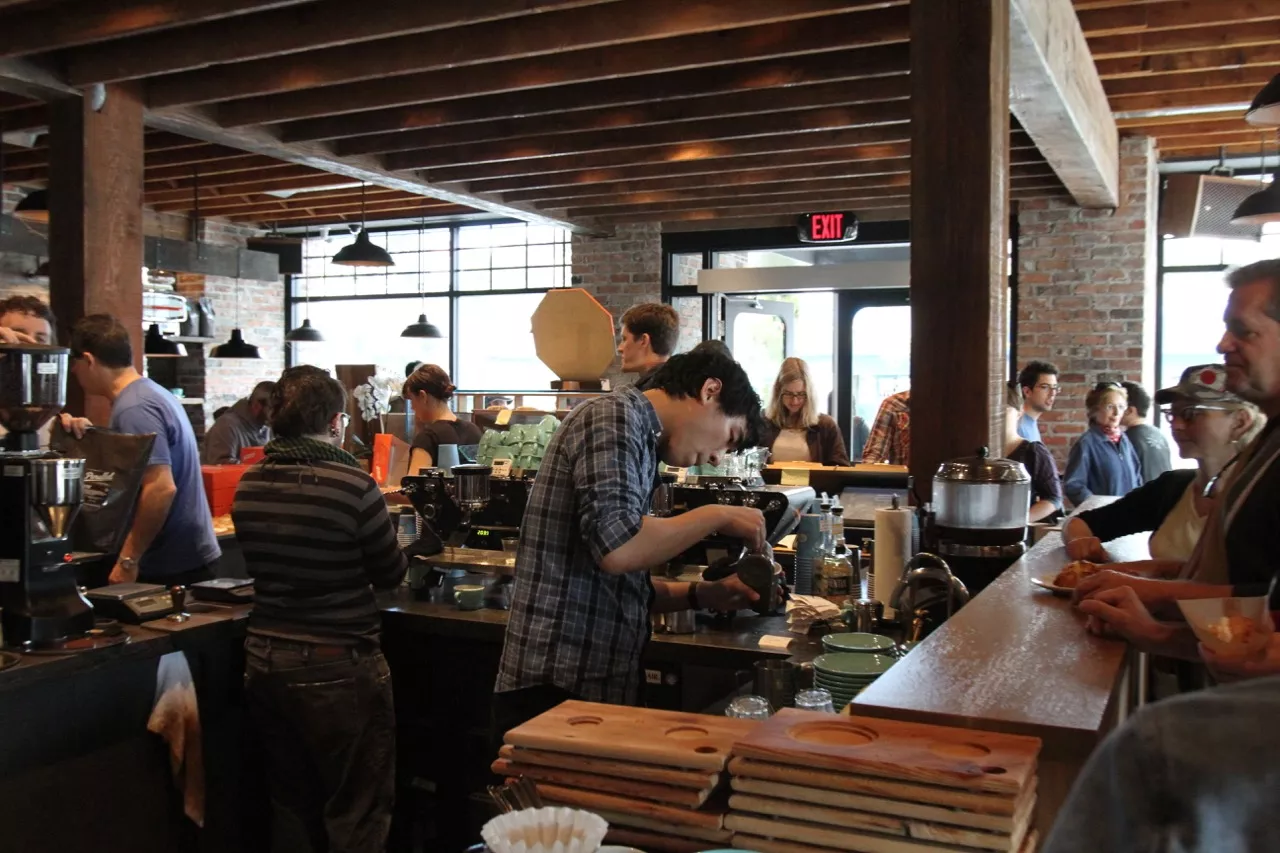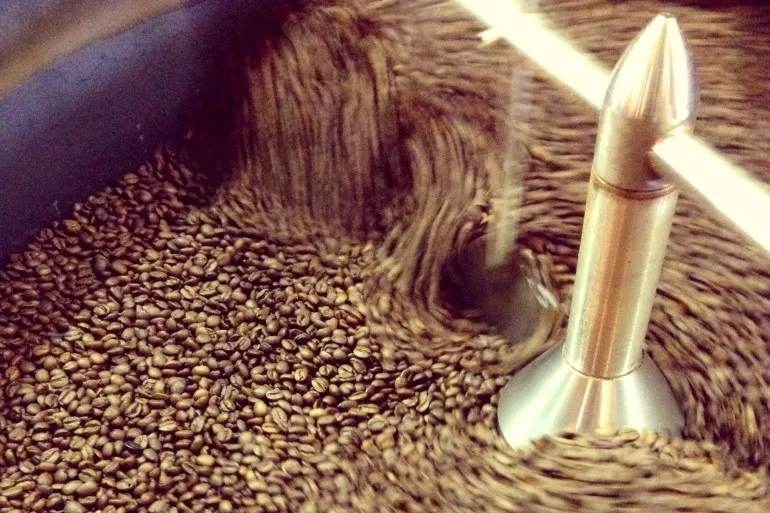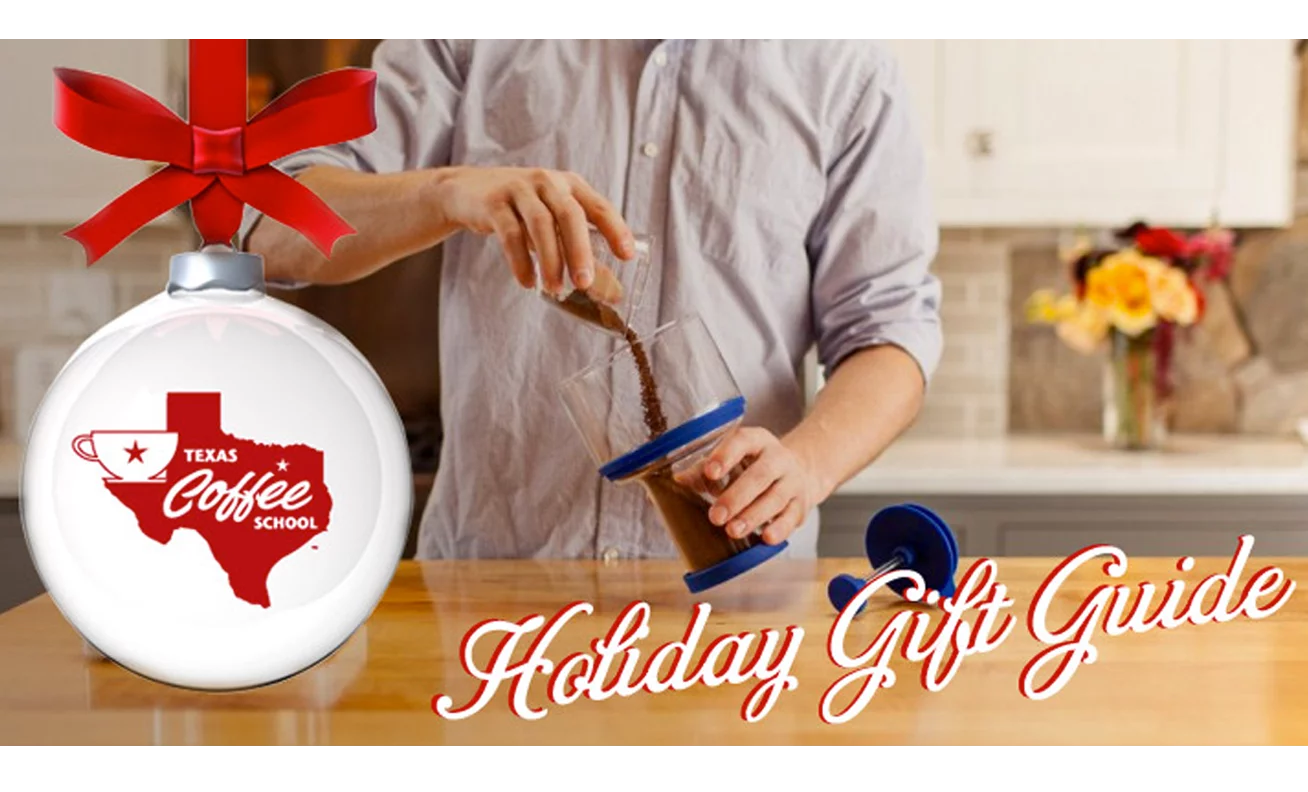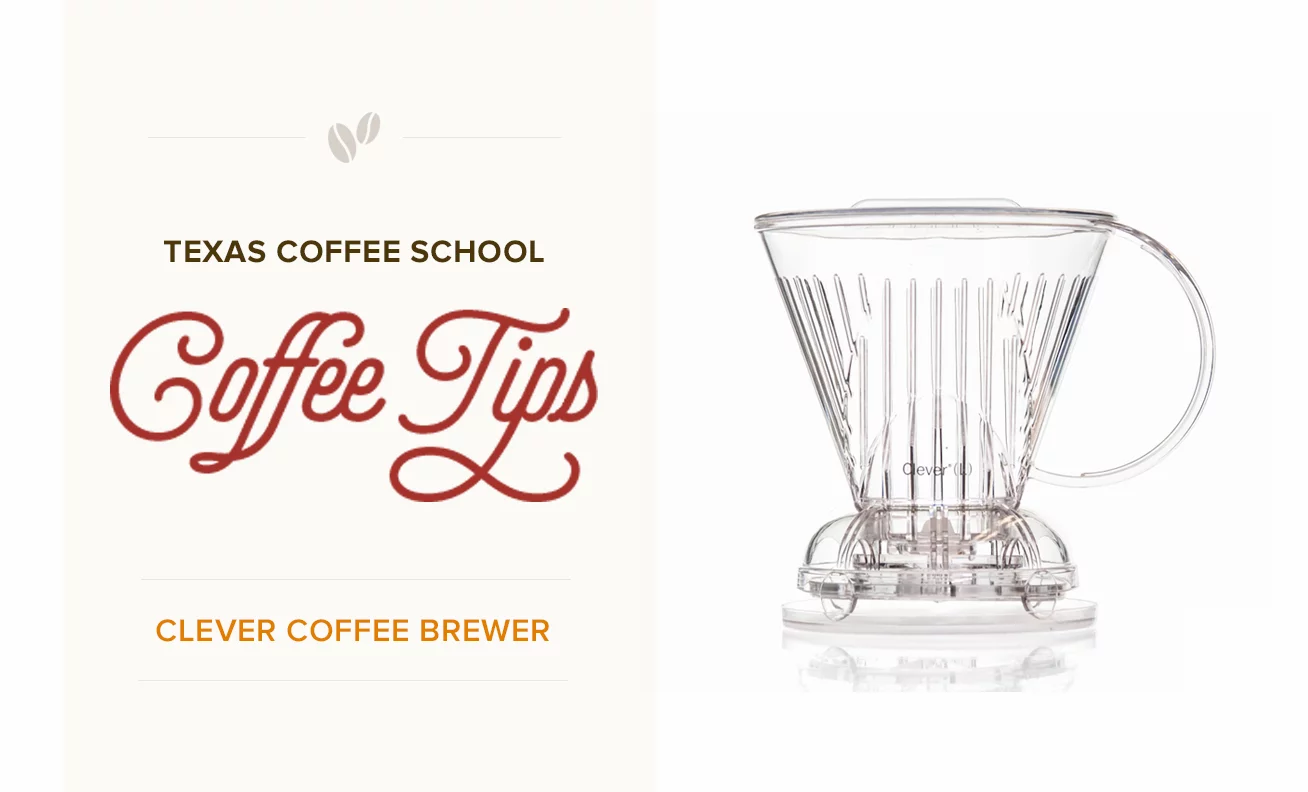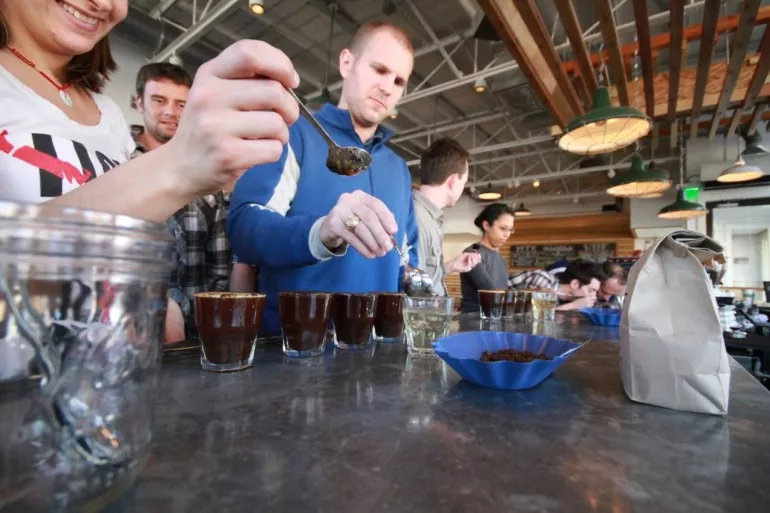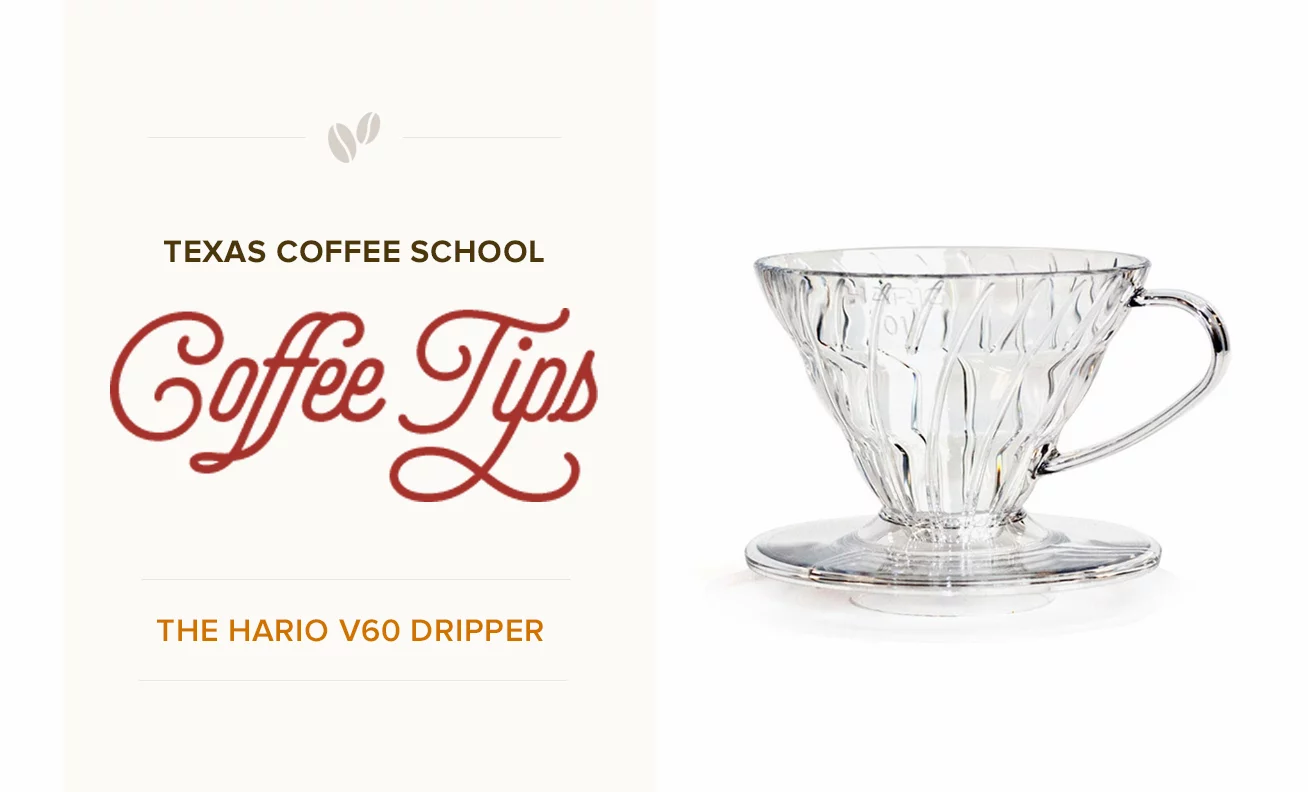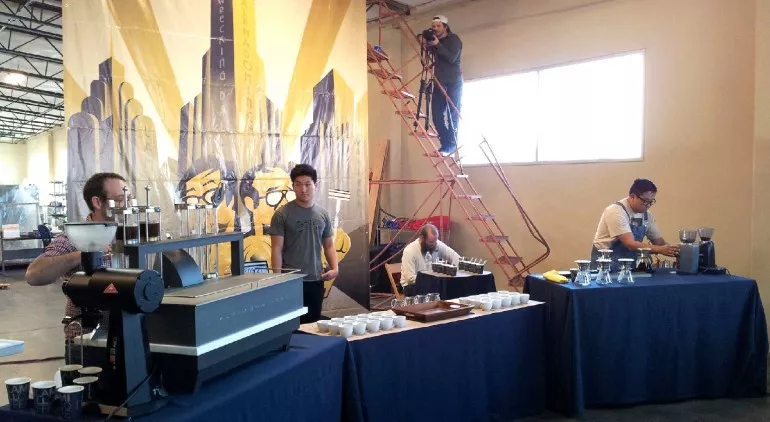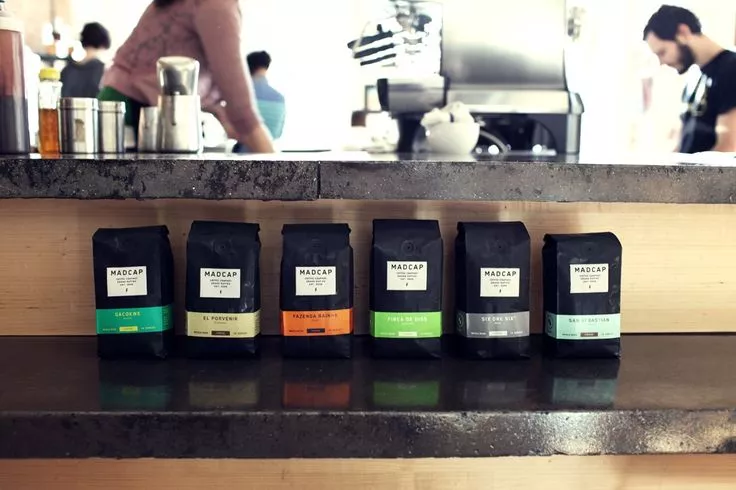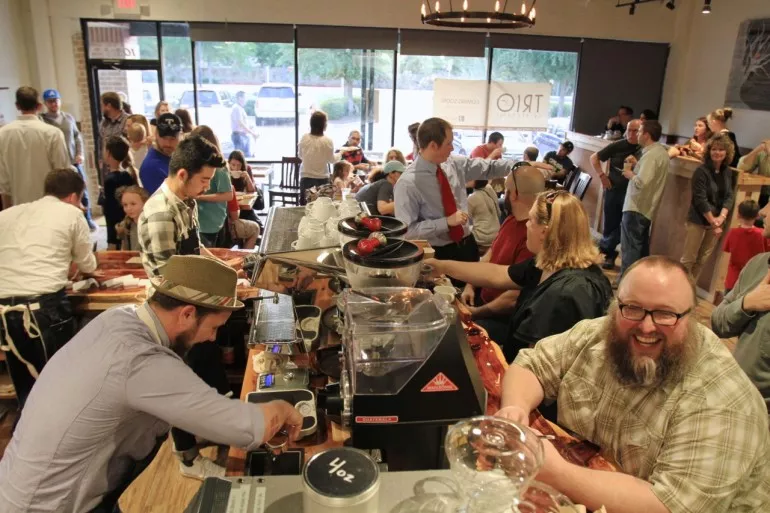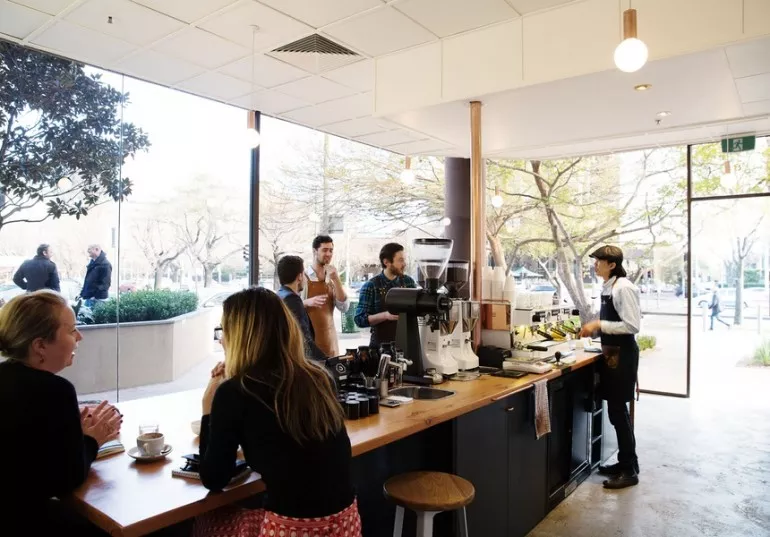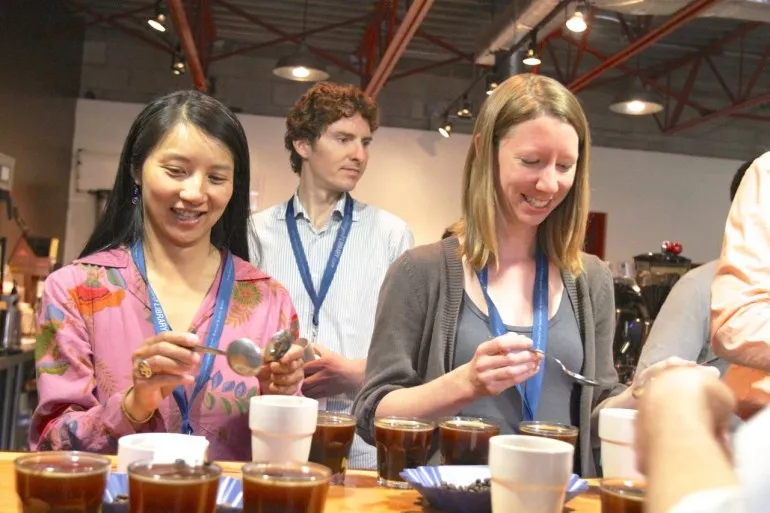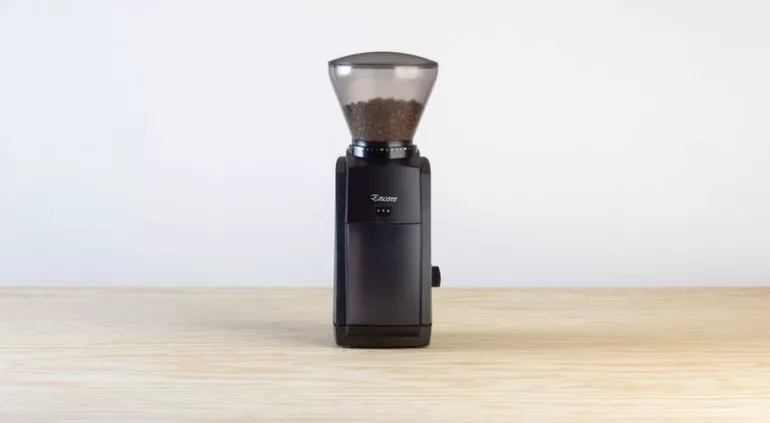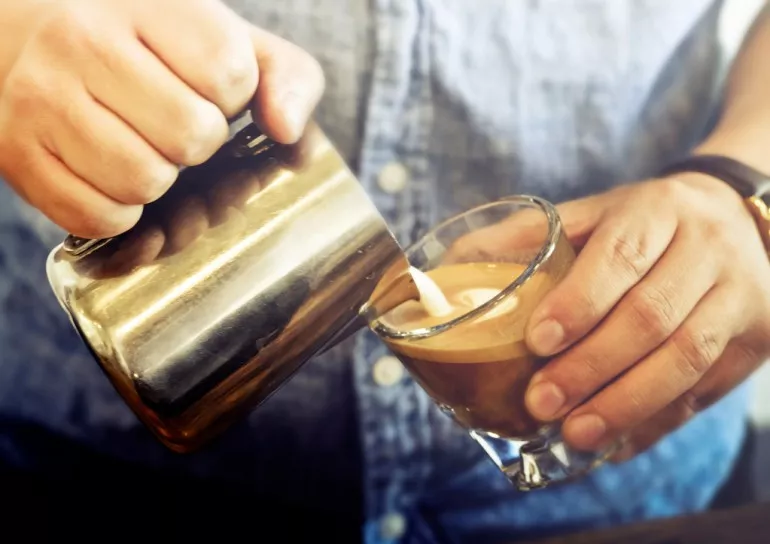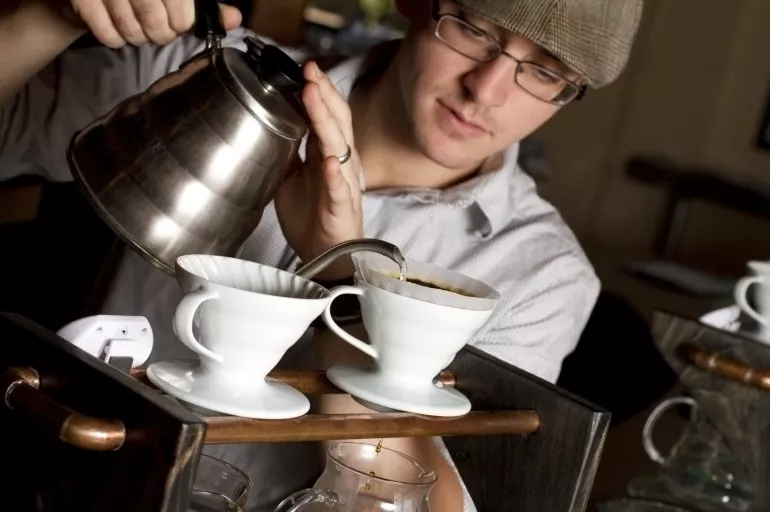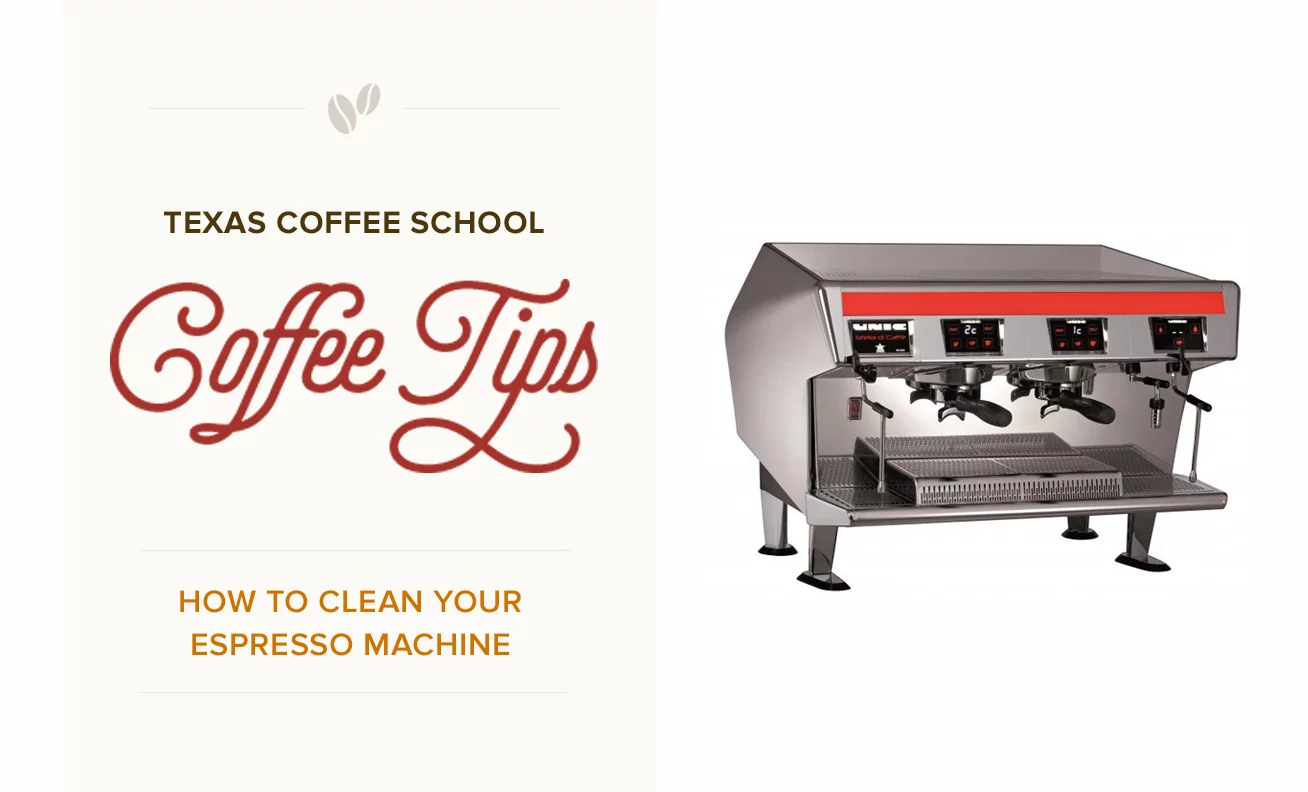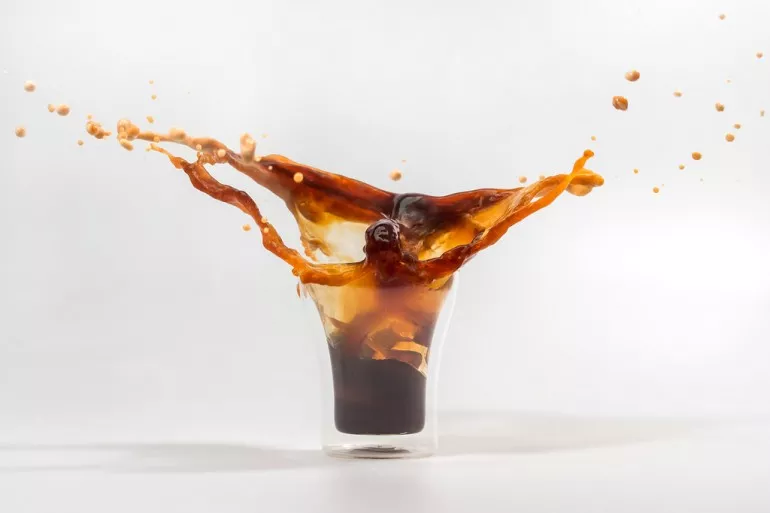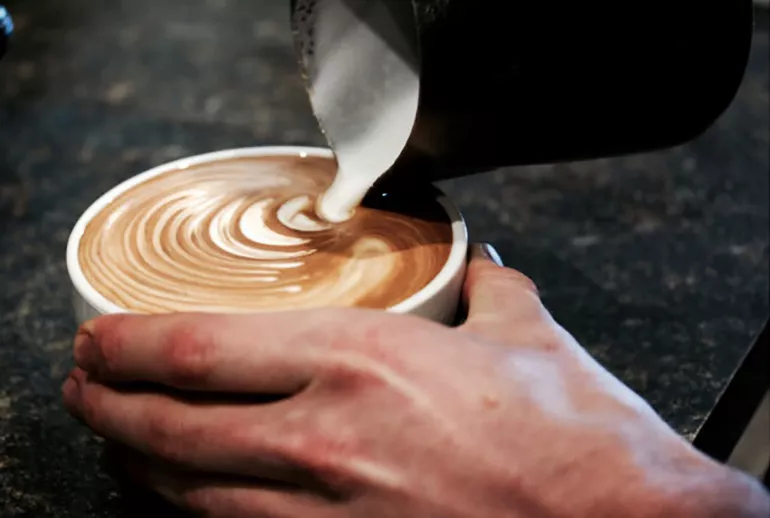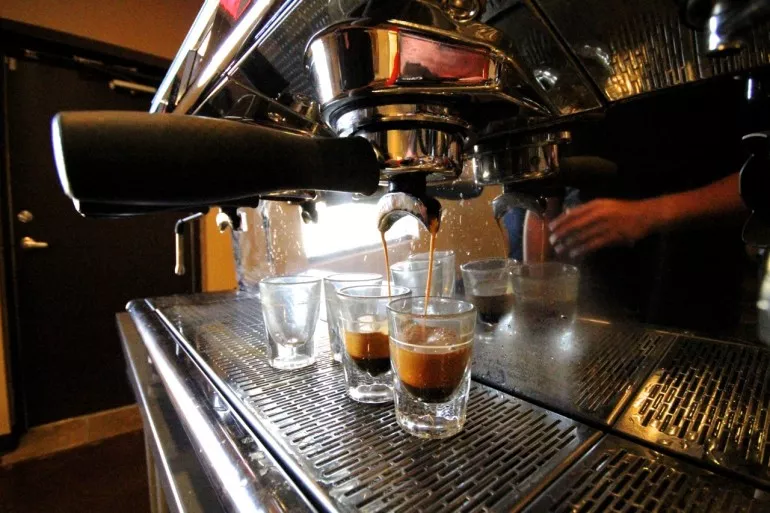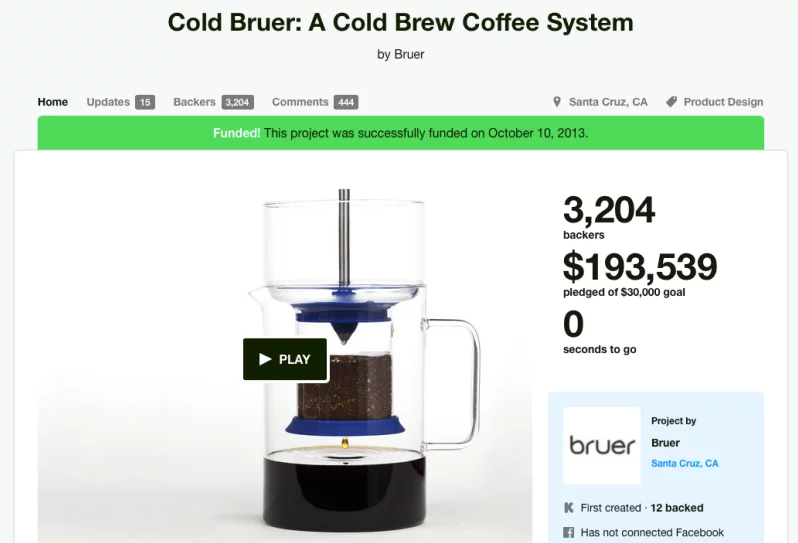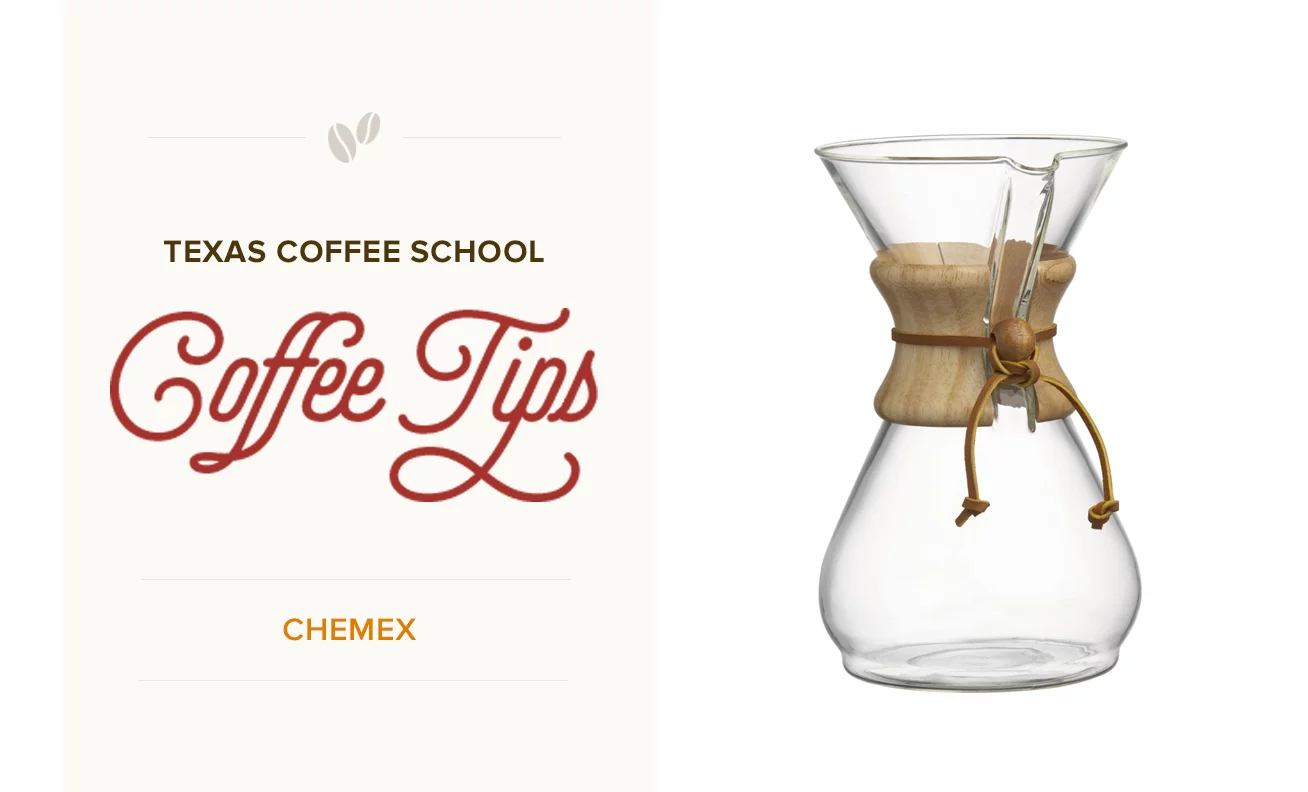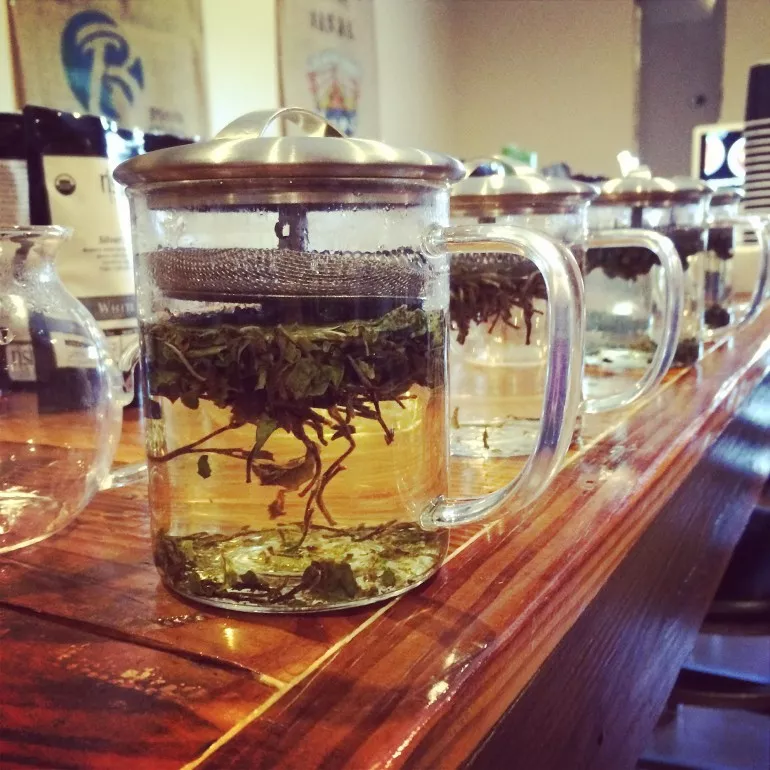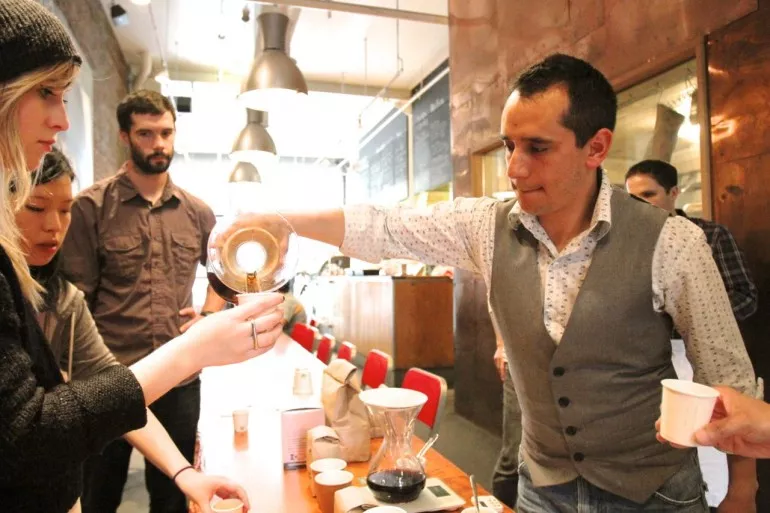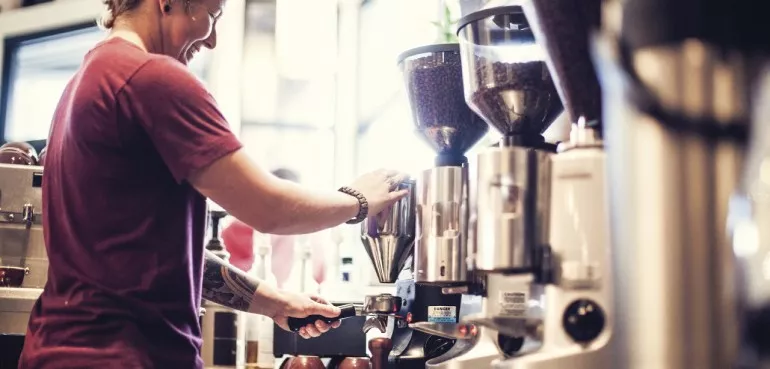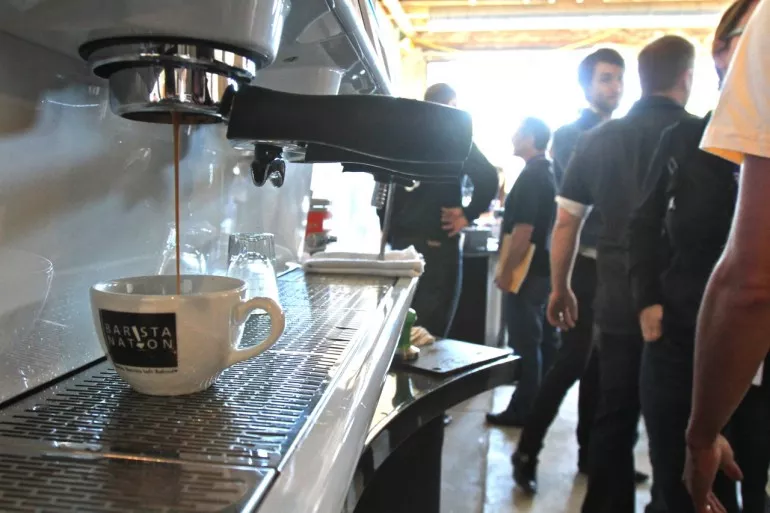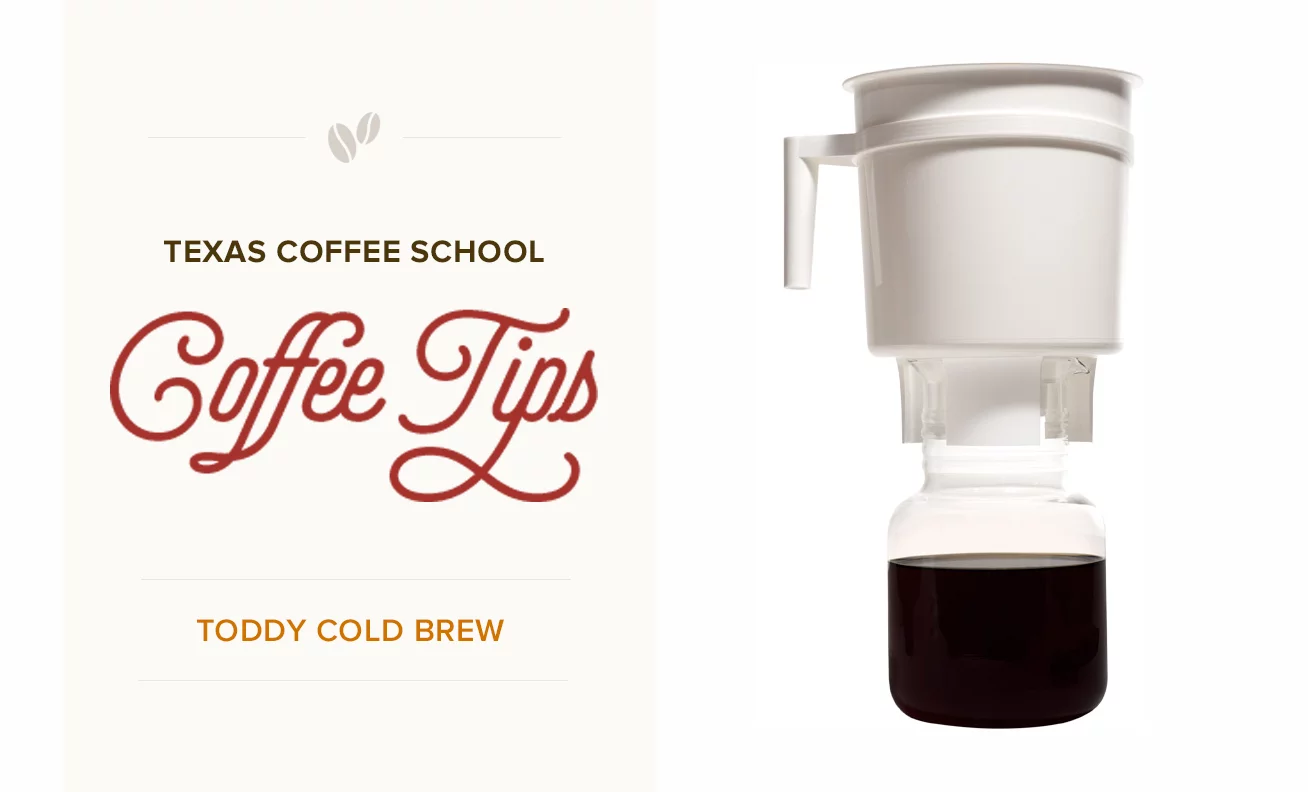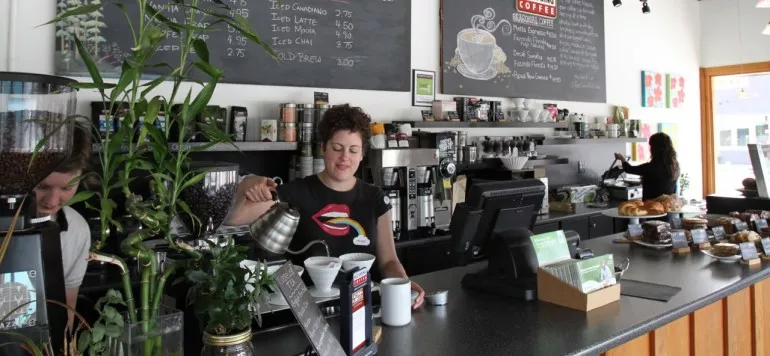By now, for coffee professionals and café owners, there is a better than likely chance they’ve heard the phrase “Coffee is 98% water.” Does this really mean anything? If so, what action does it illicit from people?
As the Specialty Coffee representative for a commercial water treatment manufacturer, I work with café owners, coffee roasters, coffee equipment manufacturers, equipment distributors, service techs and baristas every day. Without question, the single largest problem I find across all of these groups is the negative side effects that water has on their equipment and coffee. The reality is that water affects every aspect of a café’s business. It has the ability to diminish the performance and life of their equipment (through scale and corrosion), and interfere with the quality of the drinks they are serving their customers (via taste and odor). Unfortunately, this problem is the most common…despite knowing coffee is 98% water…because people don’t care about water.
No one looking to work in coffee or open their own café is doing so because they love water. Additionally, given the scope of their daily responsibilities paying attention to and monitoring the water quality is not too high on the list of priorities. Yet, as this craft industry continues to raise the bar with regard to education, quality and product the need to effectively control coffee’s biggest variable also deepens.
So when it comes time to build a new café why is water continuing to seemingly be ignored? There are three common reasons:
- Water is an after thought that is not planned for spatially or budget for financially
- Water chemistry is too complex and not easily understood
- Water filtration is considered a cost of doing business rather than a measure of quality control
The primary problem with having these approaches to water is that de-prioritizing and/or misapplying the type of water filtration you use will have a pronounced impact on a coffee shop’s business.
The most common water quality problem we see within the coffee industry is scaled up equipment. Water is super-heated to high temperatures inside coffee and espresso equipment, and this makes the calcium carbonate minerals (which are among the most common of dissolved solids in water) very unhappy. Calcium carbonate has what is known as “reverse solubility.” Which causes it to precipitate out of solution back into its original state; which in this case, is rock. That is why scale inside equipment looks like a bunch of rocks. One-eighth inch of scale impedes energy transfer by 25%, causing the equipment to use more energy and work harder to reach desired temperatures. Furthermore, this scale can collect on fill and conductivity probes causing them to malfunction. The standard cost for an espresso machine de-scale can be anywhere from $500 to $750, and you can see how this can add up over time as more water flows through this equipment.
The most damaging water quality problem that affects equipment is corrosion. This occurs when water becomes aggressive and begins leaching and oxidizing the metals it contacts inside the equipment. Once the metal surfaces of equipment have been “weakened” and the oxidation begins to occur nothing can be done from preventing it to continue. It’s very similar to a crack in your windshield. Once the glass has been chipped, it will only continue to spread over time. The cost associated with corrosion is extremely expensive because it requires the replacement of parts (such as boilers, group heads, etc.), ultimately leading to shortened equipment life.
Then there’s the impact of water on beverage quality. Coffee is very much a sensory experience, namely taste and smell. Have you had tasty, good smelling tap water lately? Not using filters, or not changing them on time, is the quickest way to diminish these sensory experiences. Moreover, too much or not enough TDS (Total Dissolved Solids – all the contaminants water dissolved on its way to your tap) can cause a poor coffee extraction. Too much TDS can cause the coffee to taste thick and chalky, and not enough TDS can cause the cause to be bitter and astringent. Identifying the right filtration can prevent these beverage quality problems from occurring.
So knowing all of this about water how do you go about choosing the right treatment? The big trend with regard to water in Specialty Coffee is reverse osmosis, either via blending or re-mineralization. These are the two primary types of systems that have to ability to remove and control all of the TDS contaminants in water. However, they are also the most costly and spatially demanding types of treatment. For that reason, other forms of filtration (such as scale inhibition and softening) are commonly used as well. Rather than trying to be the water expert on knowing when and what type of water treatment to purchase, it is always best to find a distributor or water filtration provider that can partner with you to ensure you make the most informed and appropriate decision.
Between a three group, traditional espresso machine, five gallon hot water tower and a drip coffee brewer a new café owner can expect to spend about $15,000 to $30,000. Then, say they start with 100 pounds of coffee per month (at $10/pound) that’s another $1,000 per month. At this level of investment, knowing that water quality directly impacts all of these, it would be a shame not to properly protect your investments. It is the equivalent of buying a brand new Mercedes and never changing the oil. With regard to water quality it can be said as, “Pay me now or pay me later.” You will always have a lower cost of ownership and higher quality product by purchasing the right water treatment system on the front end and routinely changing your filters.
